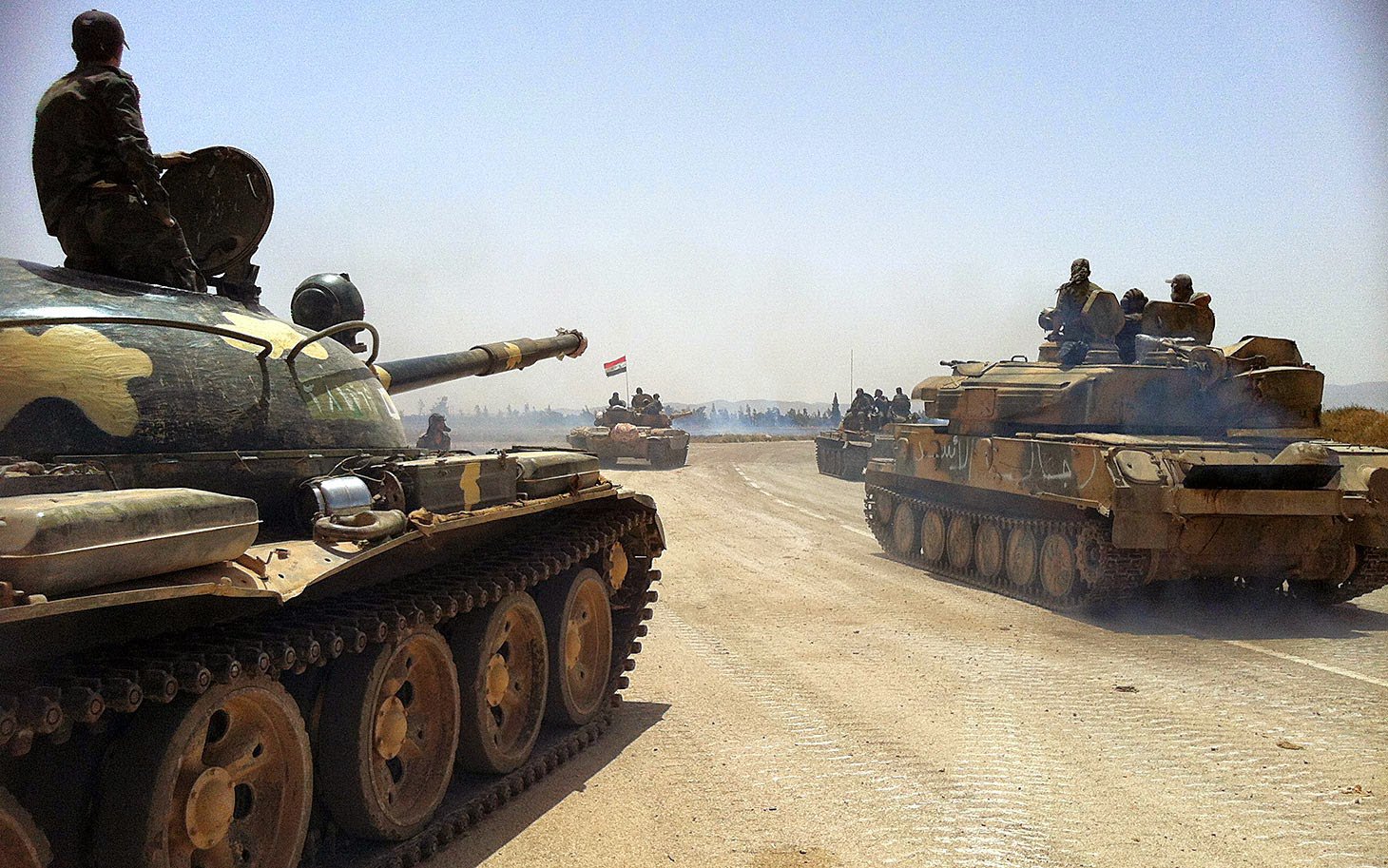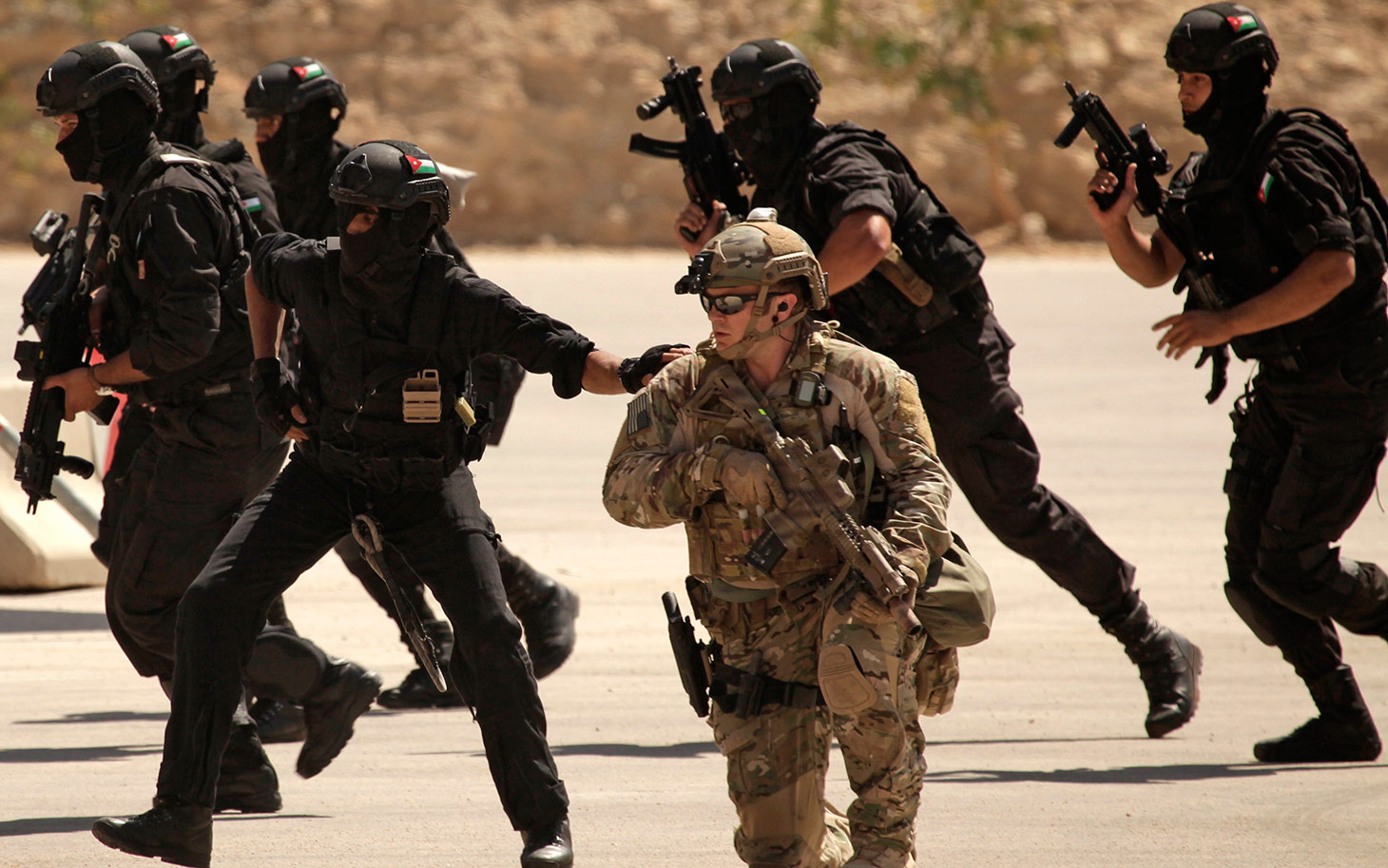
The Moldova/Transnistria Situation Reports (SitReps) are a response to the latest intelligence that Russia plans to overthrow the democratically elected government in Chisinau and maintain the threat of Transnistria high for Ukraine. Drawing from open-source information (OSINF), the newsletter will provide periodic updates on security-relevant developments and analysis. (see previous updates: four, three, two, and one + our T-Intelligence threatcast on Russian military intentions to link up with Transnistria).
ASSESSMENT
- There has been no increase in risk for Moldova since the last update. There are also no signs of escalation, nor was there any serious incident between Moldova, Transnistria, and Russia in the past three weeks.
- Chisinau continues diplomatic efforts to rally international attention to the Russian threat to Moldovan national security while slowly improving its armed forces through training and Western-assisted capacity building.
- Russia issues periodic veiled threats to Moldova and continues to dangle the Transnistrian threat whenever necessary.
SITREP (27 March-24 April 2023):
The Moldovan Ministry of Defense (MOD) signed a memorandum of understanding (MOU) with the Estonian Defense Investment Center (DIC) on 14 April 2023. Moldovan MOD Undersecretary Sergiu Plop and DIC Director-general Magnus-Valdemar Saar signed the MOU.
- Estonia’s DIC will assist Moldova in absorbing the European Union funds for defense modernization and handle the procurement on the MOD’s behalf. The procurement programs are expected to include ground-based radars, command & control systems, tactical communications, and mobility.
Moldovan peacekeepers assigned to the 22nd “Blue Helmets” Battalion are conducting training exercises from 10-14 April. The unit rehearses tactics and techniques regularly employed while on patrol in the Dniester Valley Security Zone. Piranha-3 H armored personnel carriers have featured during the exercise.
Moldovan Defense Minister Anatolie Nosatîi joined his Romanian and Ukrainian counterparts at the Black Sea Security Conference in Bucharest on 13 April. Organized by the Romanian and Ukrainian Defense and Foreign Ministries, the conference is the first high-level diplomatic forum dedicated to the Black Sea. The Moldovan, Romanian, and Ukrainian foreign ministers also held a trilateral meeting to discuss regional security issues.
The Moldovan MOD received a delegation of NATO experts to discuss the implementation of the Defense Capacity Building Initiative (DCBI). The talks also included the General Staff and the Moldovan National Army (MNA). NATO’s DCBI package for Moldova includes direct subject matter expert support to Moldovan defense professionals in modernizing the MNA.
- NATO’s DCBI for Moldova predates the current tensions and began in 2020. Soon afterward, NATO opened a small office in Chisinau to liaise with Moldovan authorities over the implementation of the DCBI package.
The Moldovan MOD received the Romanian ambassador to Chisinau to review the Moldo-Romanian defense cooperation on 12 April. During the meeting, the officials discussed Romania’s support for Moldova in strengthening defense capabilities, including through the European Union Initiative EPF (European Peace Facility), NATO Trust Funds, and bilateral defense-industry cooperation.
Moldovan reservists attached to the “Stephen the Great” motorized rifle brigade (MRB) concluded readiness check exercises on 7 April. The reservist verification drills lasted five days and were carried out in accordance with the MNA’s 2023 training schedule.
- Earlier in March, Moldova summoned reservists to participate in a yearly readiness check. As opposed to 2022, when the MOD organized only two months of exercises, this year’s training period expanded to four months. Moldova’s reservist verification drills will continue for the rest of April, May, June, and September.
The joint military drills between Moldovan, Romanian, British, and U.S. troops also concluded on 7 April. The exercises, called Joint Combined Exchange Training (JCET-2023), enabled the personnel to exchange experience and increase the level of interoperability between participating contingents. Initiated on 27 March, JCET-2023 included combat shooting, parachute jumps, and other specialized training tasks.
The joint military drills between Moldovan, Romanian, British, and U.S. troops also concluded on 7 April. The exercises, called Joint Combined Exchange Training (JCET-2023), enabled the personnel to exchange experience and increase the level of interoperability between participating contingents. JCET-2023 included combat shooting, parachute jumps, and other specialized training tasks. The exercise began on 27 March.
- JCET-2023 had been scheduled months in advance in the MNA’s training cycle for 2023. It was not a spontaneous drill that came as a reaction to the current tensions in Moldova. The MNA’s “Lightning” Special Assignment Battalion has participated in JCET since 2019.
- Moldovan officials warned citizens they might see military vehicles moving from the bases to the training centers and had asked them “not to speculate on the exercise.”
Parliamentarians from the so-called Pridnestrovian Moldovan Republic (PMR) and the Russian Federation held an online roundtable to discuss the ongoing security situation on “both sides of the Dniester” on 6 April. The Transnistrian delegates used this opportunity to complain about Moldova, accusing it of “wanting to join NATO” and militarizing – a likely exaggeration of Moldova’s plan to modernize its military. The PMR also complained about the recent law on separatism passed in Chisinau and the ban on some Russian TV channels.
- The Russian attendees were Vladimir Dzhabarov, First Deputy Chairman of the Committee on International Affairs, Farit Mukhametshin, Deputy Chairman of the Committee on International Affairs, and Sergei Kolbin, member of the Committee on Defense and Security. Pridnestrovian deputies and Foreign Minister Vitaly Ignatiev contacted Moscow via video link.
- Inter-parliamentary roundtable is a new bilateral dialogue established during the visit of Transnistrian “parliamentarians” to Moscow in early 2023.
- Russian Colonel Dimitri Zelenkov, commander of the Operational Group of Russian Forces (OGRF), held a “military-political training session” on 4 April 2022. The session was attended by all OGRF personnel. While little information is available, the event appears to have been a briefing delivered by Col. Zelenkov on the “main development directions of the Russian Armed Forces” and “particularities of the political-military situation in the region.” The latter was most likely hinting at Russia’s war in Ukraine and growing tensions in Moldova and Transnistria.
Moldova’s “Stephen the Great” MRB participated in the Fire Shield 2023 exercise in Romania on 3 April. The Moldovan forces trained alongside Romanian artillery units at the Smardan firing range. Moldova’s participation in Fire Shield was planned into the military’s training cycle for 2023.
Moldova remains unconvinced by Transnistria’s claims that it foiled a terror plot in Tiraspol. The delegation of the Republic of Moldova to the Joint Control Commission (JOC) drew attention to “some mechanisms of the peacekeeping operation that were violated by the Transnistrian force structures.” Moldova argued that according to set protocols, the PMR should have notified the command of the peacekeeping force to document the incident. In addition, Moldova complained that the PMR has not provided any concrete, verifiable information regarding the supposed terror plot.
Over 500 soldiers from the Russian OGRF in Transnistria underwent readiness check exercises on 29 March. The Russian soldiers conducted standard tactical exercises and engineering procedures, but also chemical, biological, radiological, and nuclear (CBRN) protection. The Russian MOD statement said “special attention” was paid to the newly arrived contract soldiers.
Russian Foreign Minister Sergei Lavrov issued a statement re-emphasizing that Russia is “responsible for Russian citizens in Transnistria” on 28 March. Lavrov’s statement came in the context of the alleged terrorist plot foiled by Transnistrian separatists in Tiraspol.
Moldova calls for the European Union and the United States to receive mediator status in the Transnistria negotiations. Negotiations between Moldova and Transnistria are held through the 5+2 format. Russia and Ukraine act as guarantors, the OSCE mediates, while the European Union and the U.S. are observers.
DISCLAIMER: This report first appeared on Linkedin on 14 April 2023.
Founder of T-Intelligence. OSINT analyst & instructor, with experience in defense intelligence (private sector), armed conflicts, and geopolitical flashpoints.


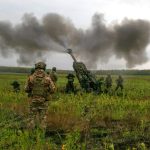


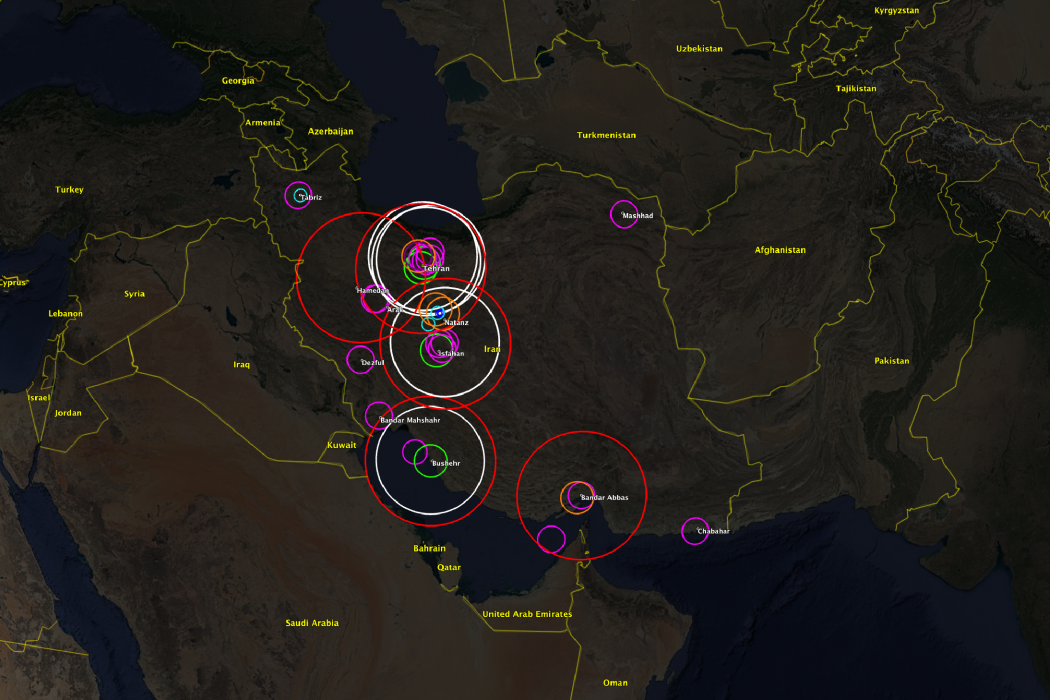

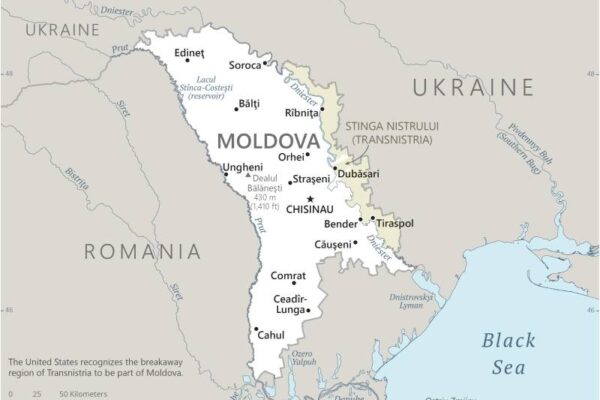
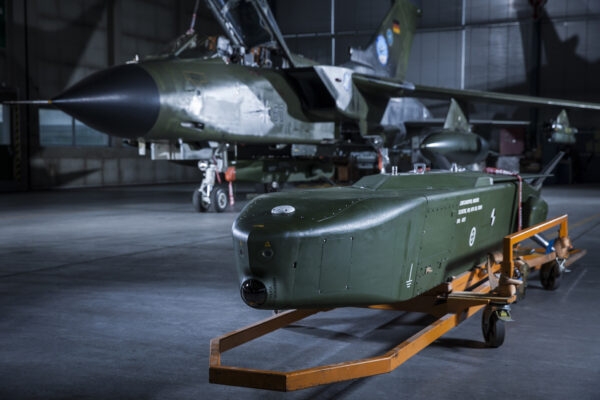
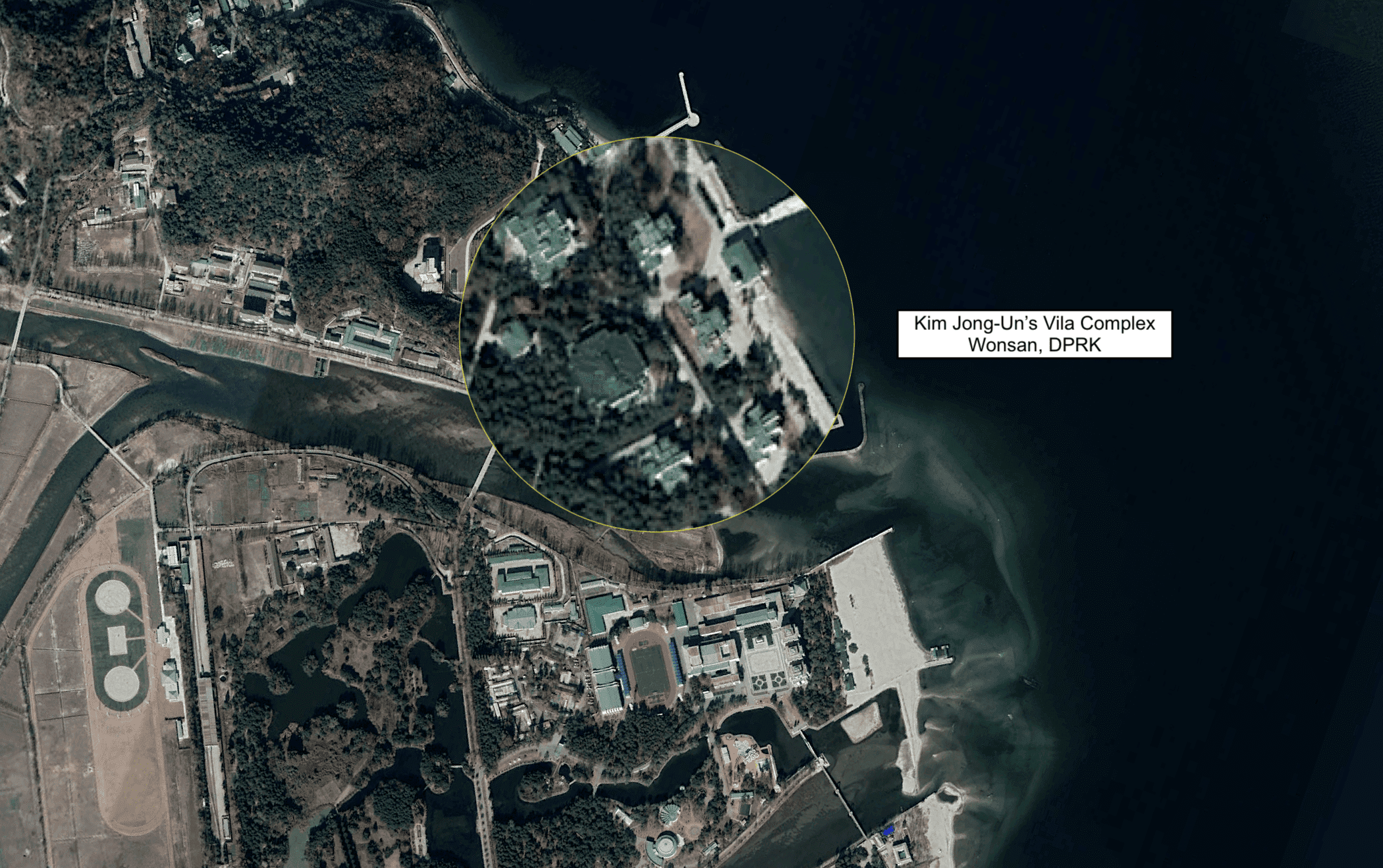


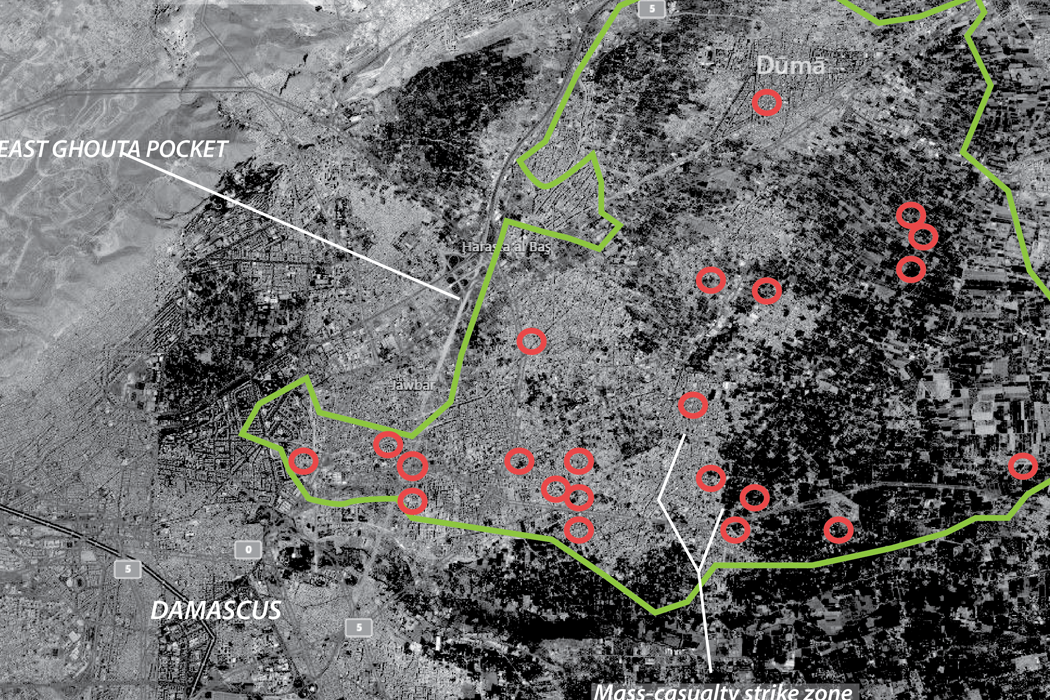
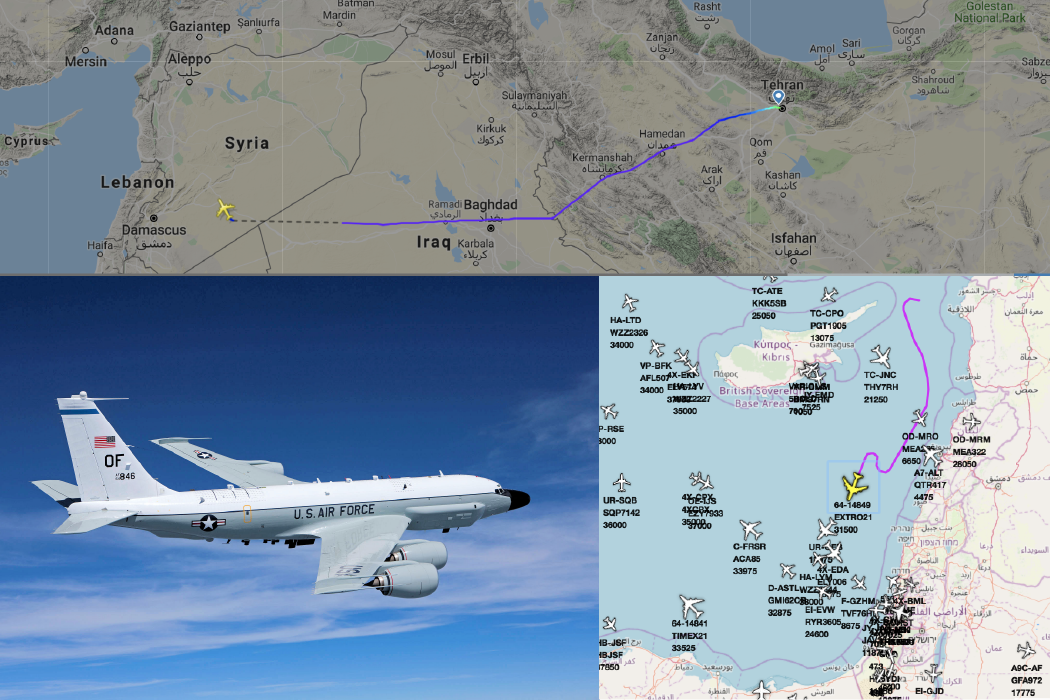
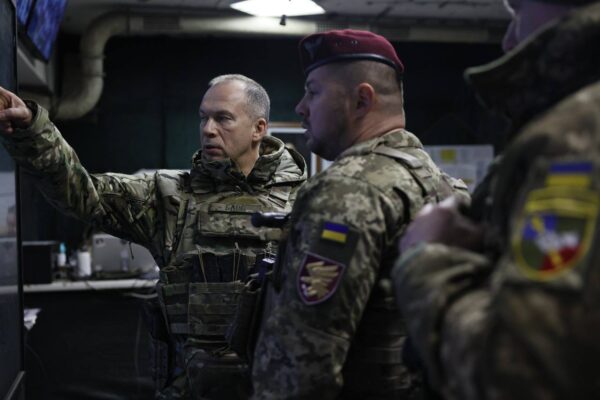

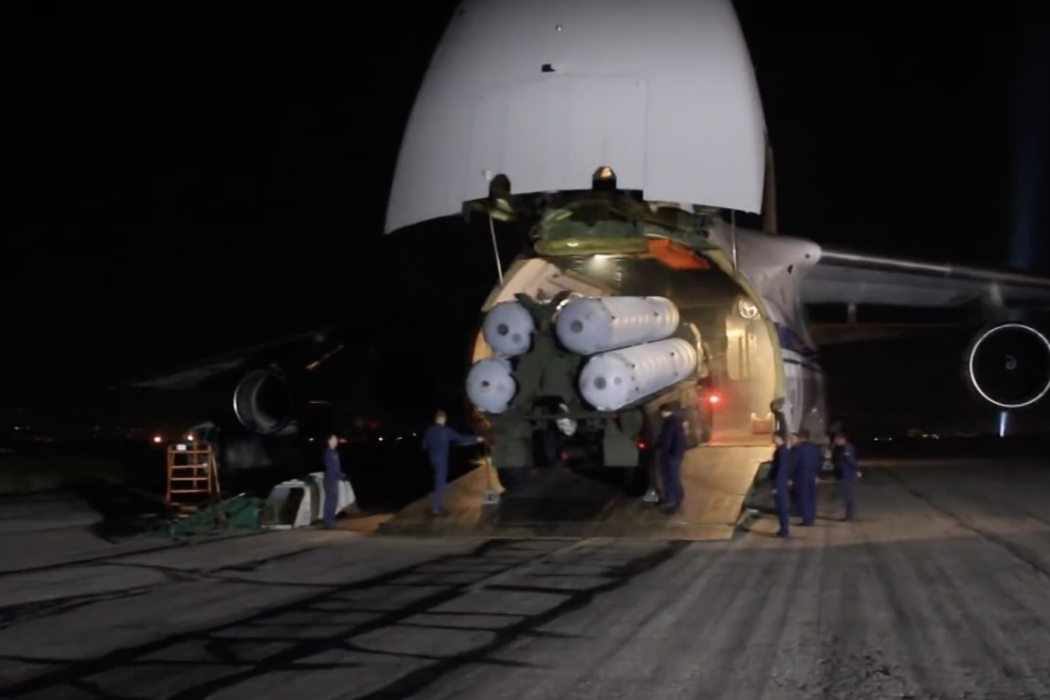
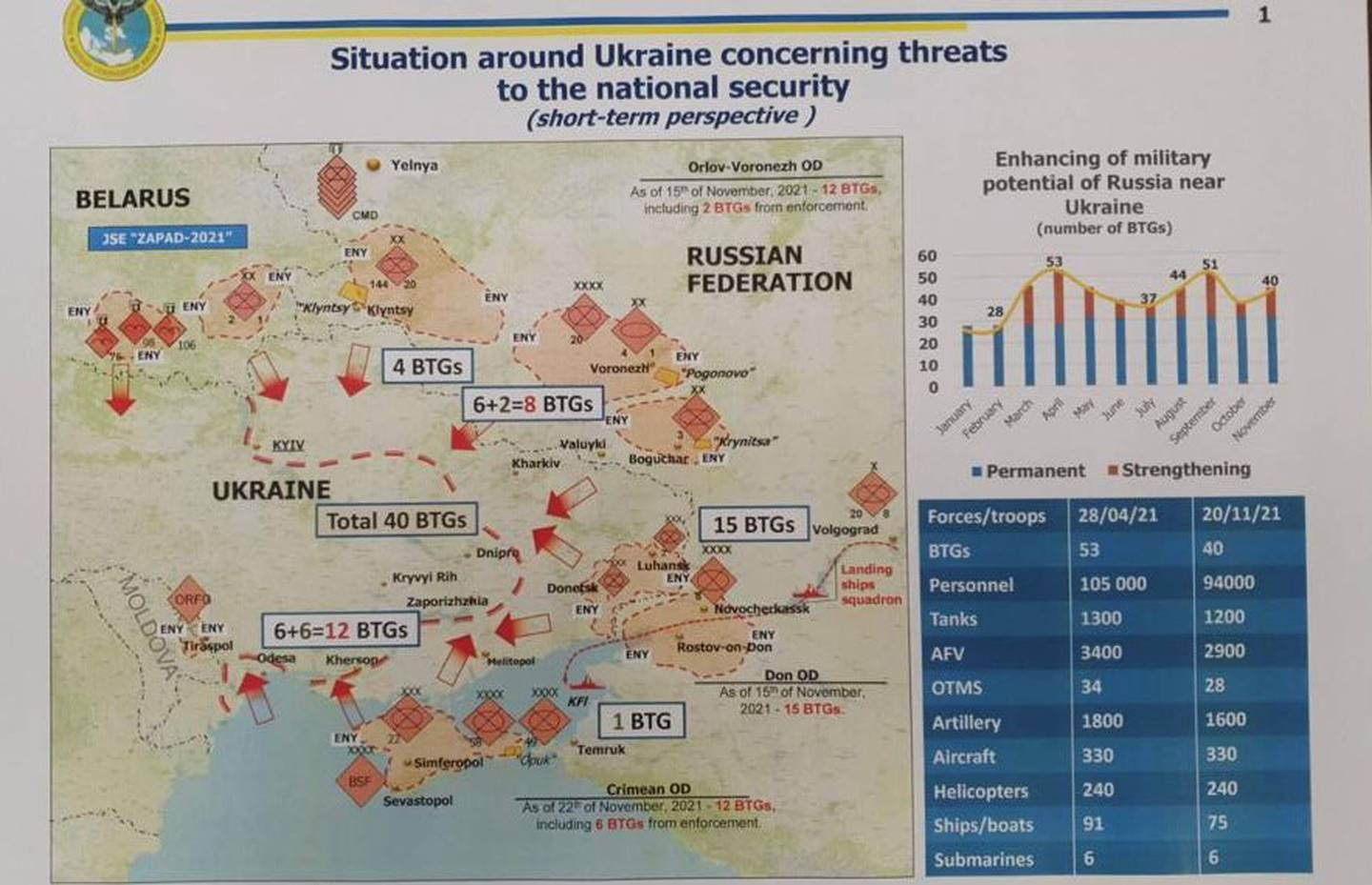
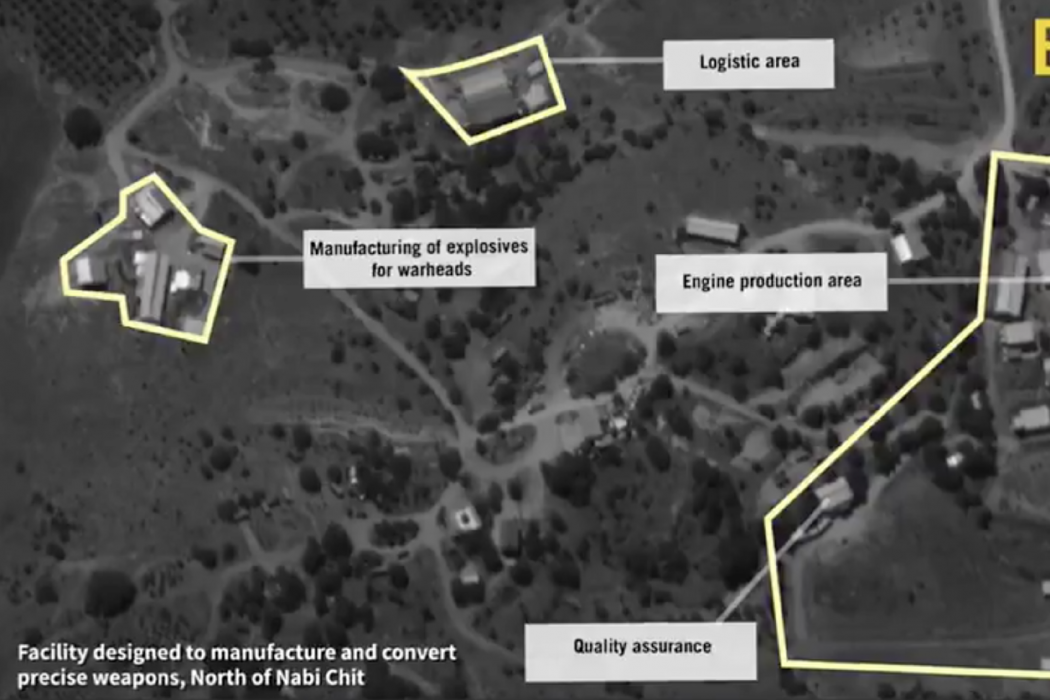
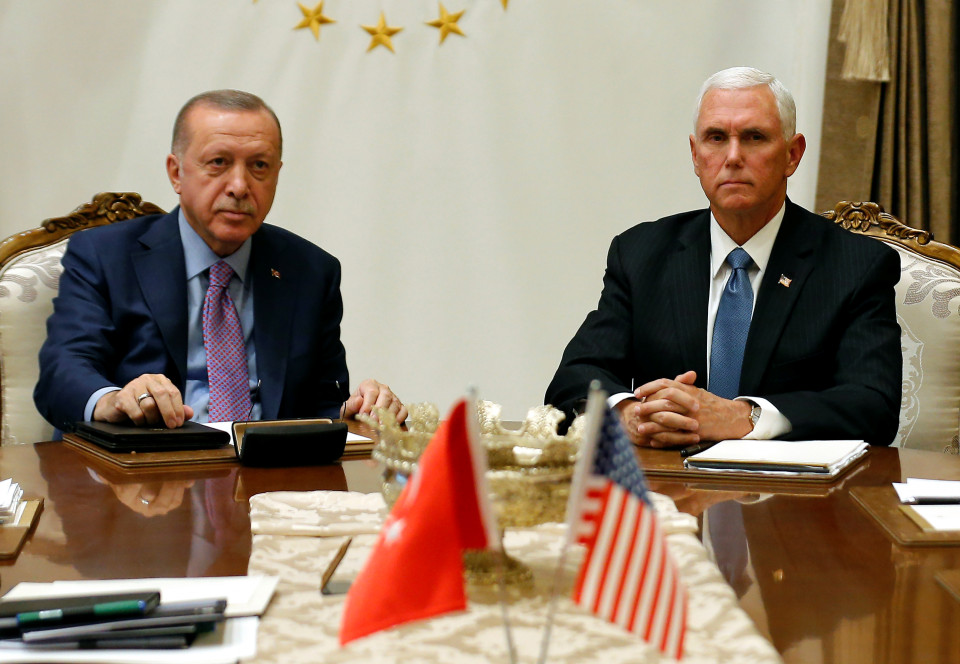
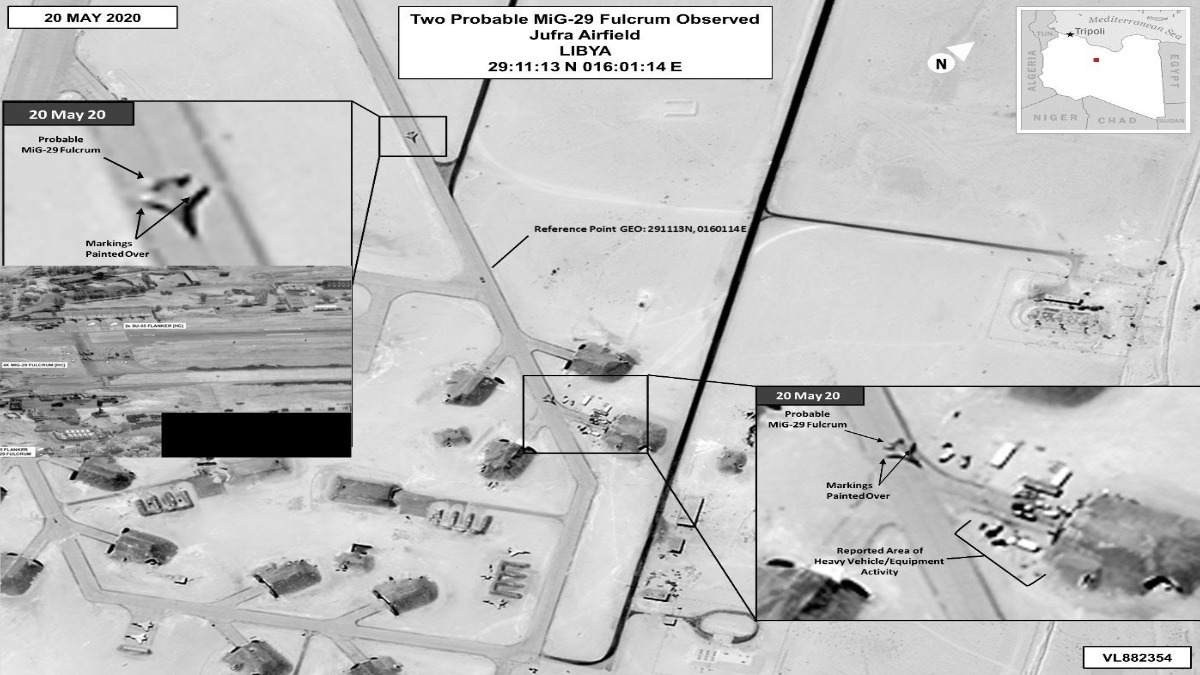
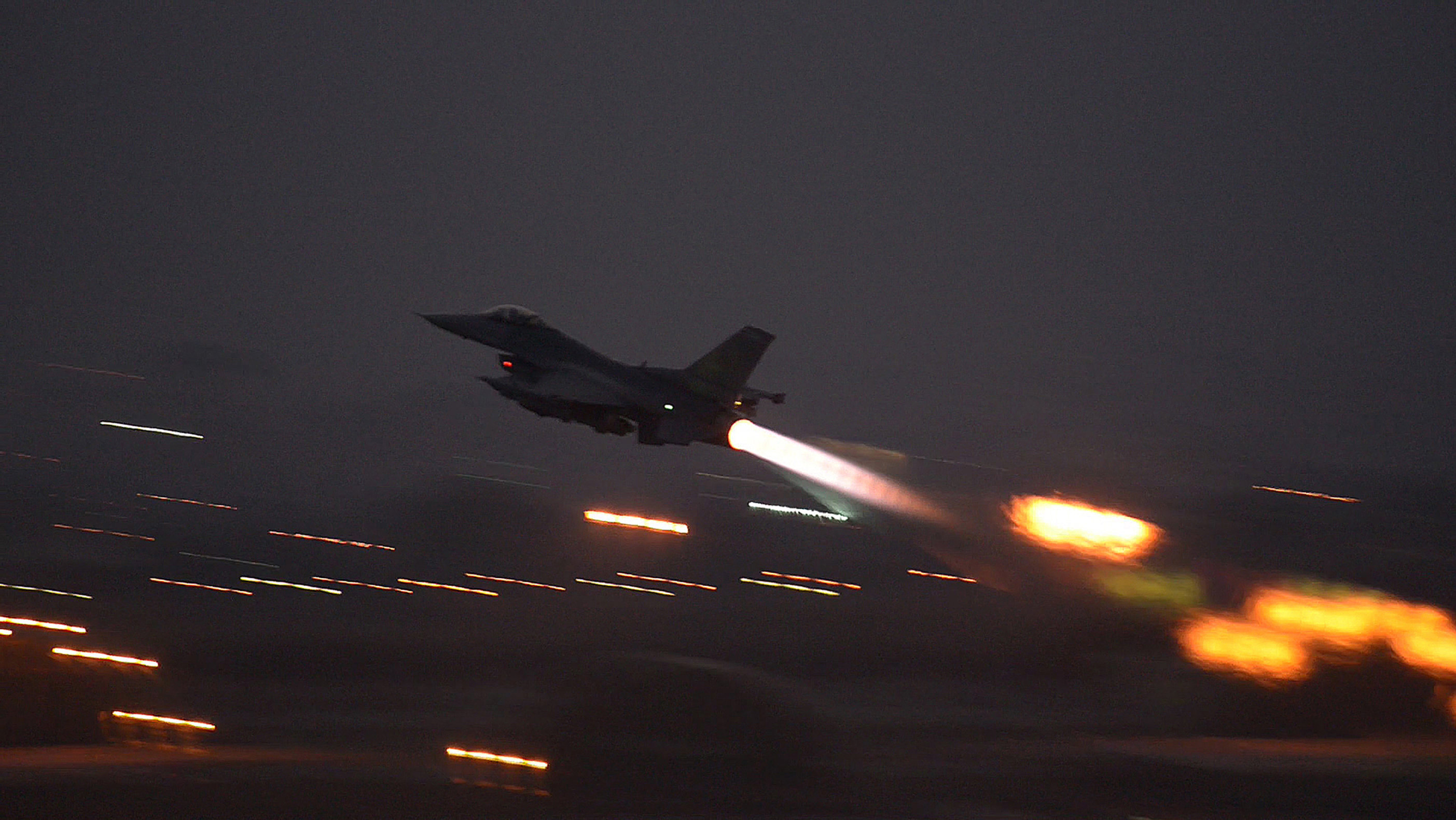
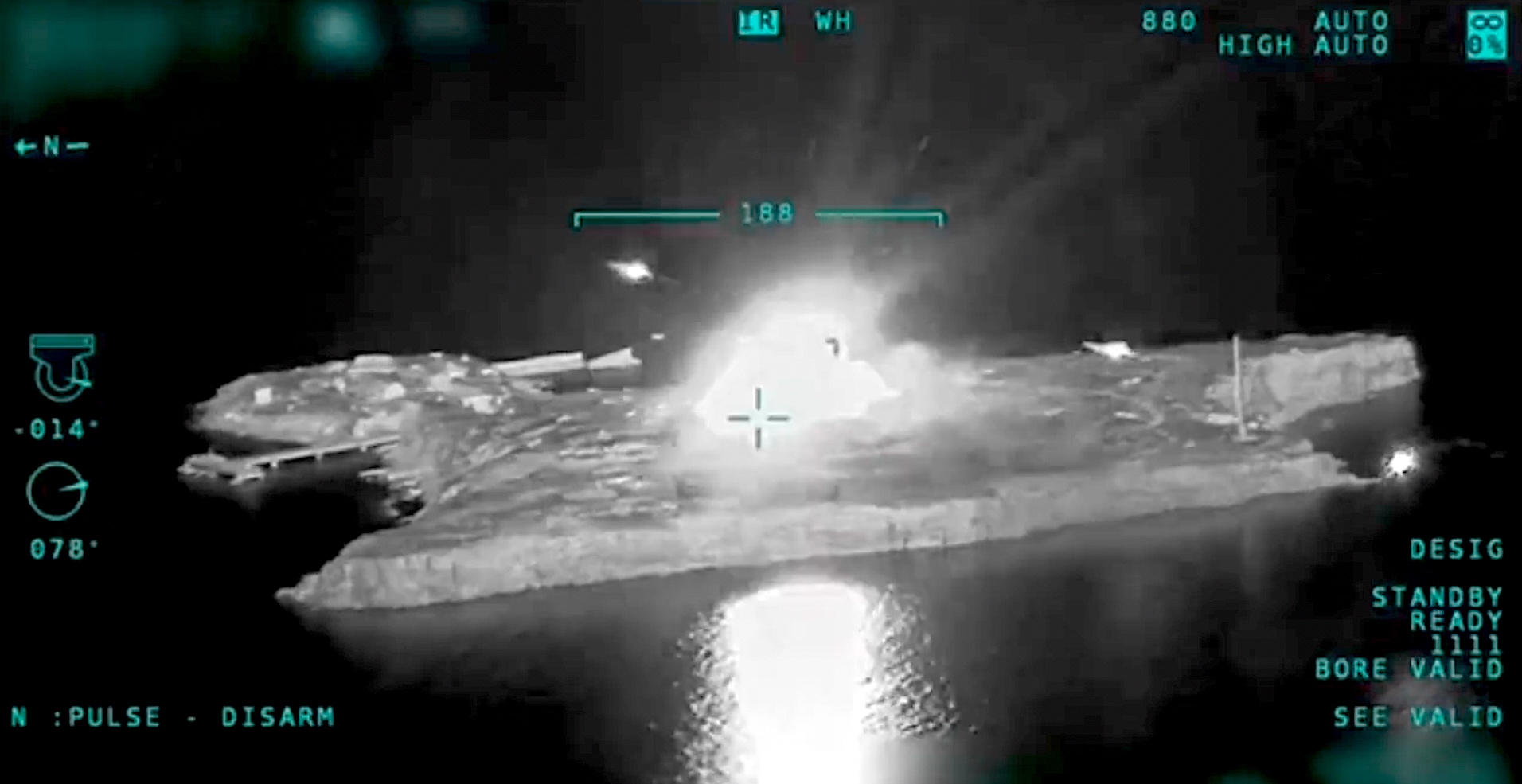
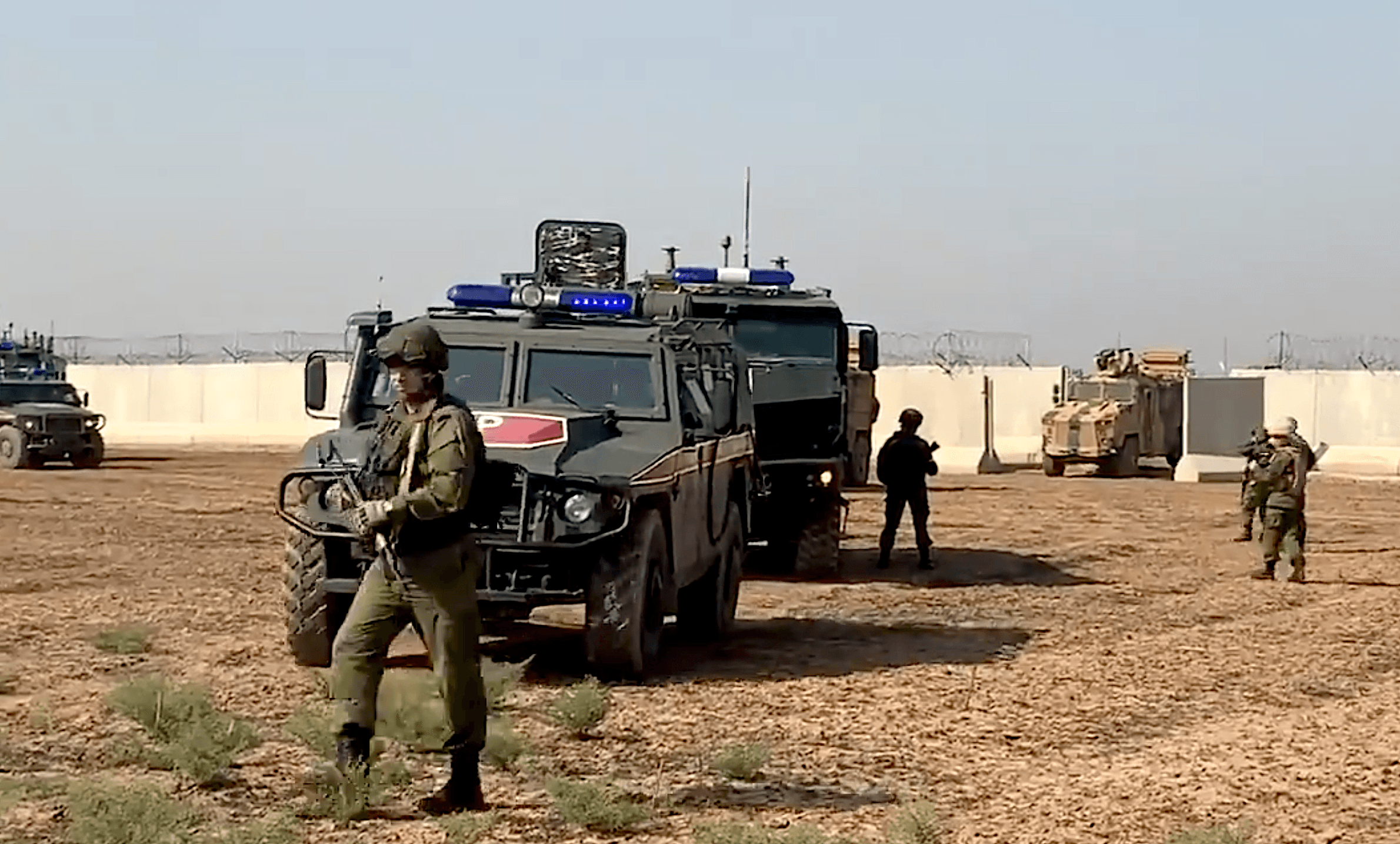
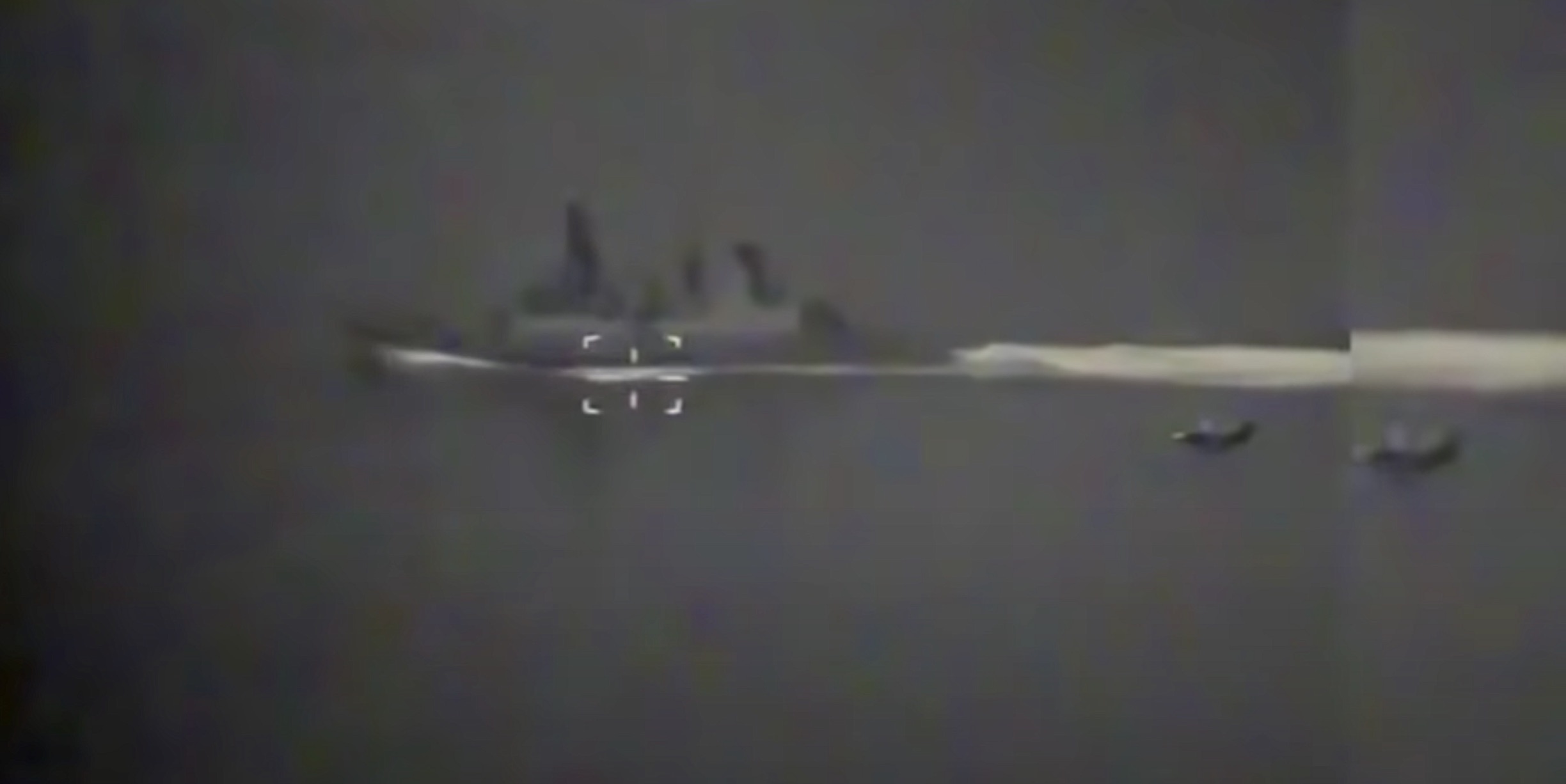
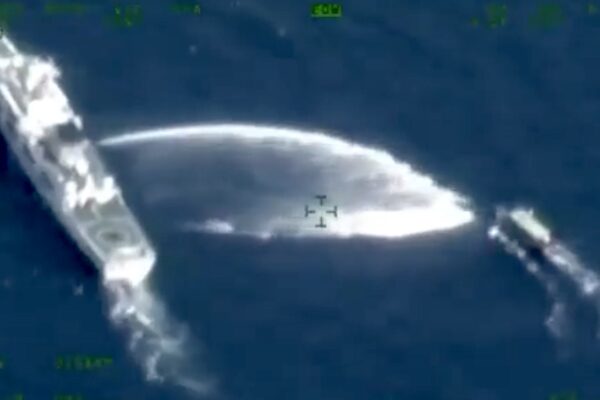
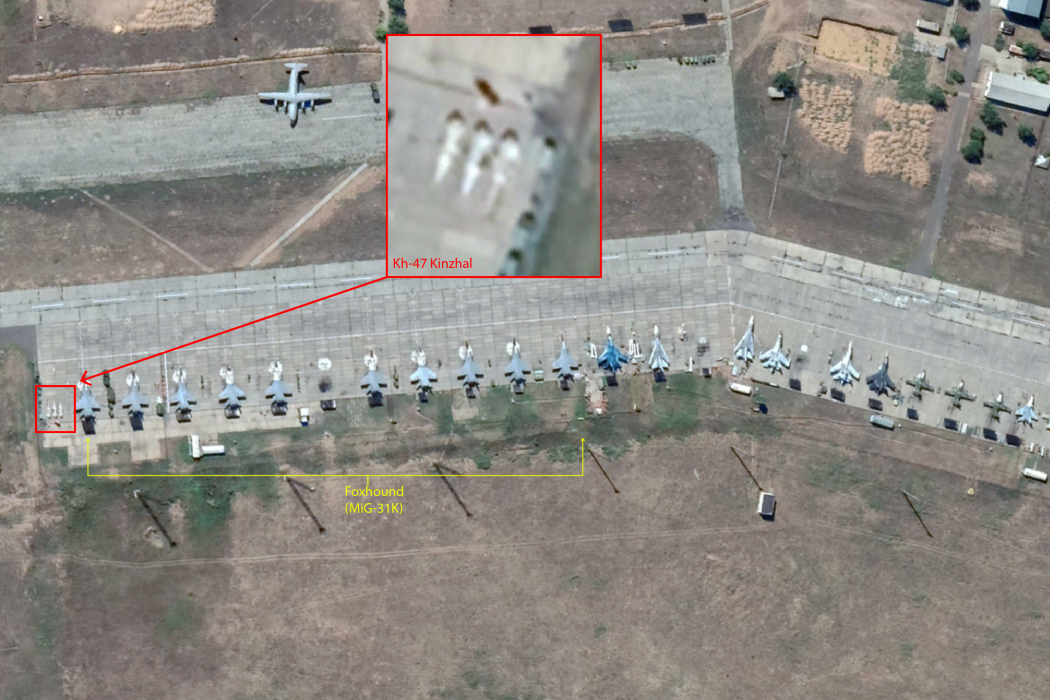


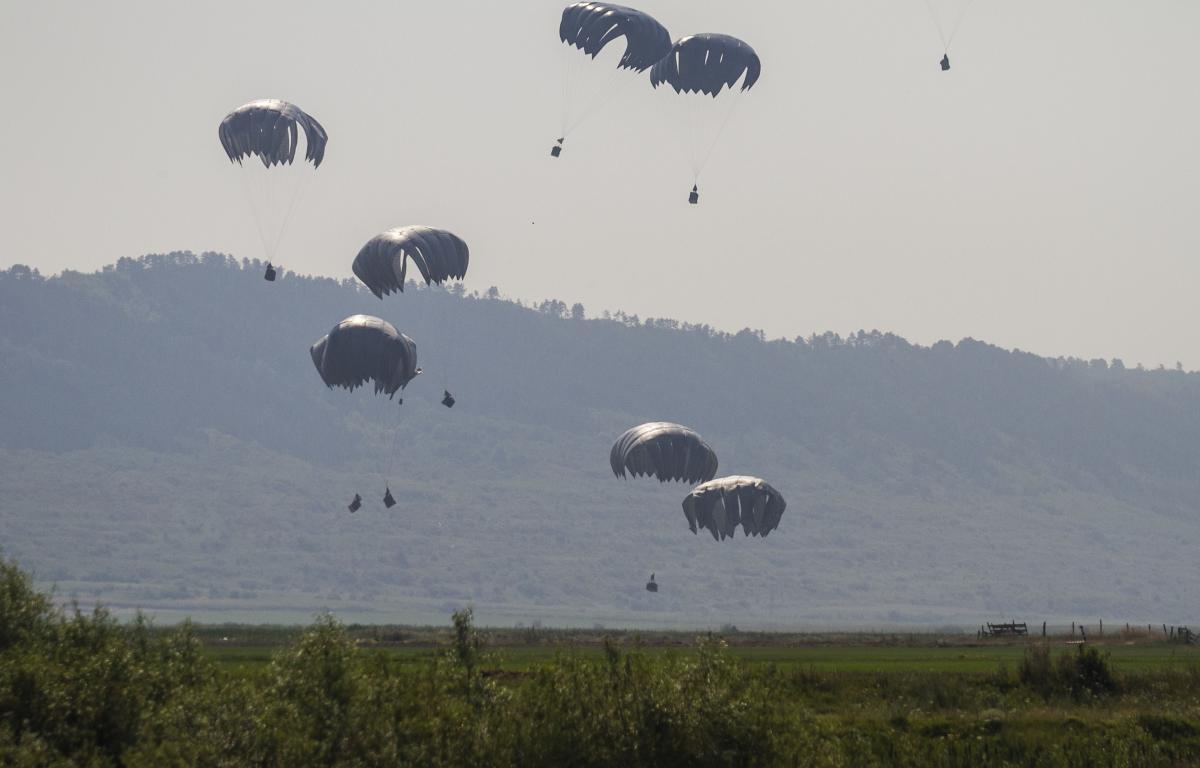
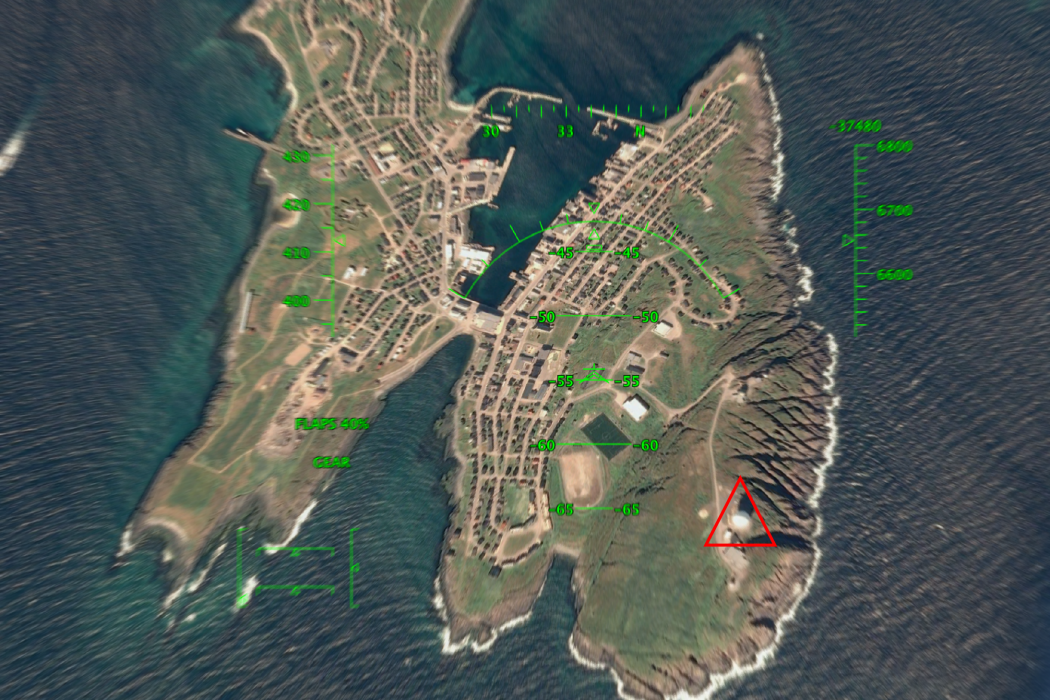

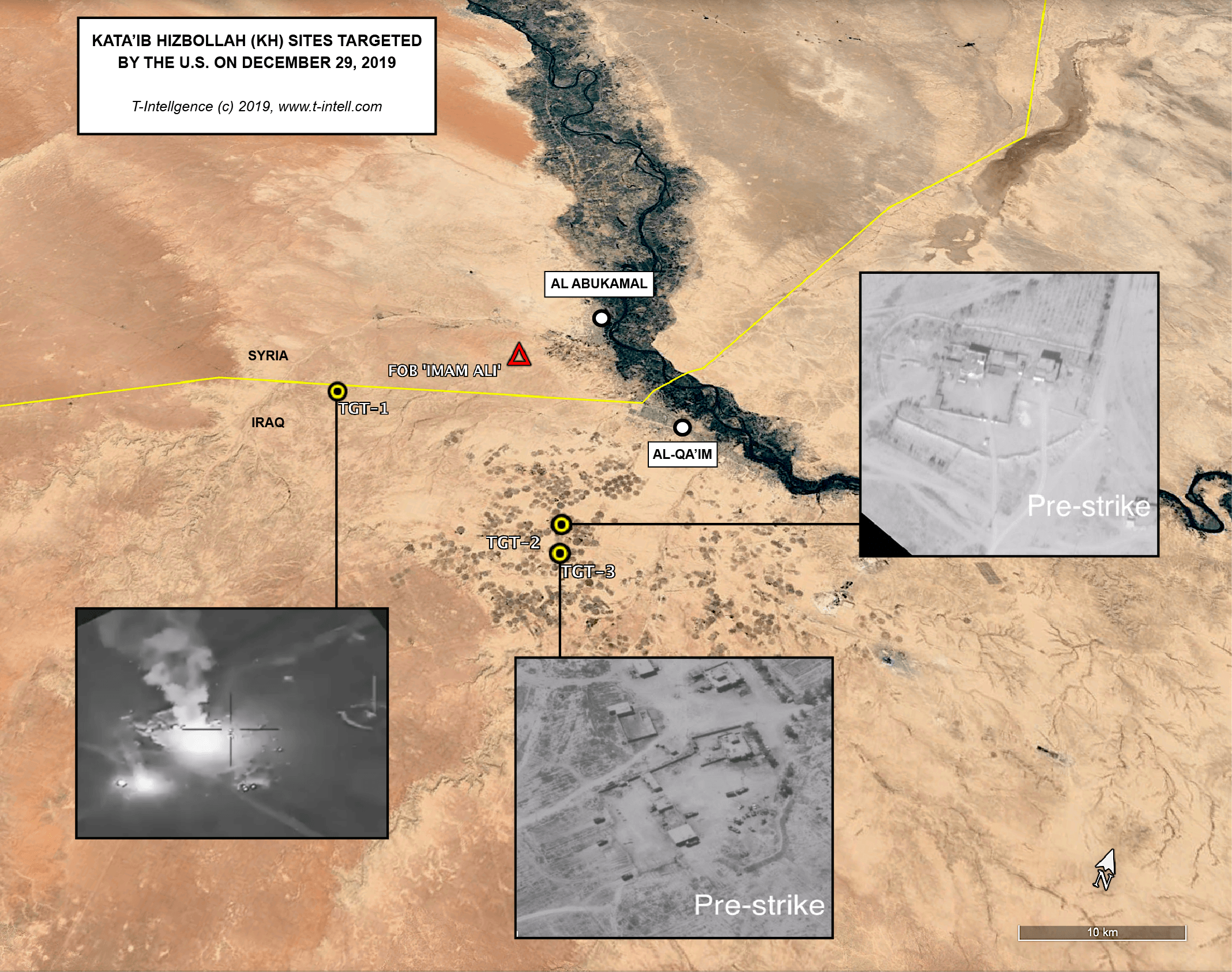
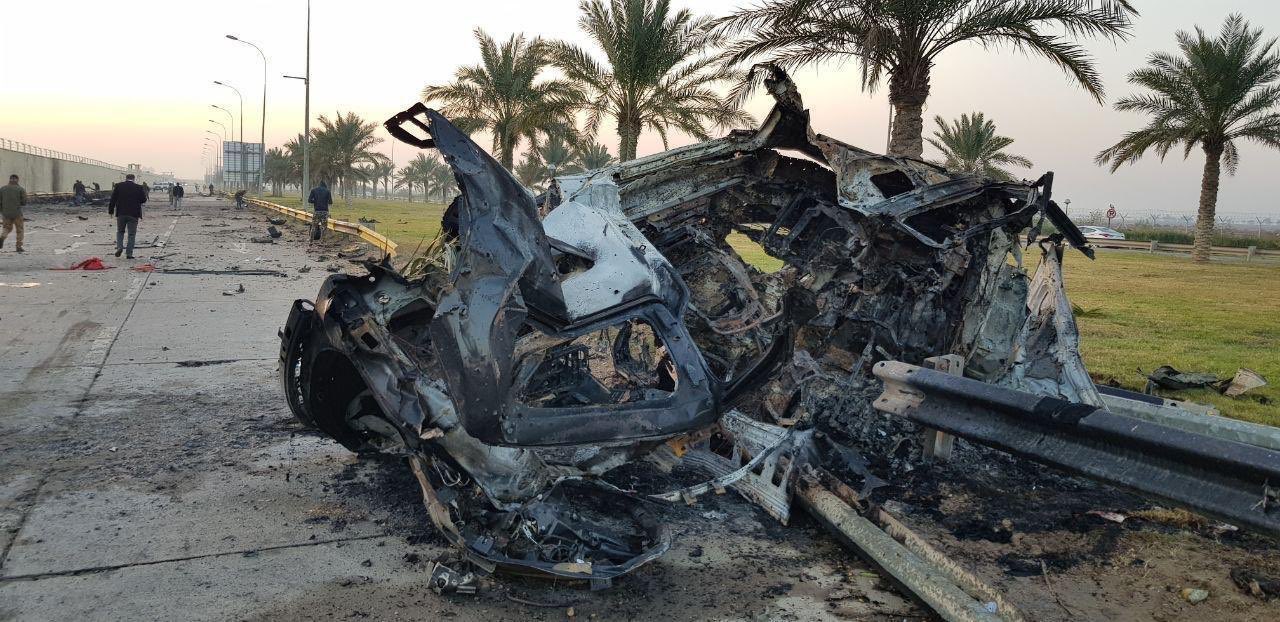
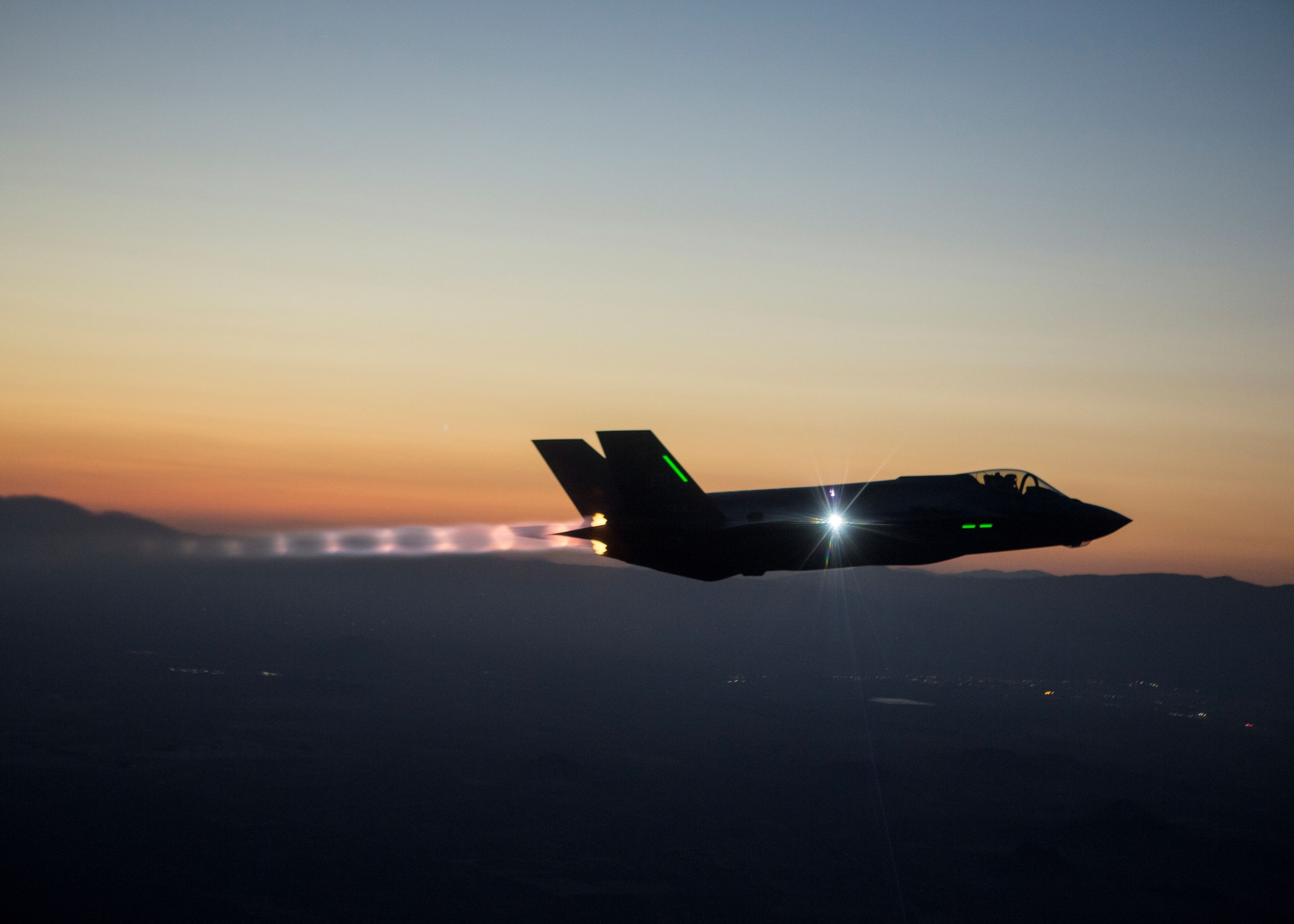
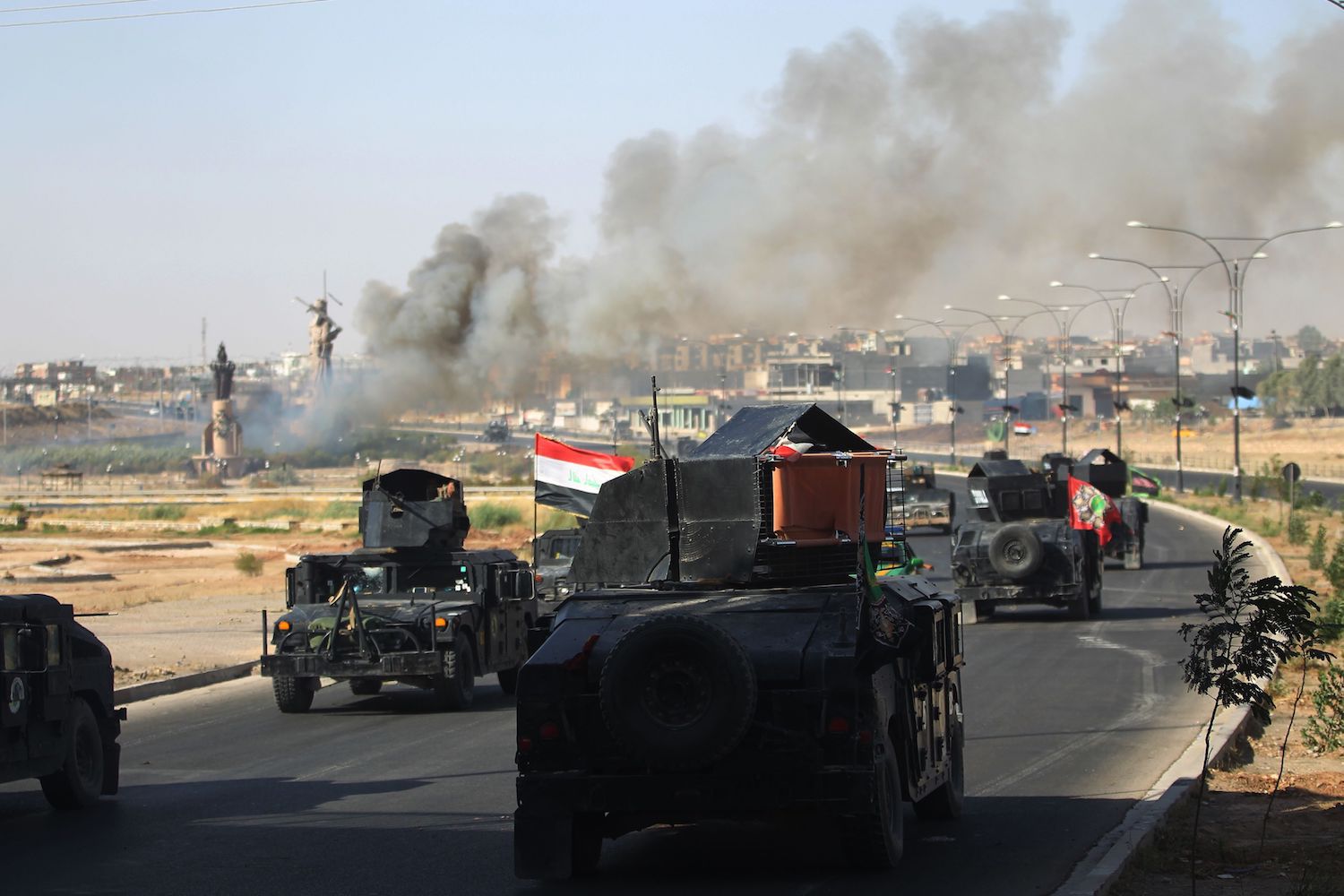
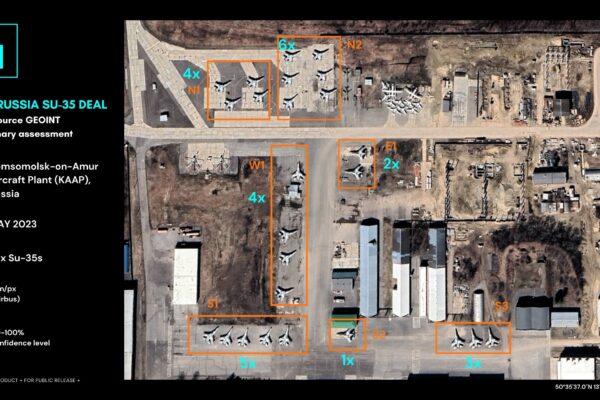


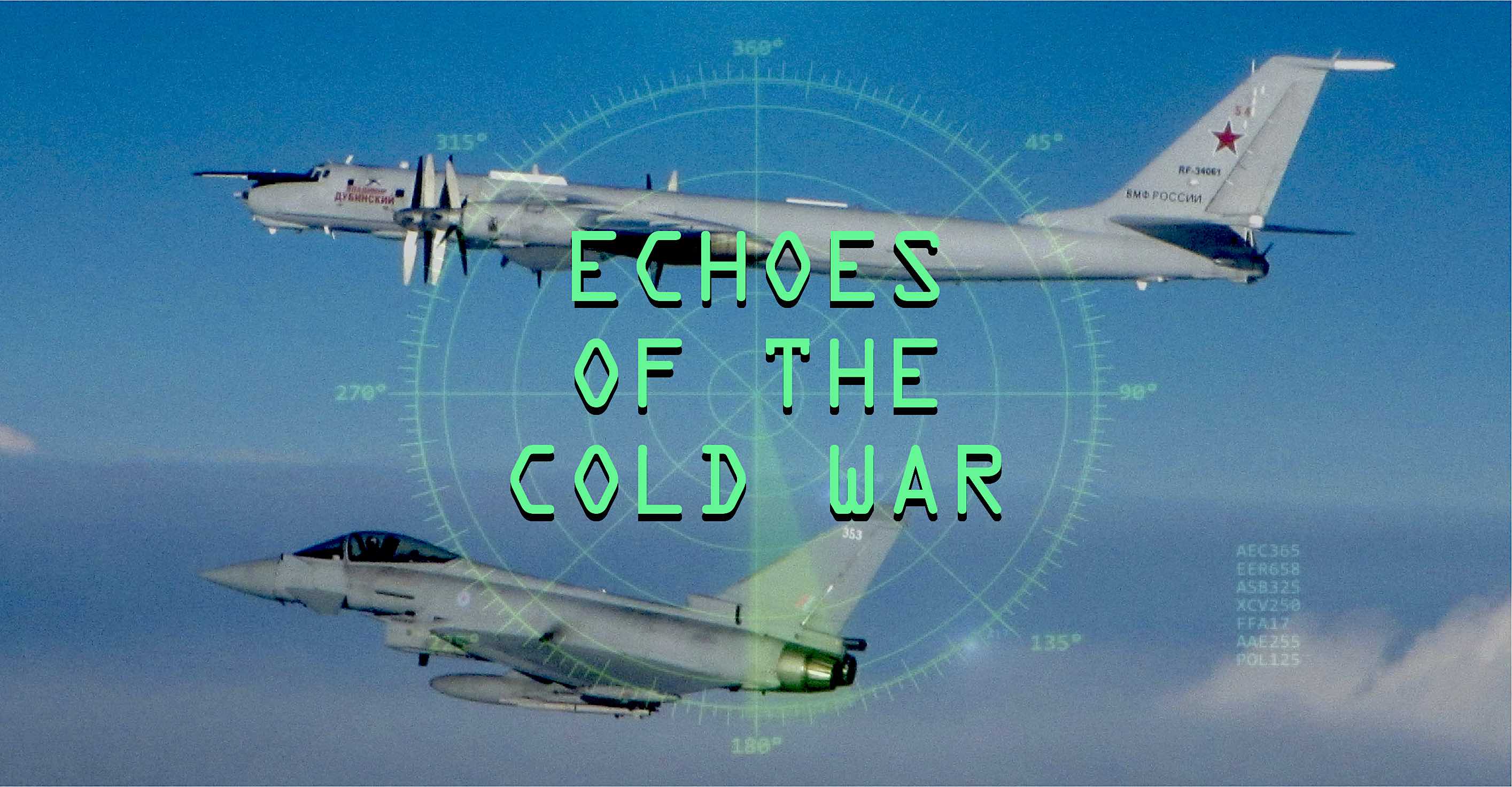
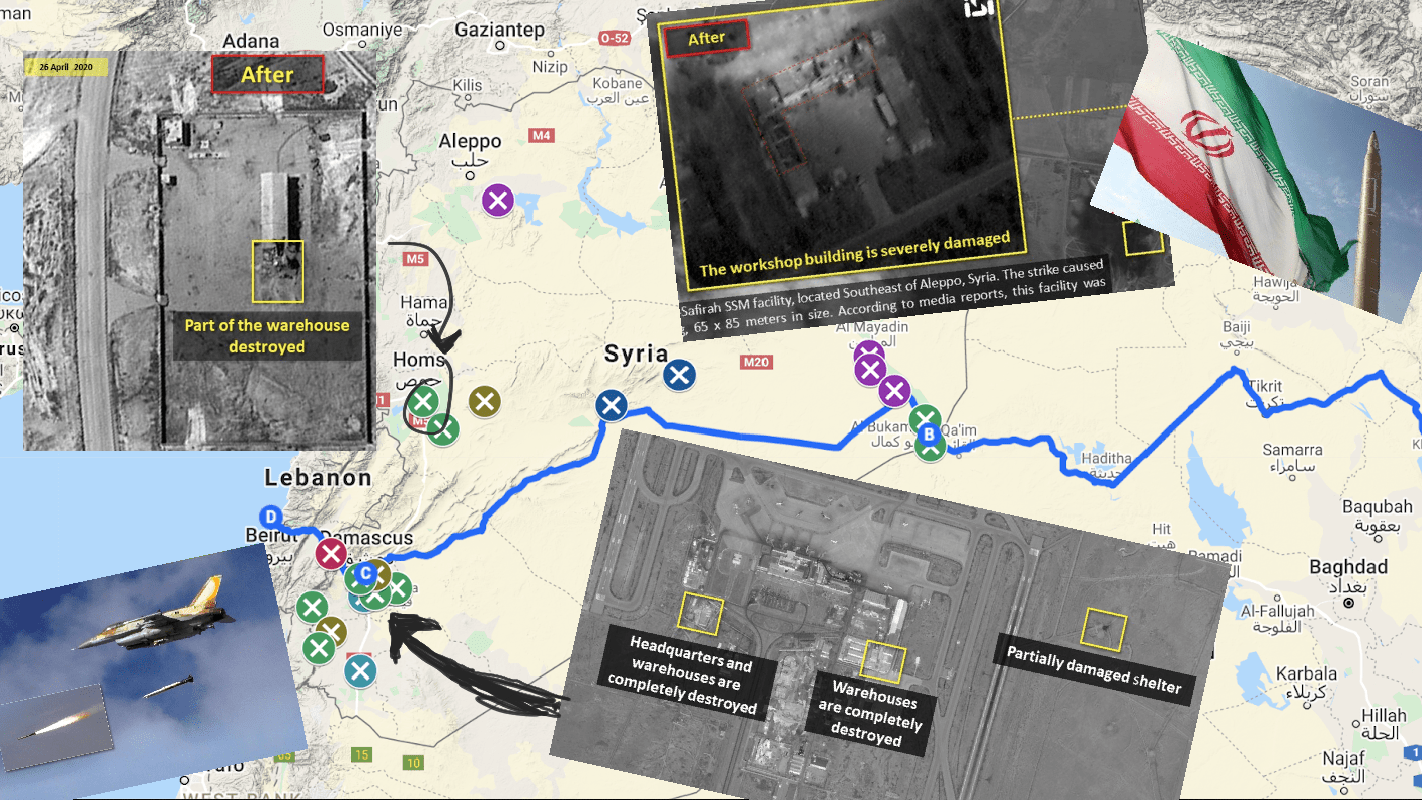
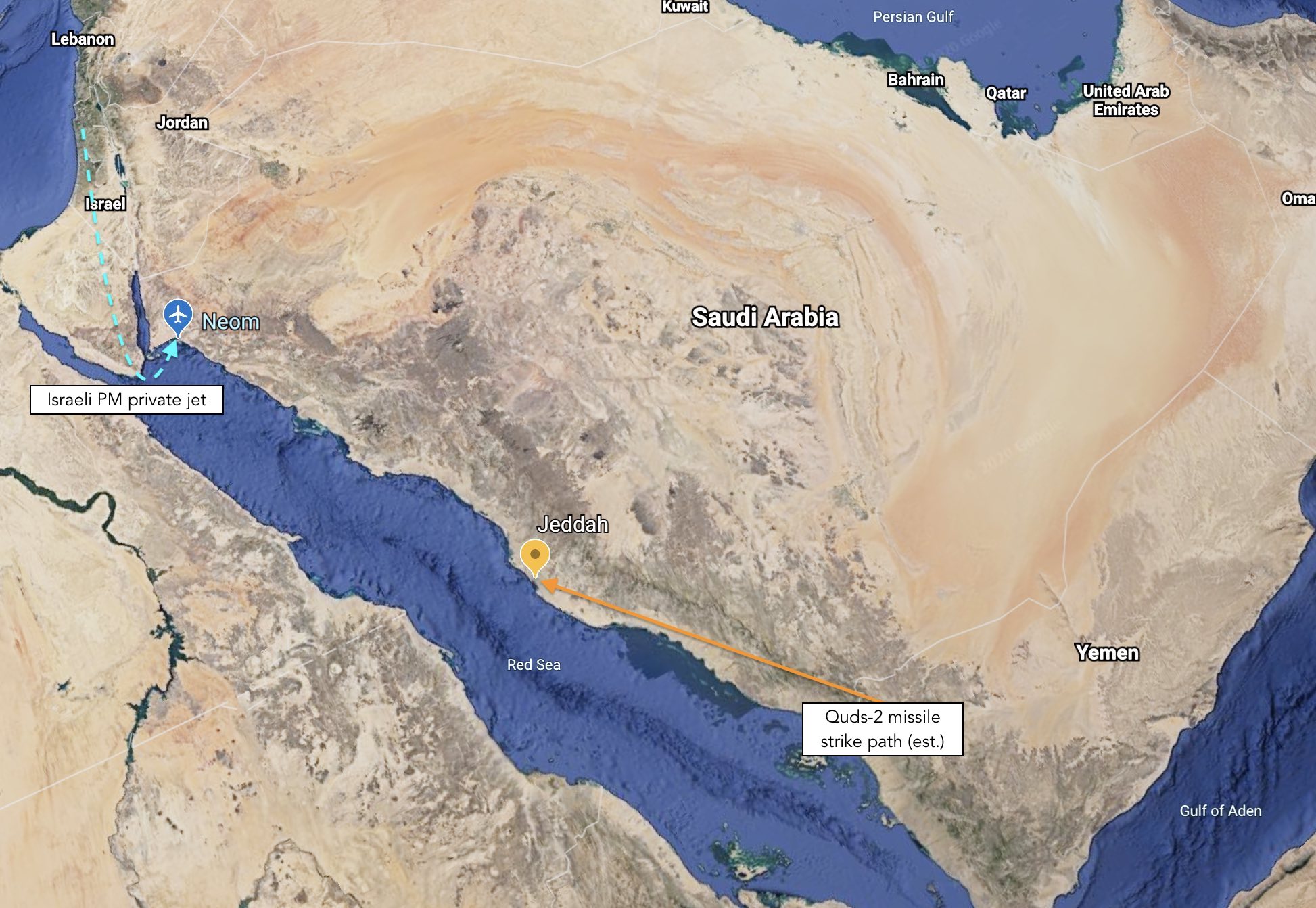
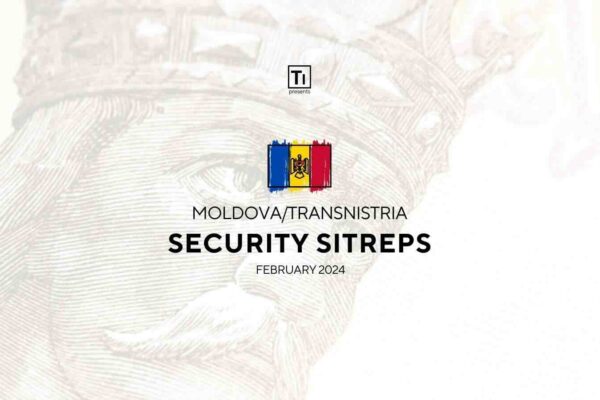
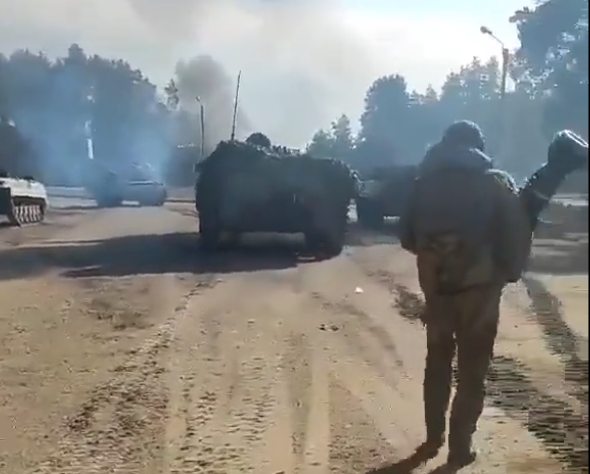
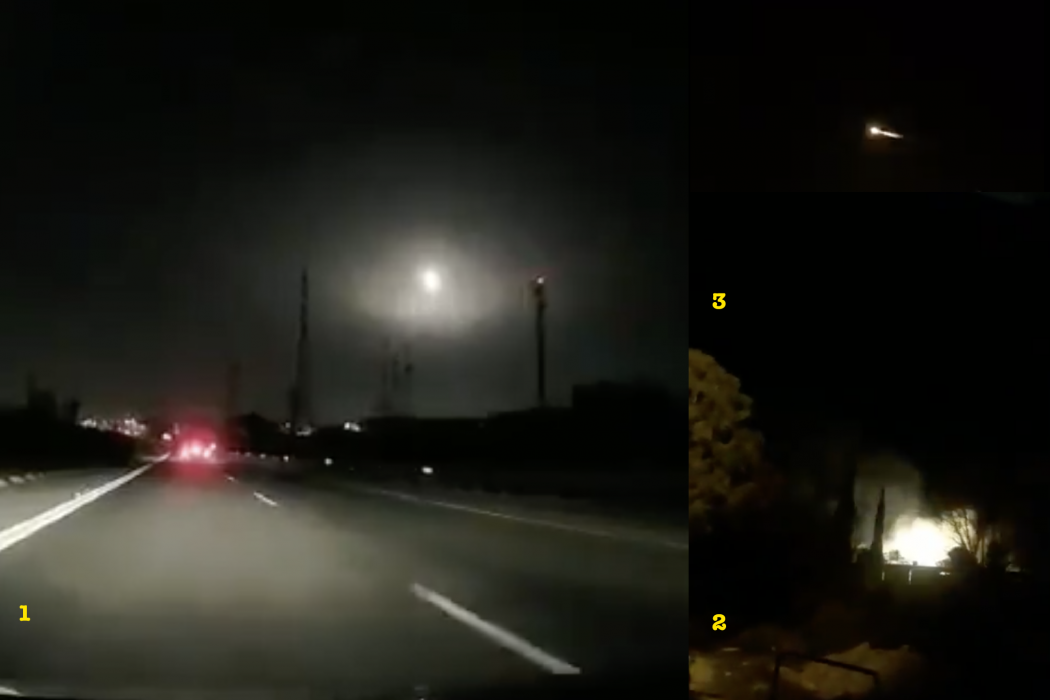
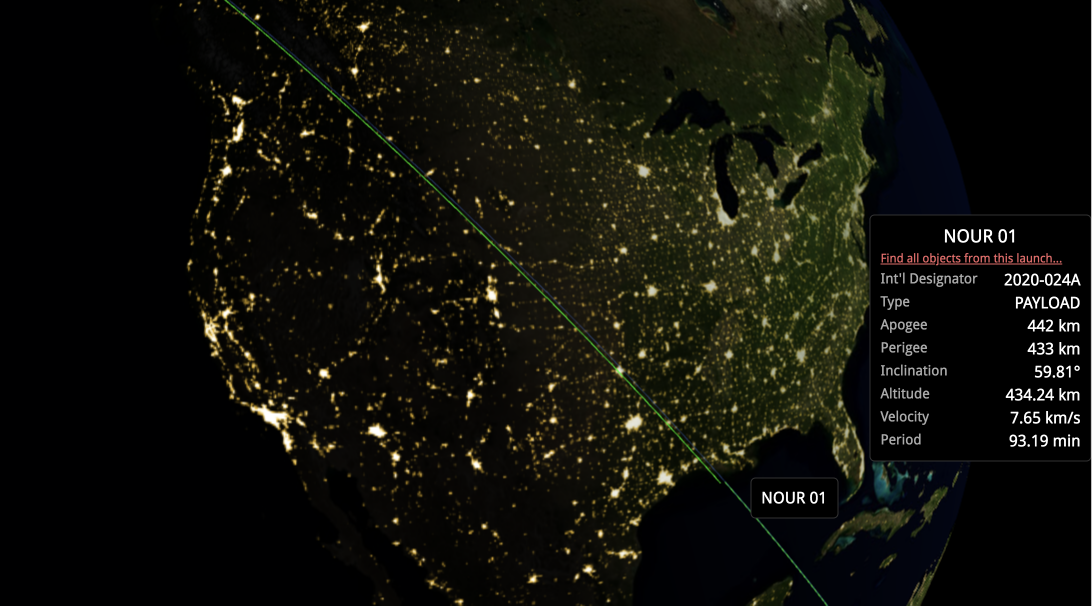
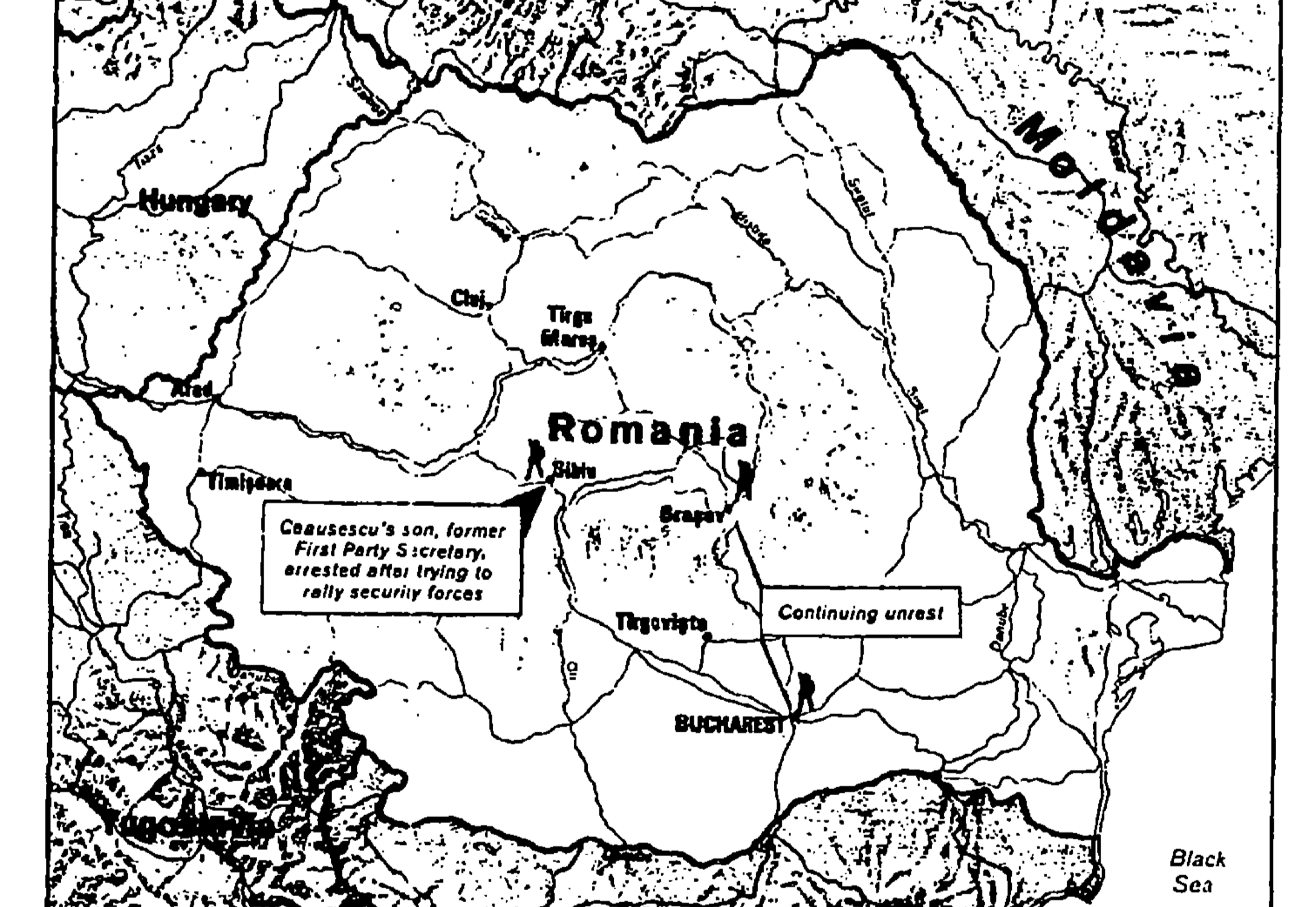
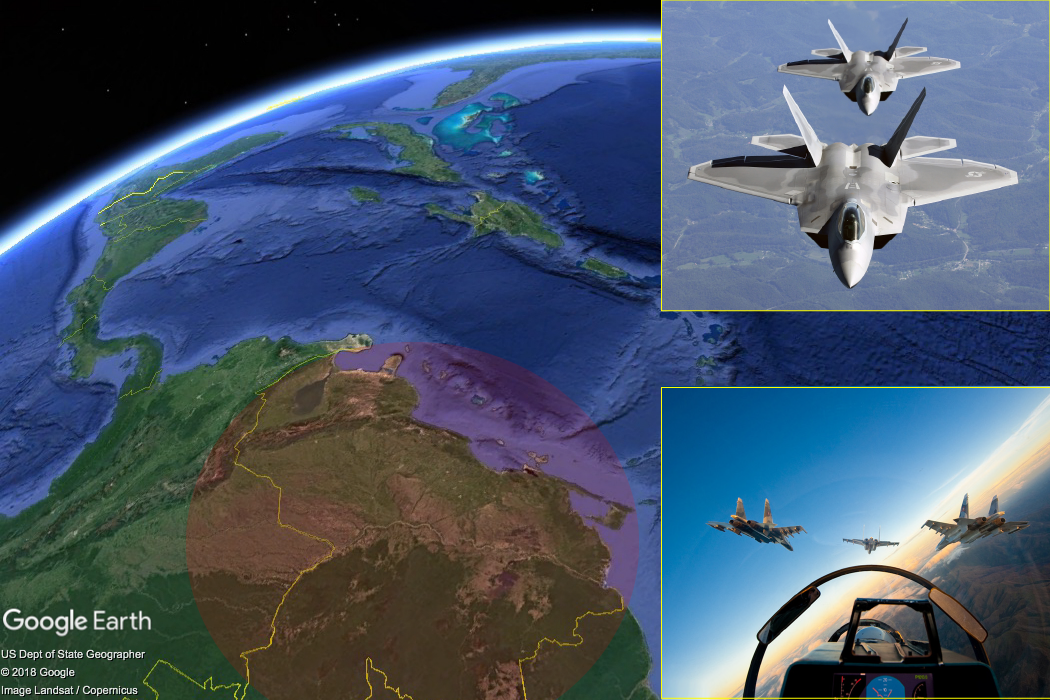
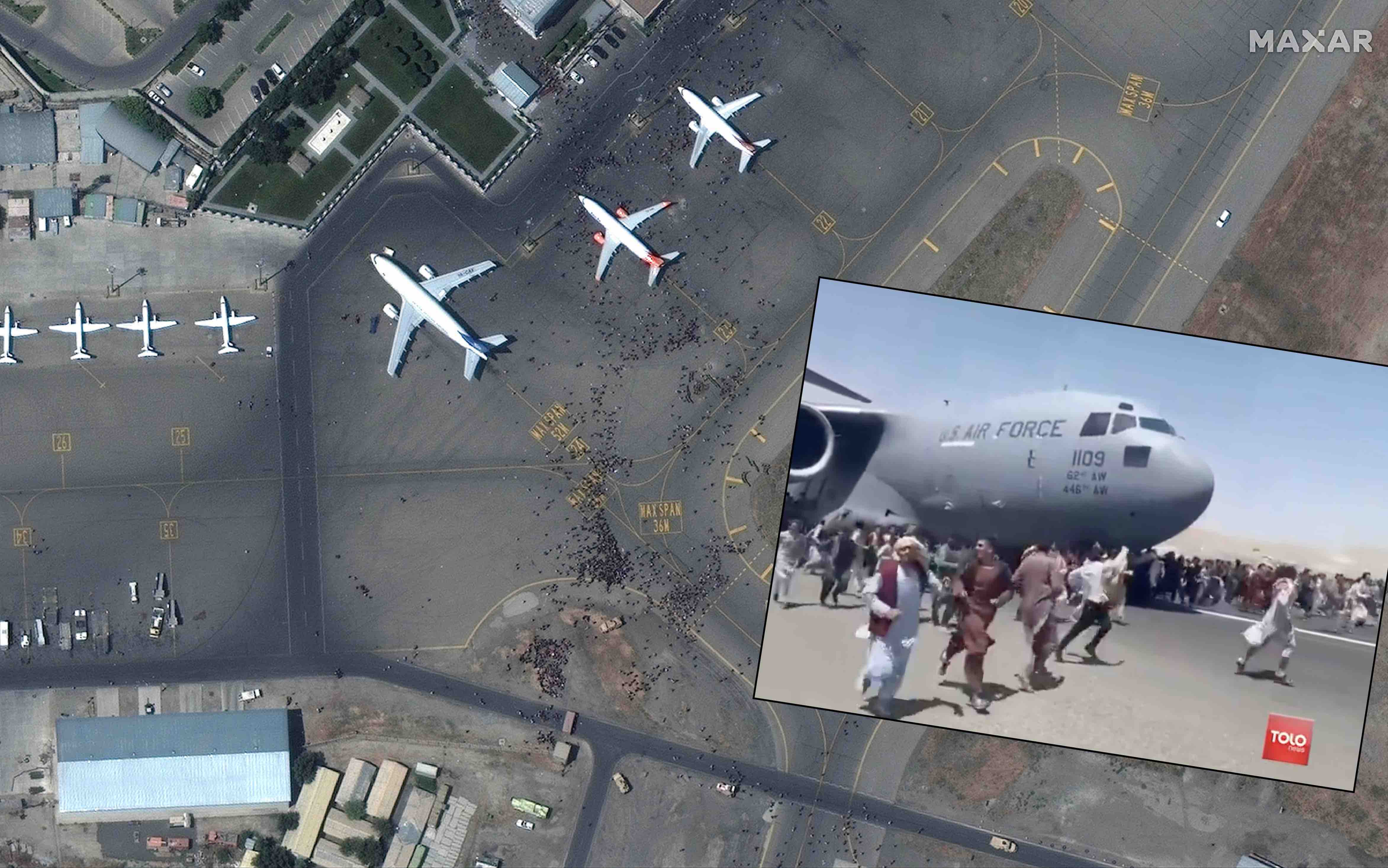
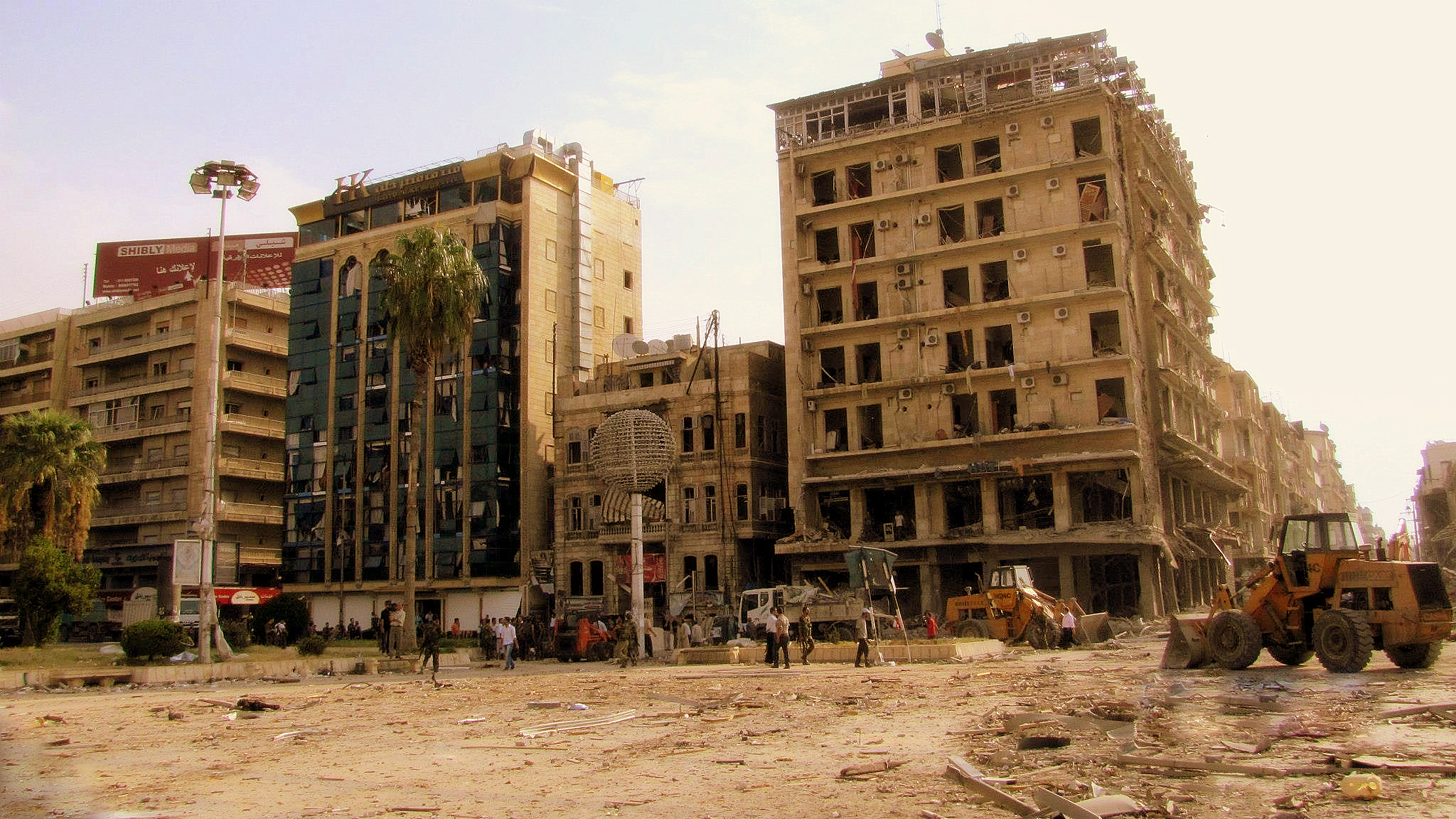

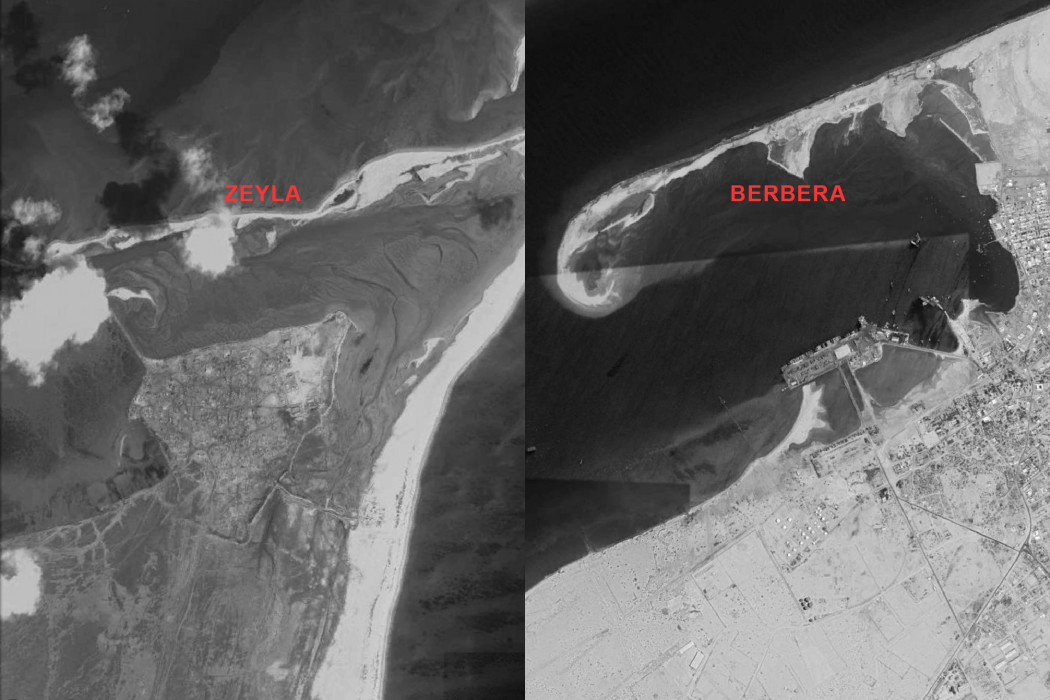
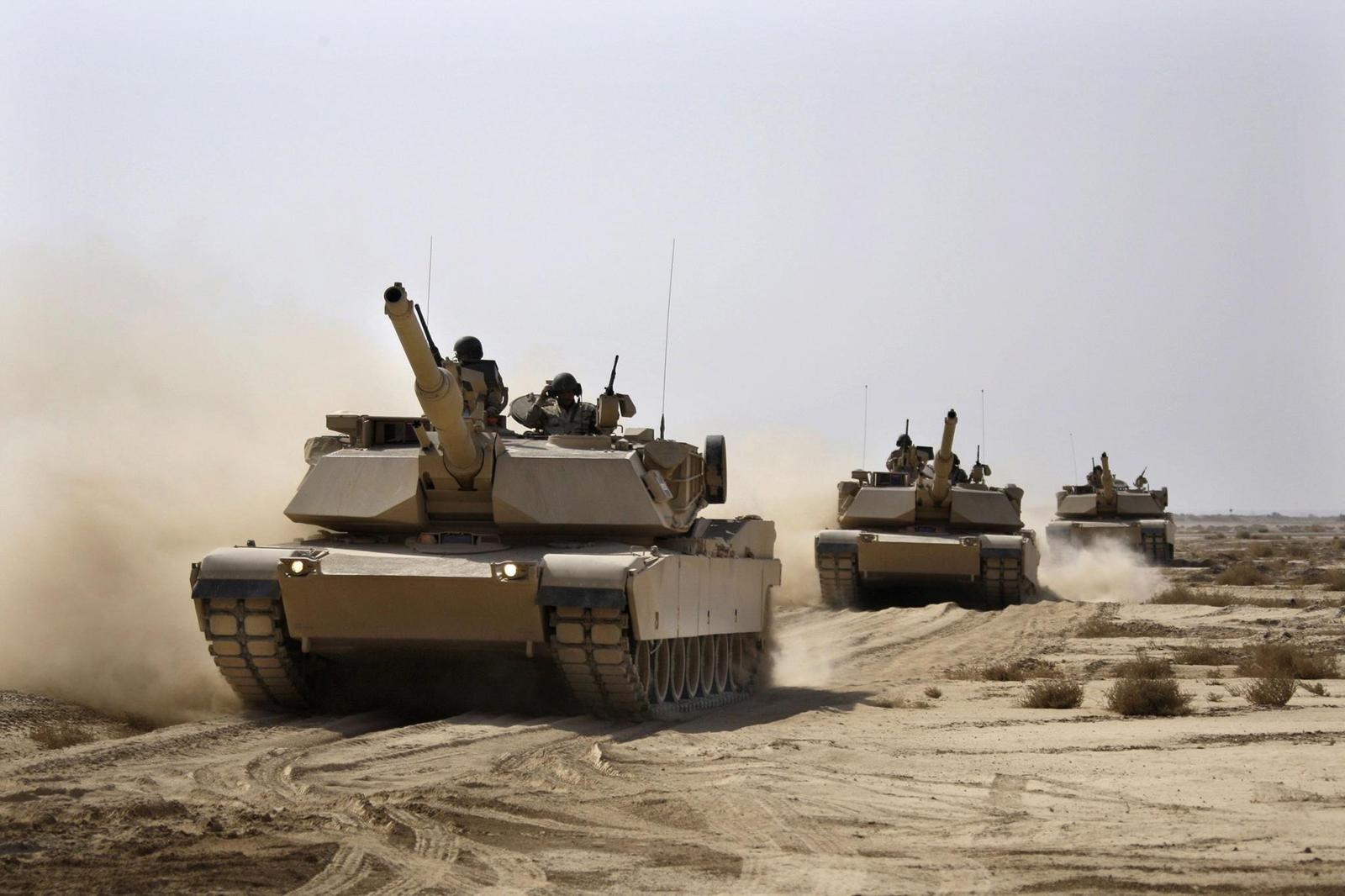
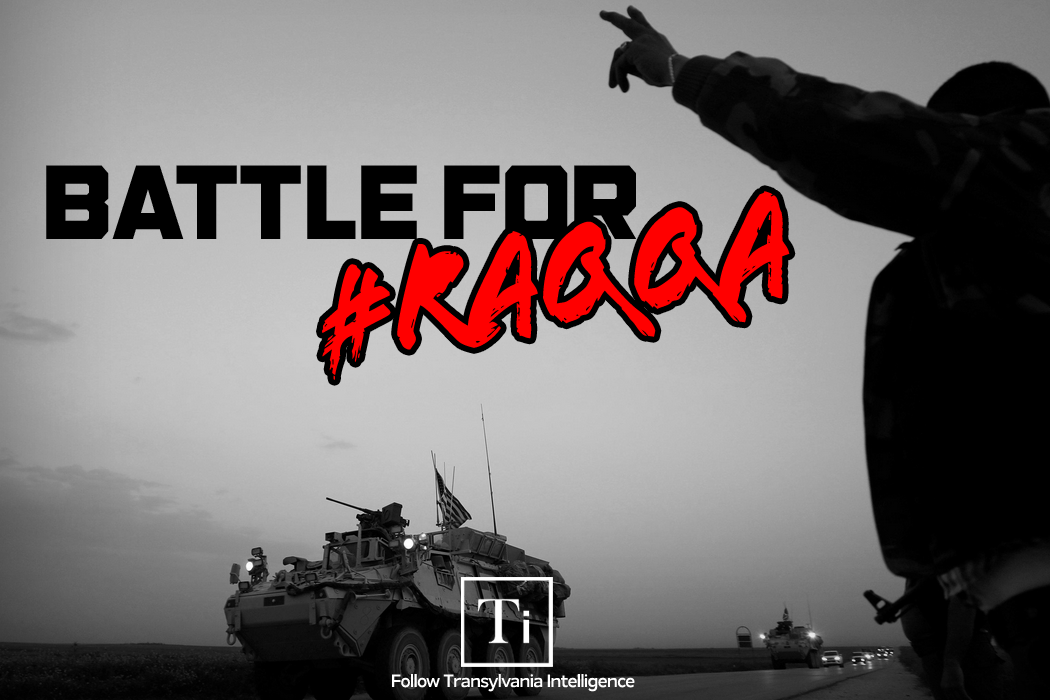
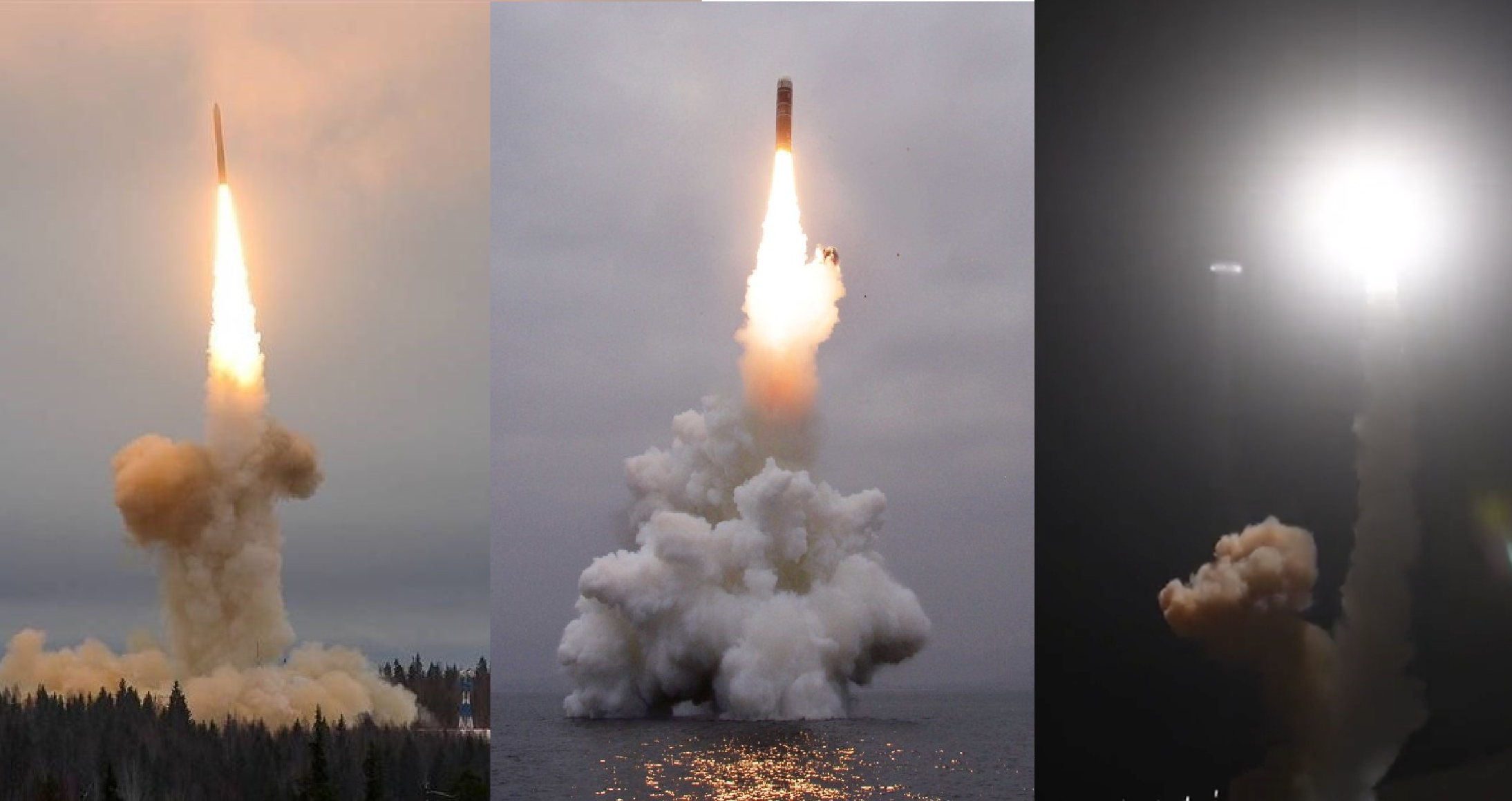
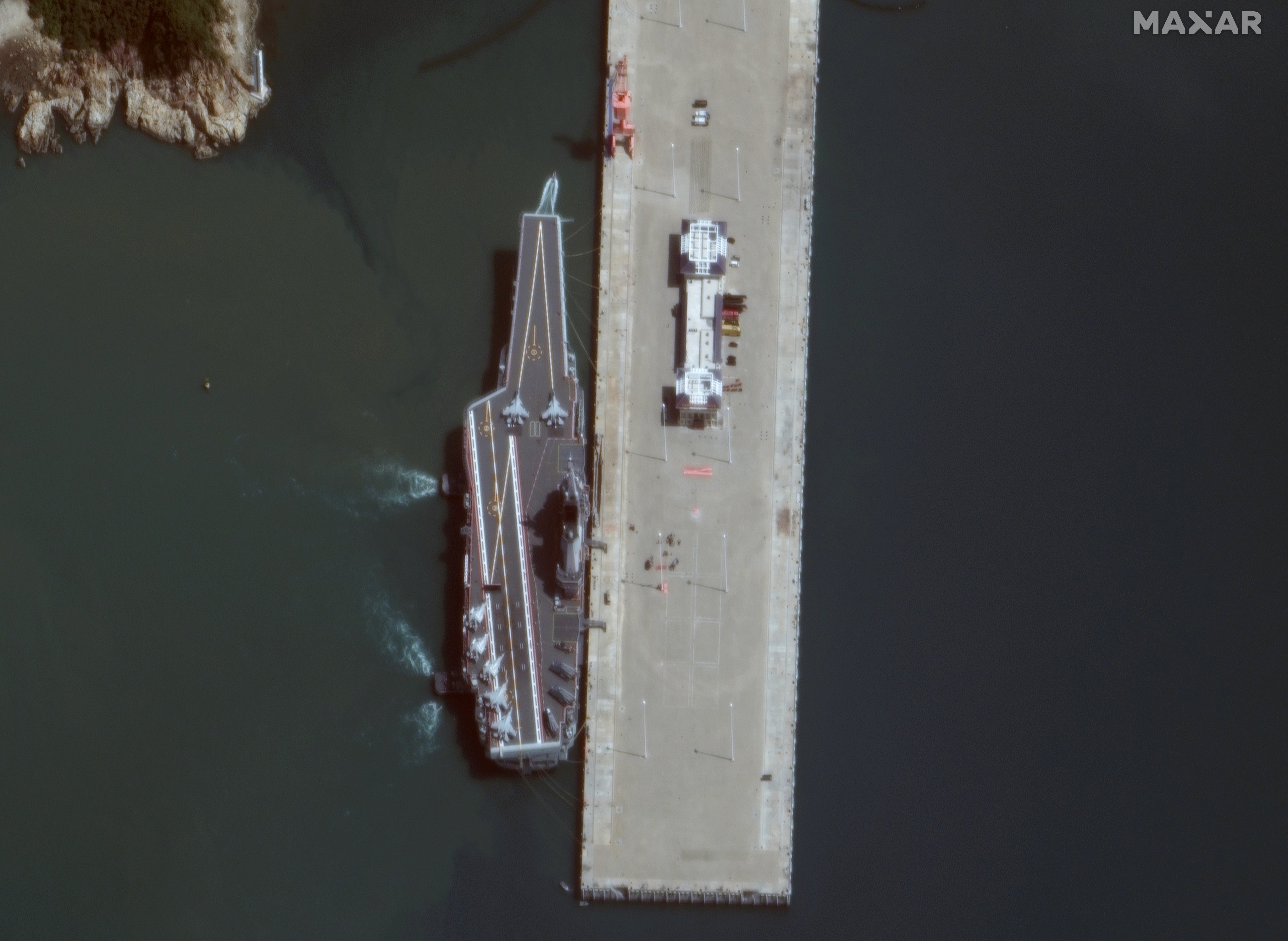
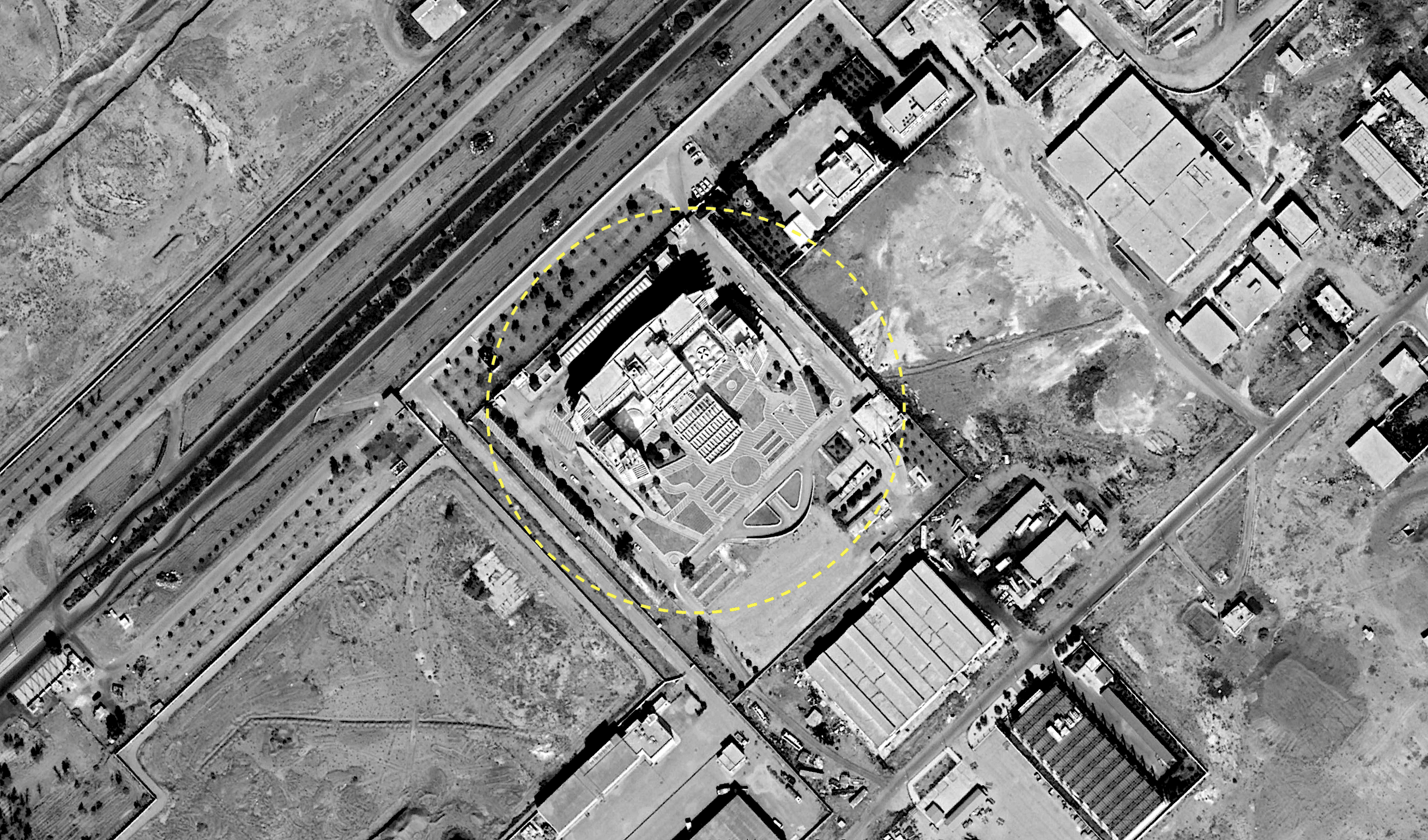


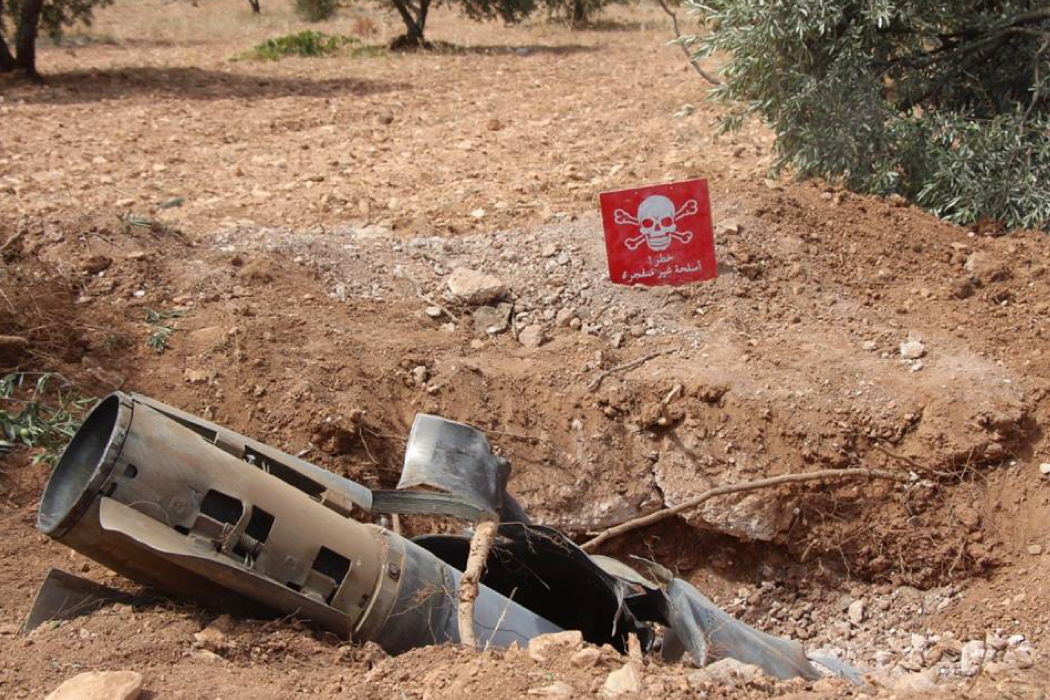
![[UPDATED] Saudis To Retaliate After Iranian-Backed Drone Attack](https://t-intell.com/wp-content/uploads/2019/09/copy-compressor.png)

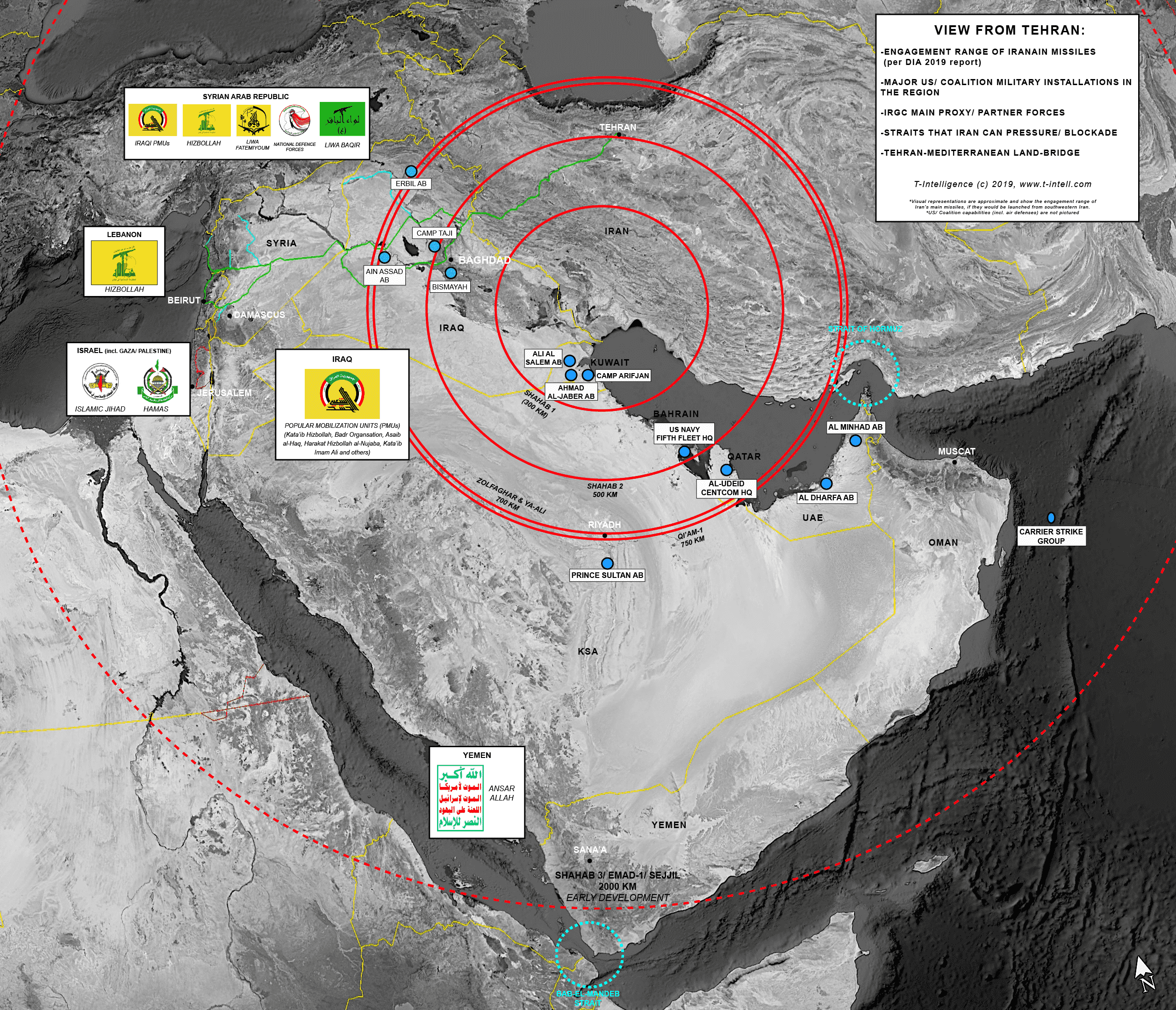
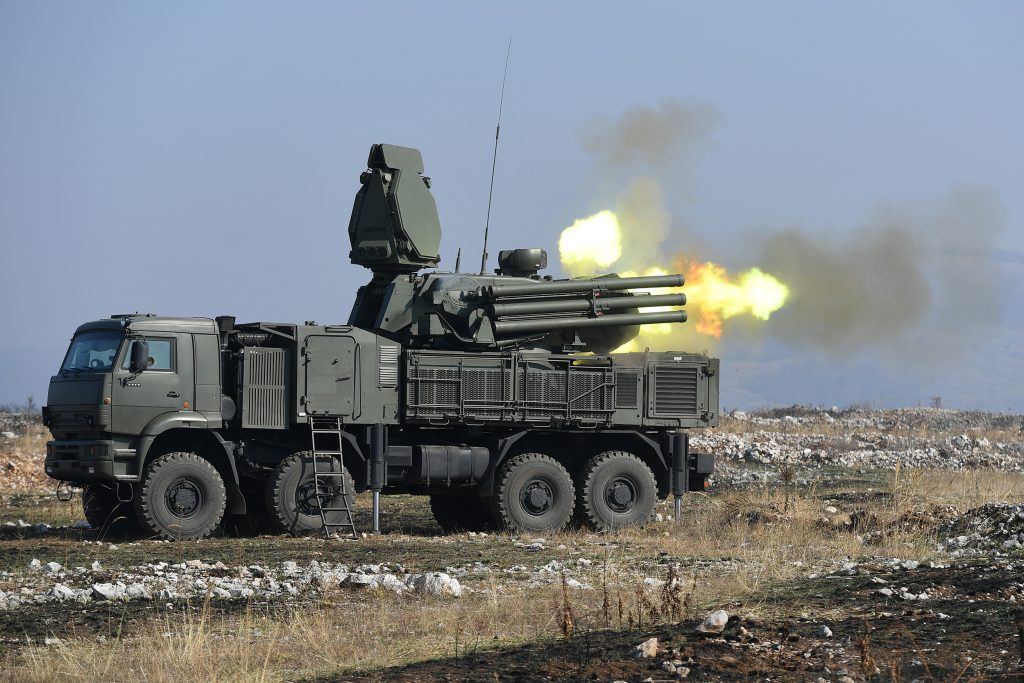
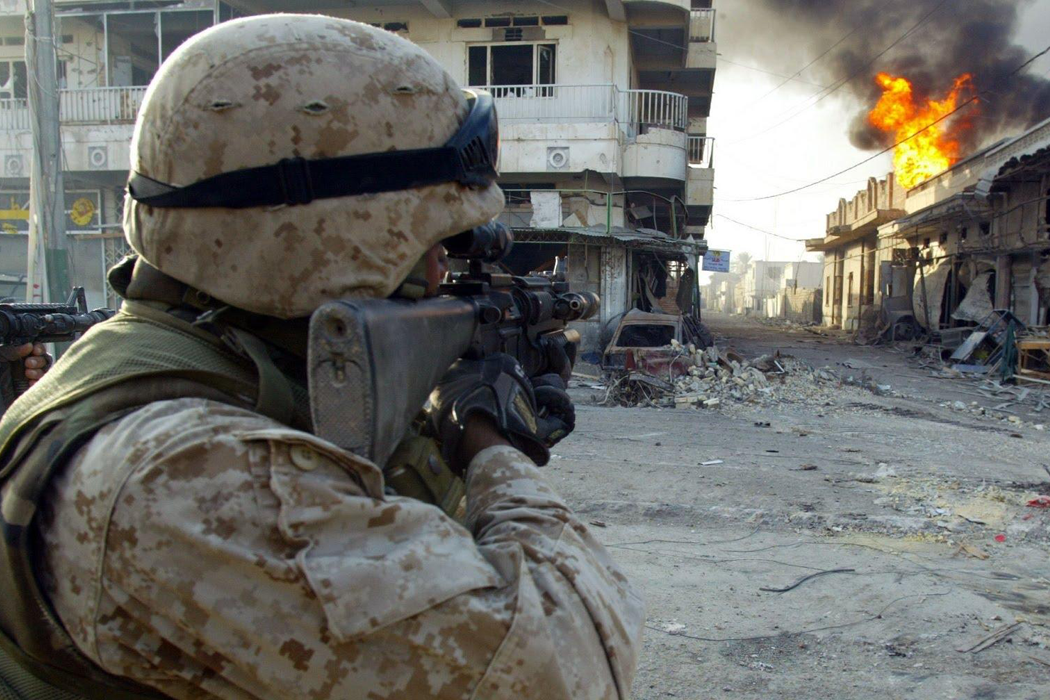
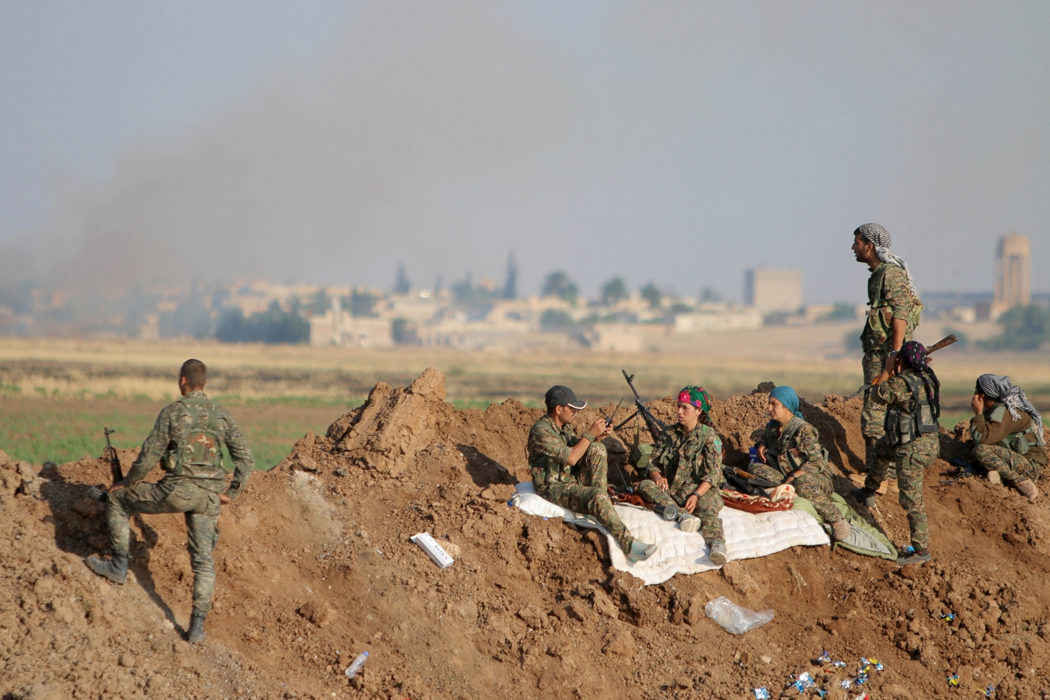

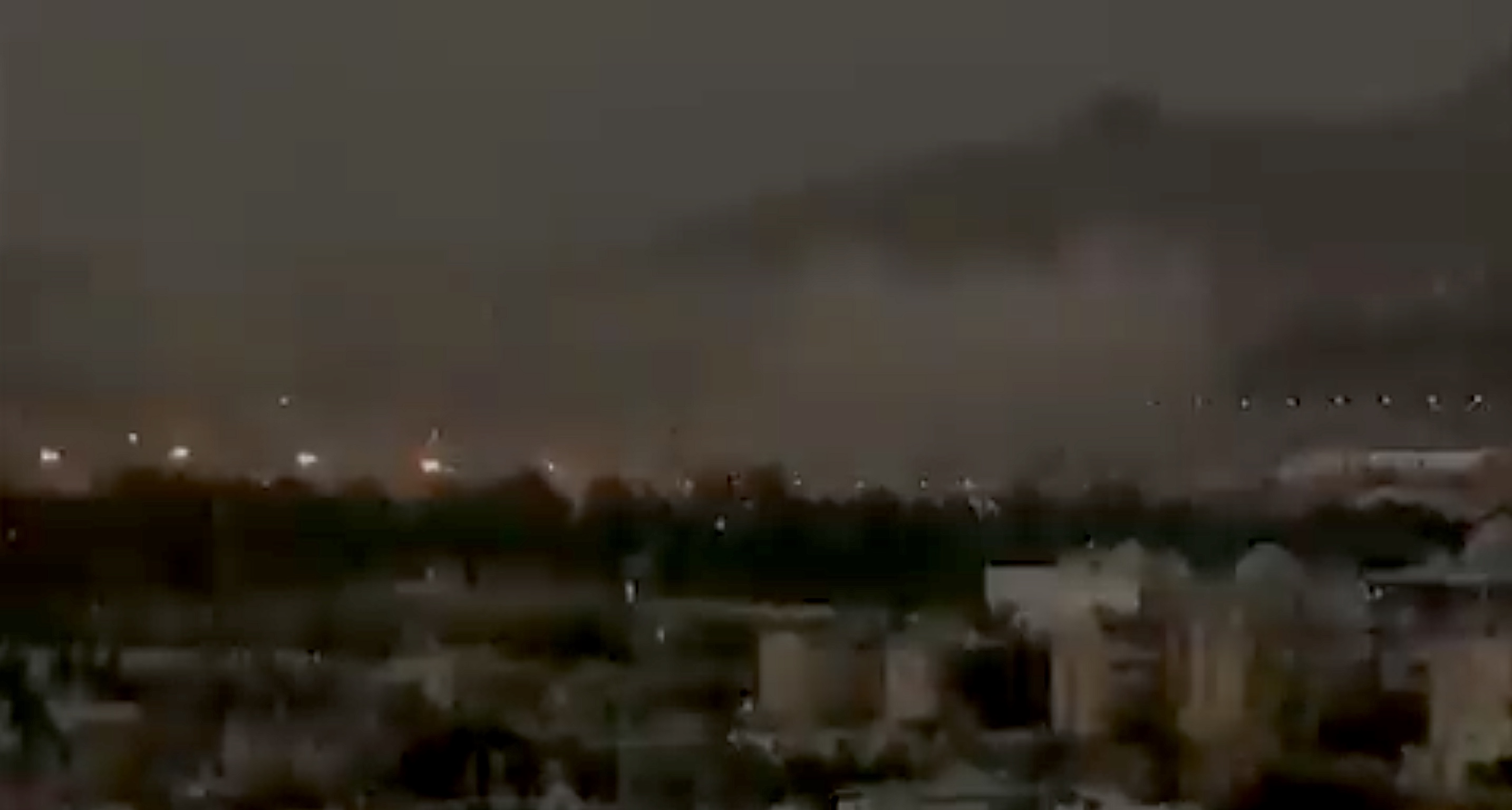
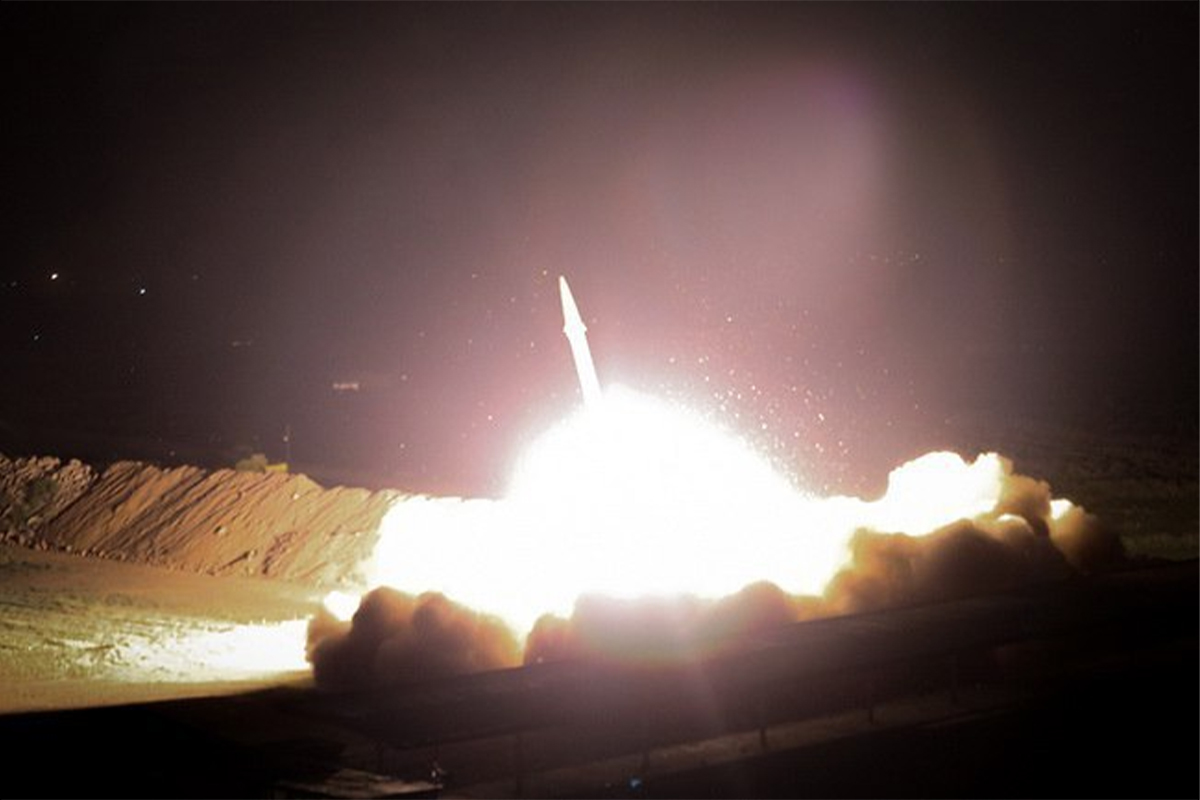
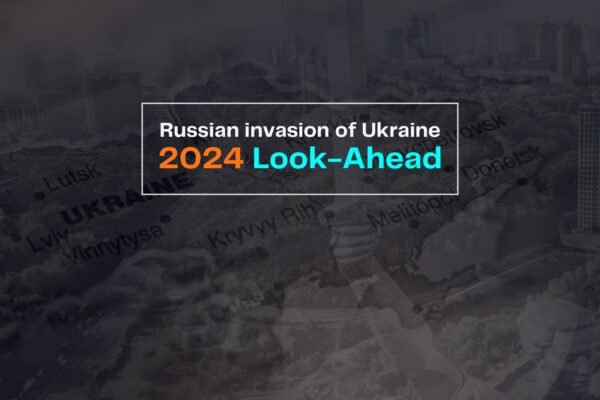
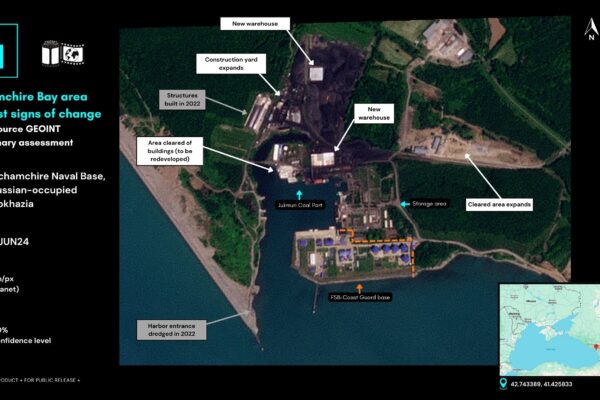
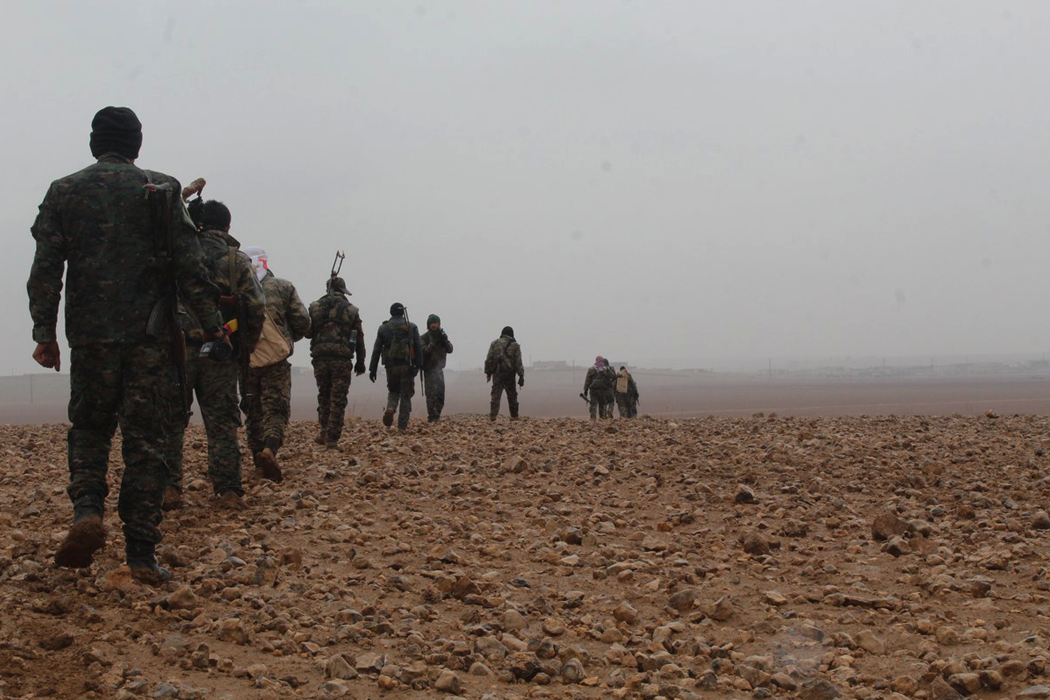

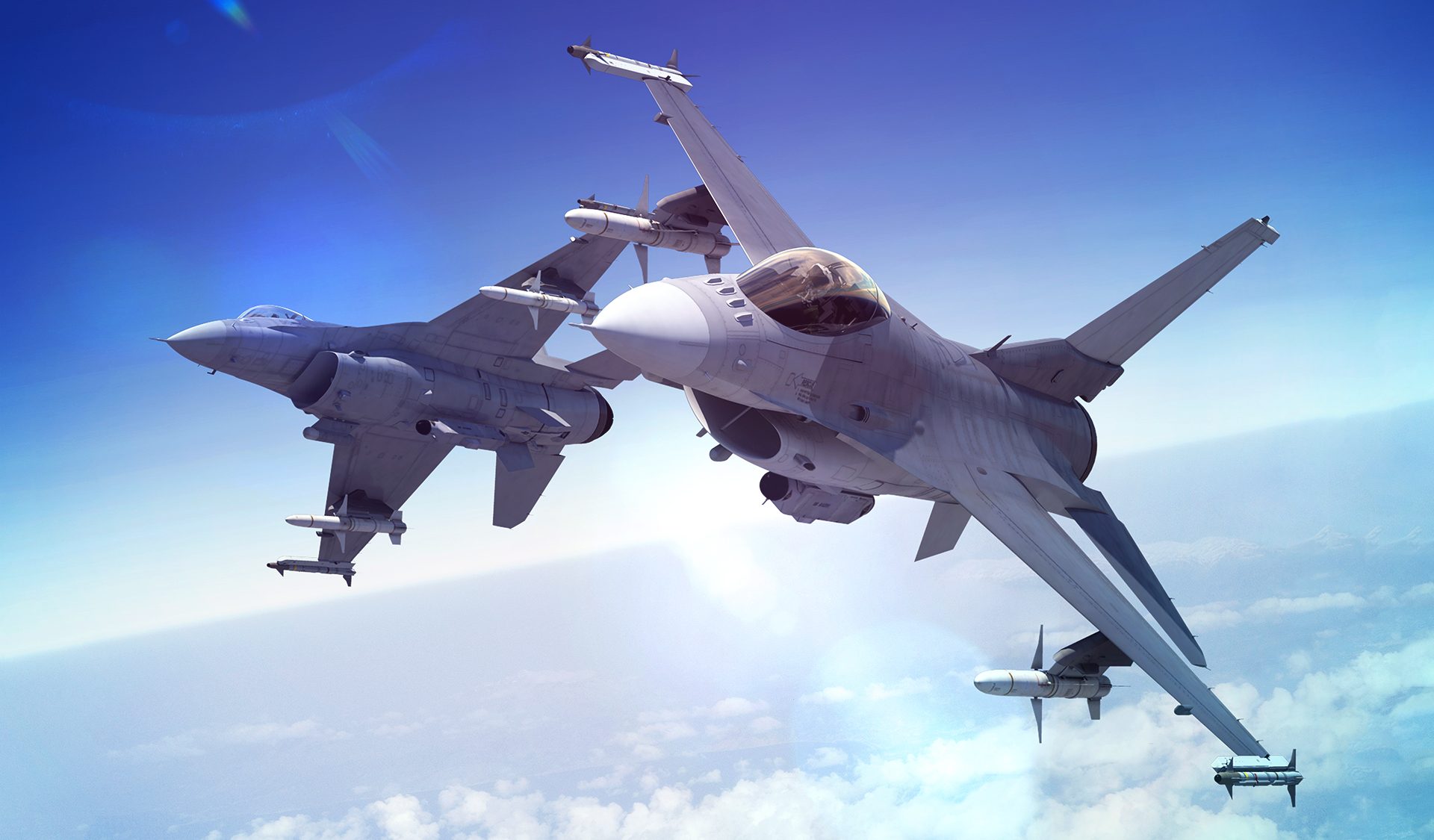
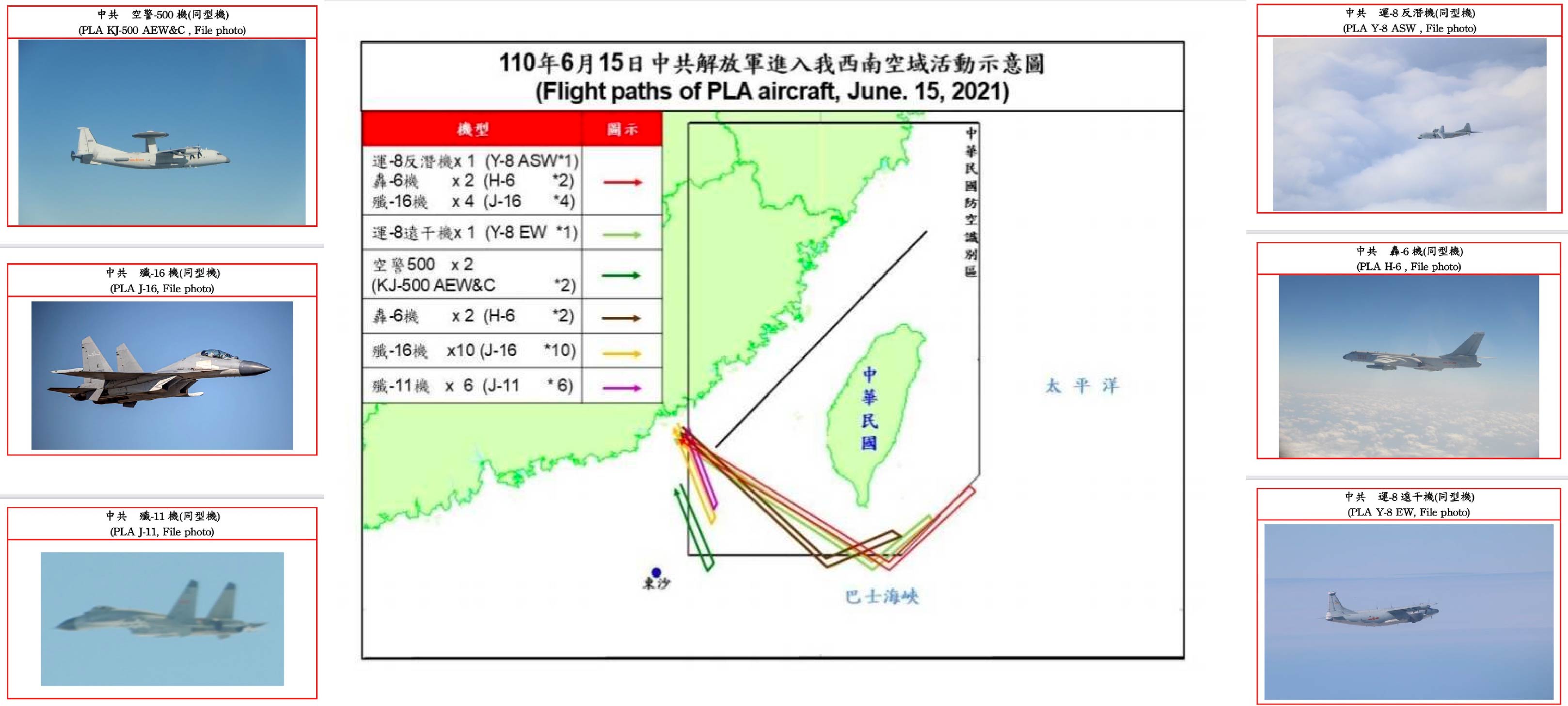
![Evacuation “Shattered Glass”: The US/ Coalition Bases in Syria [Part 2]](https://t-intell.com/wp-content/uploads/2020/02/TelSalman24.2.2018_optimized.png)
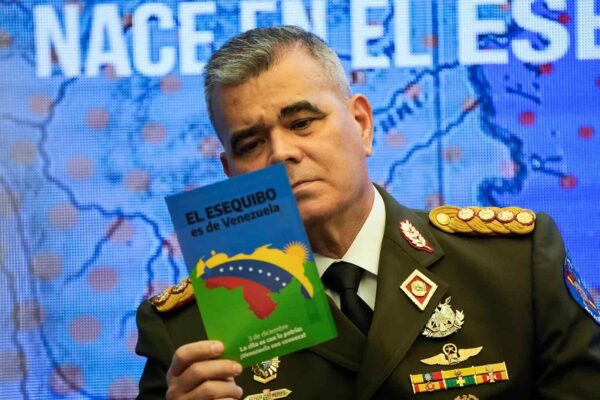
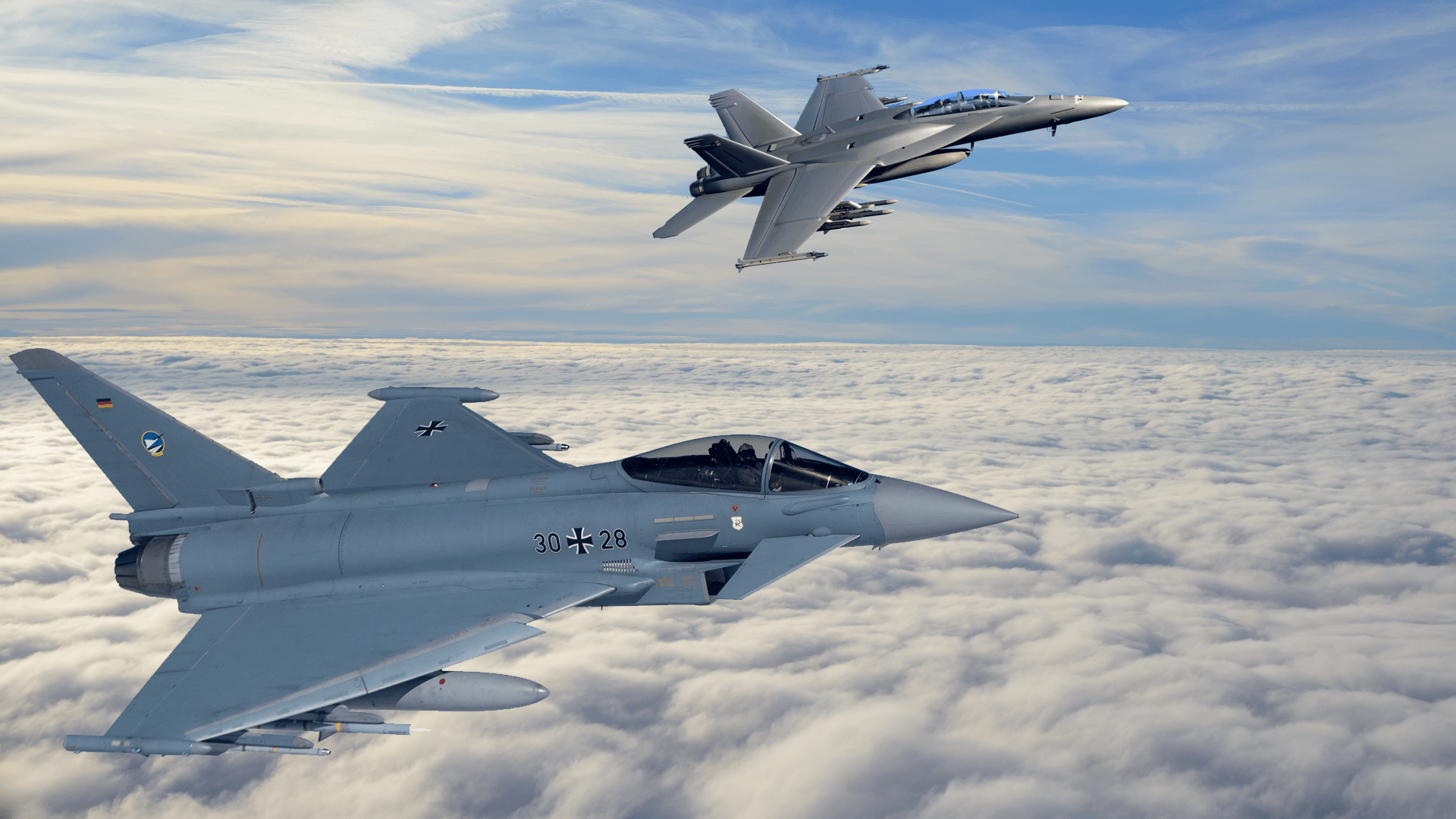
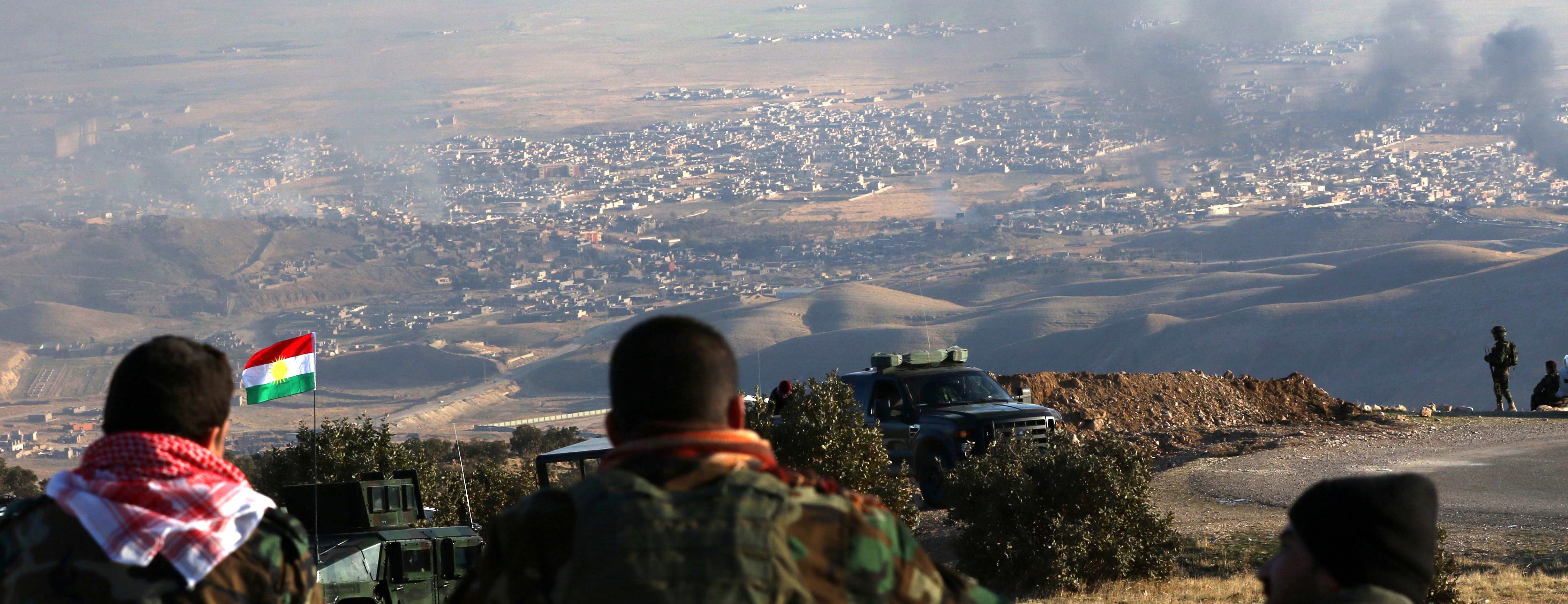
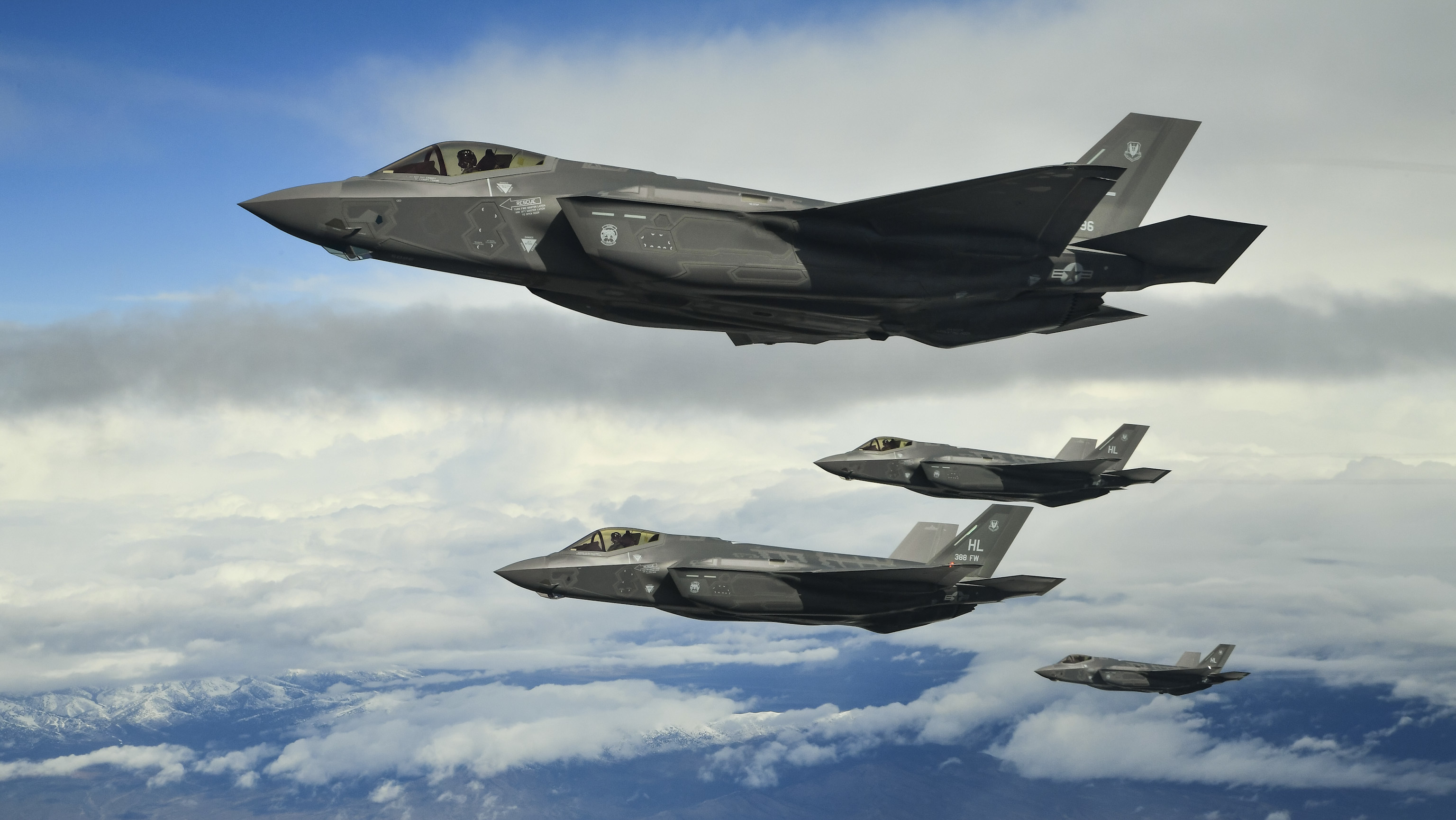
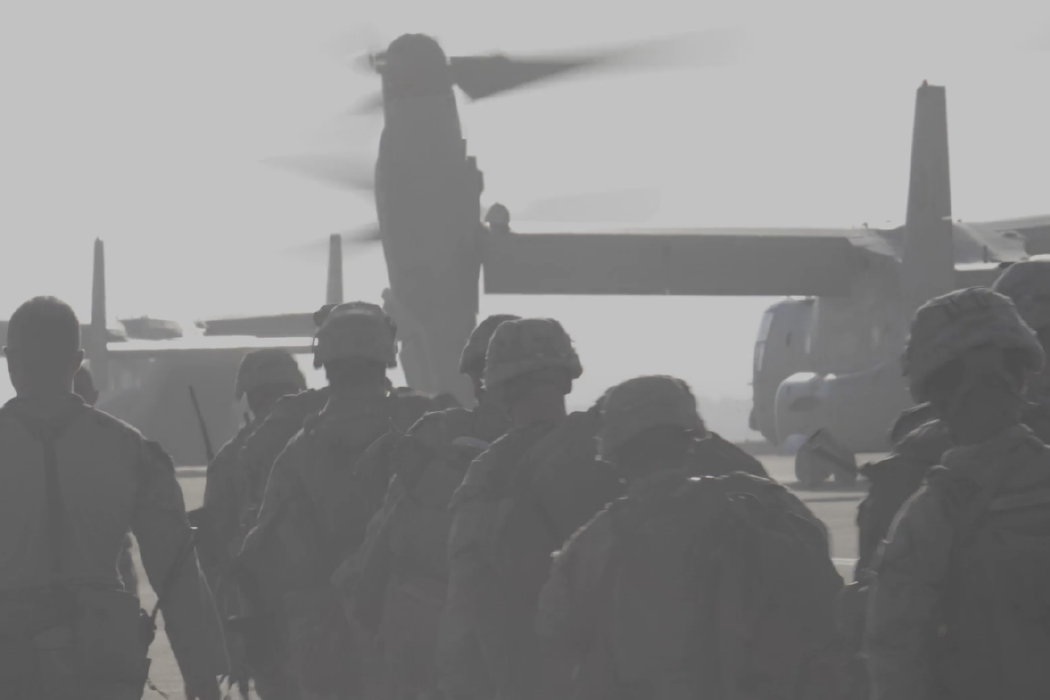



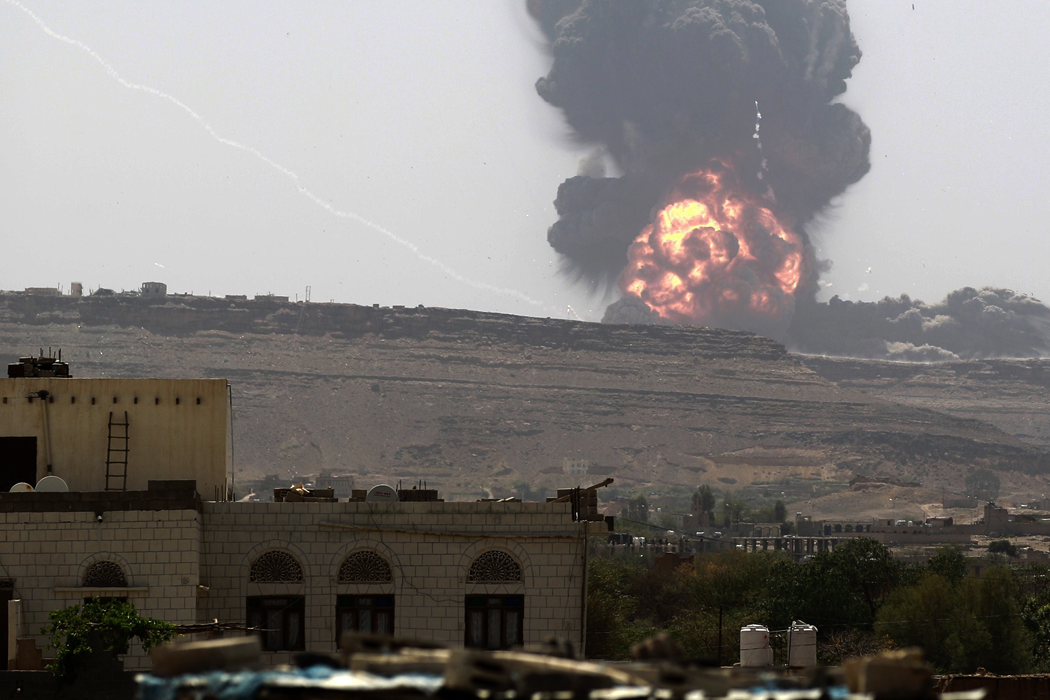
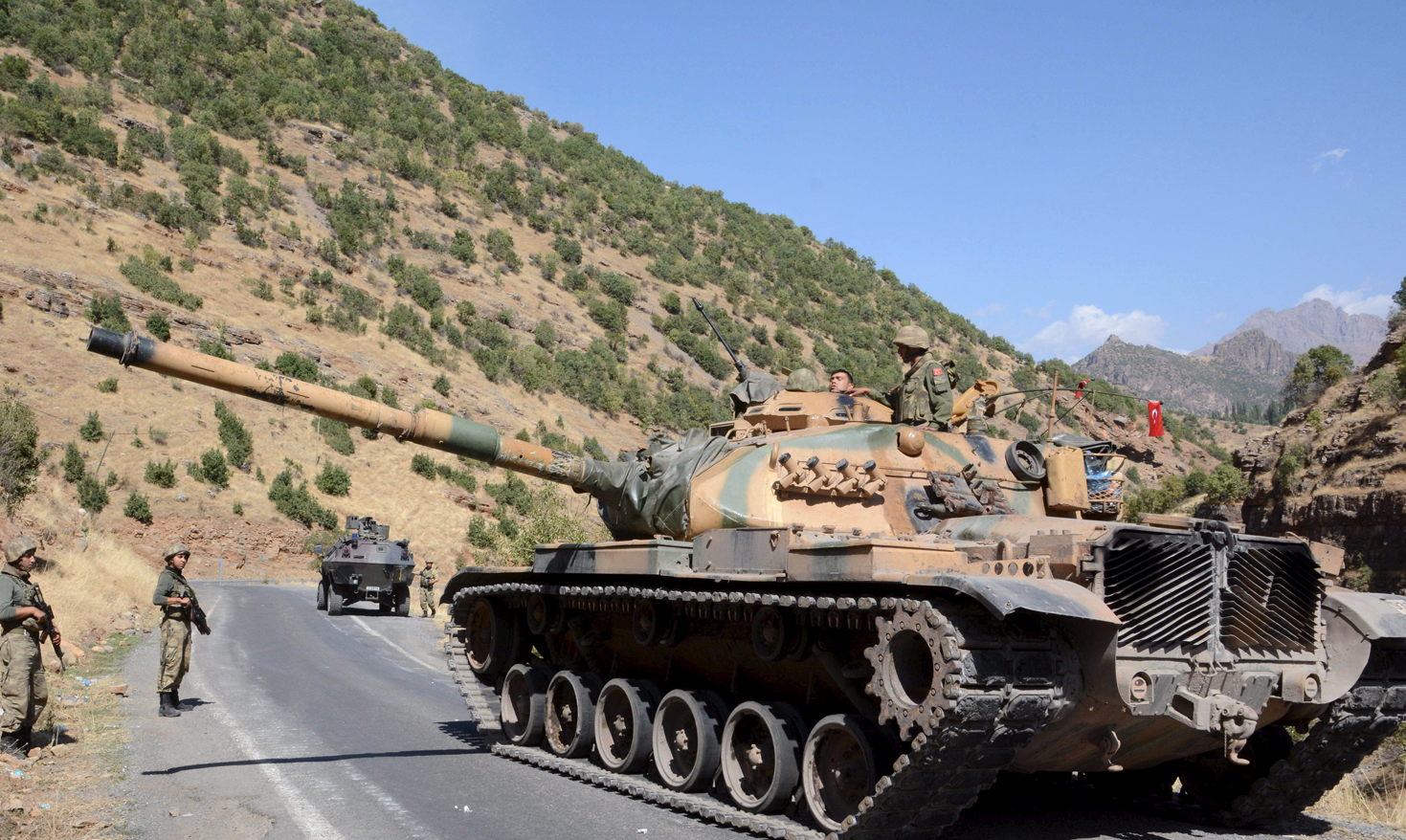
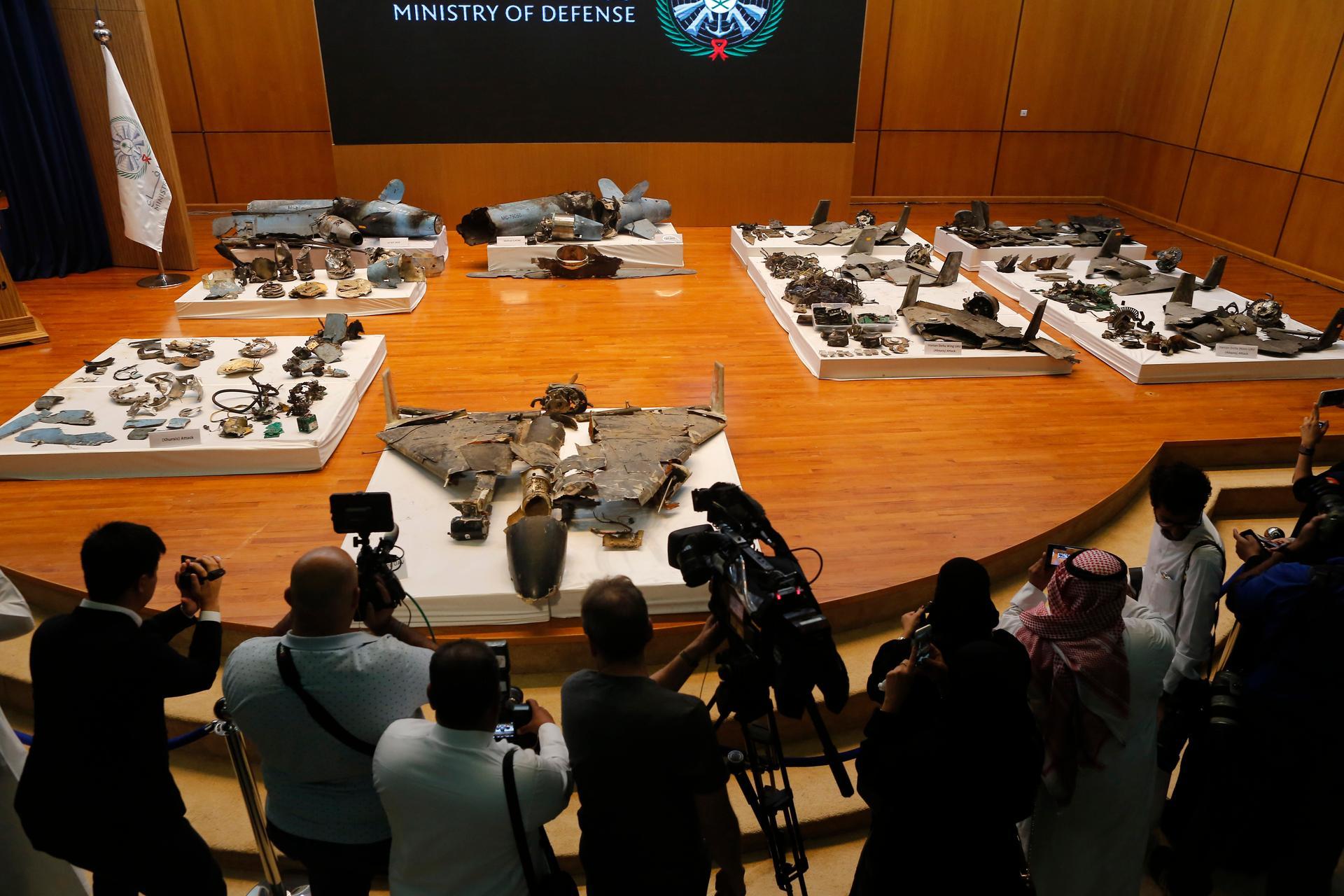
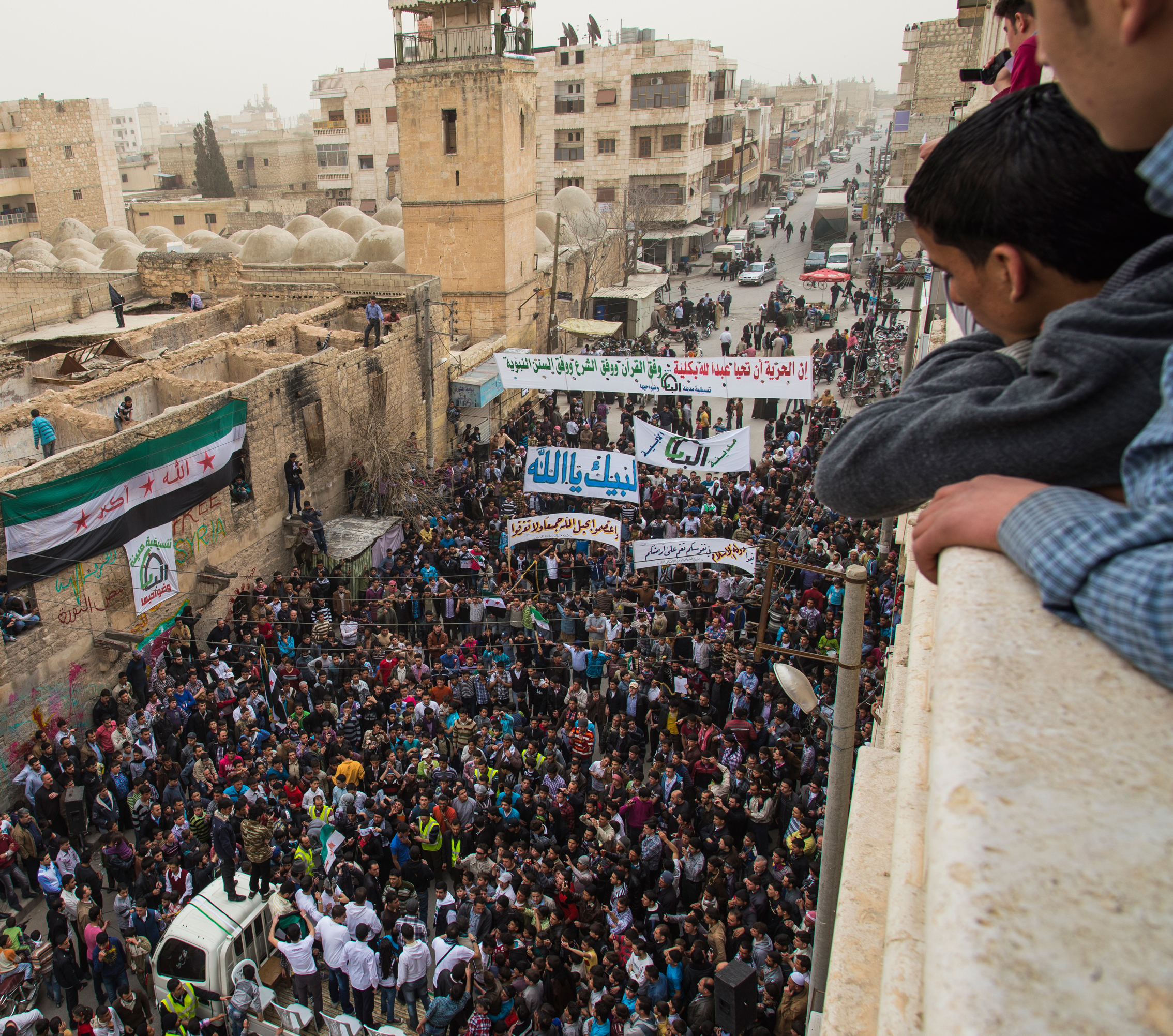

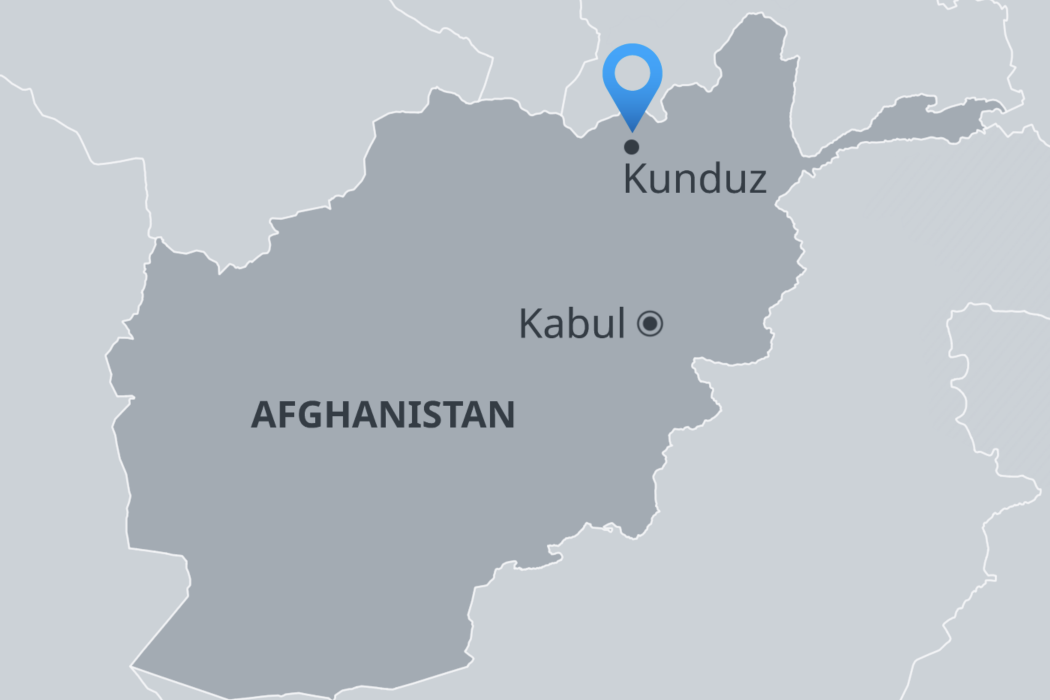


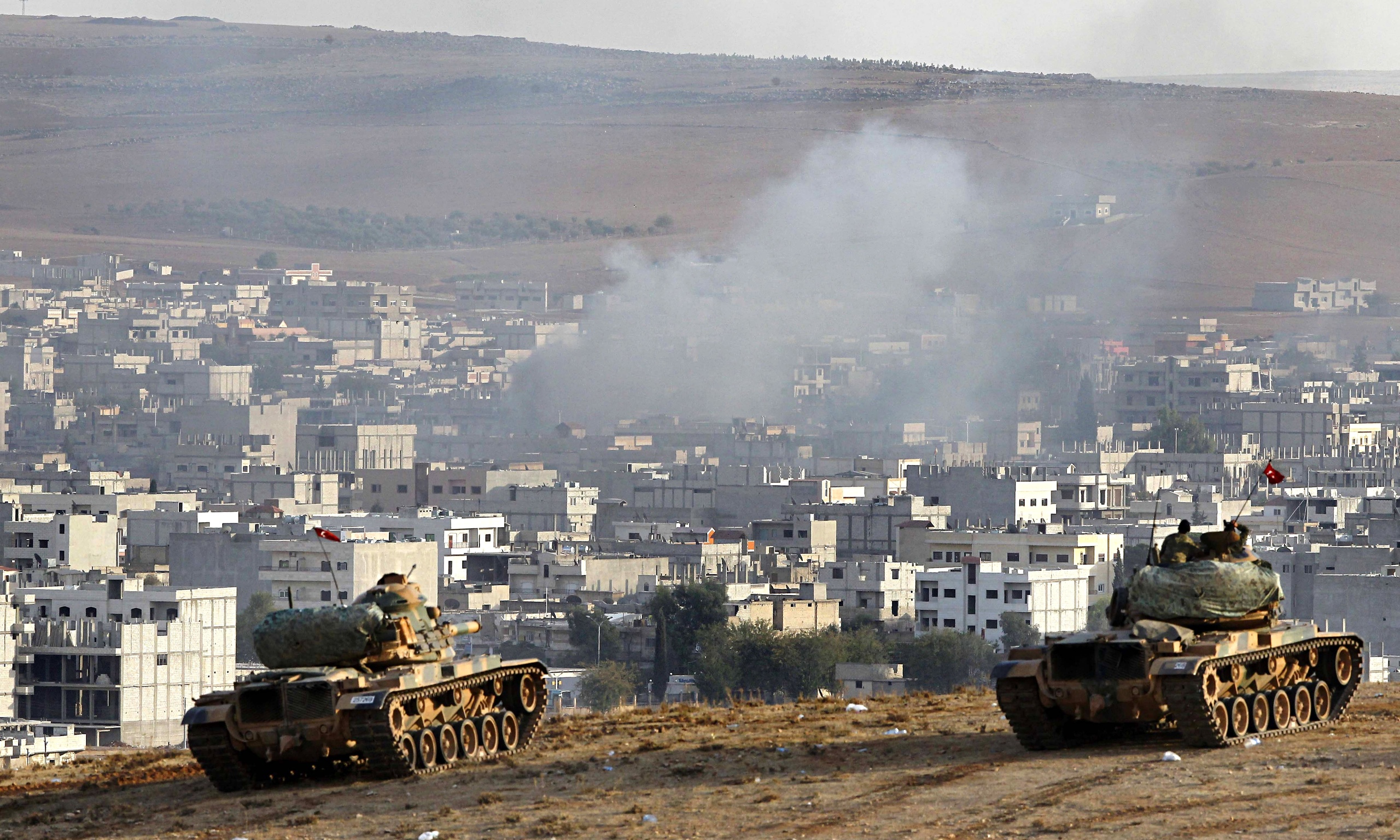
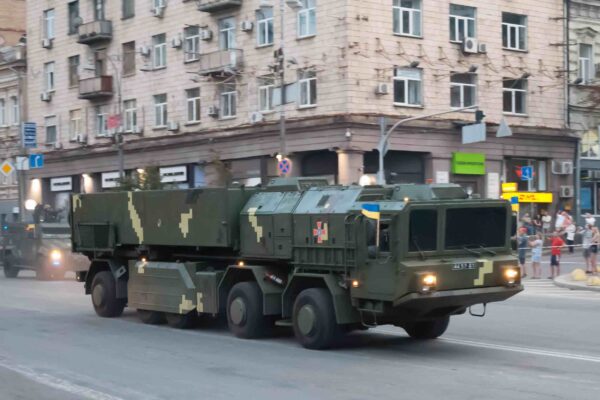
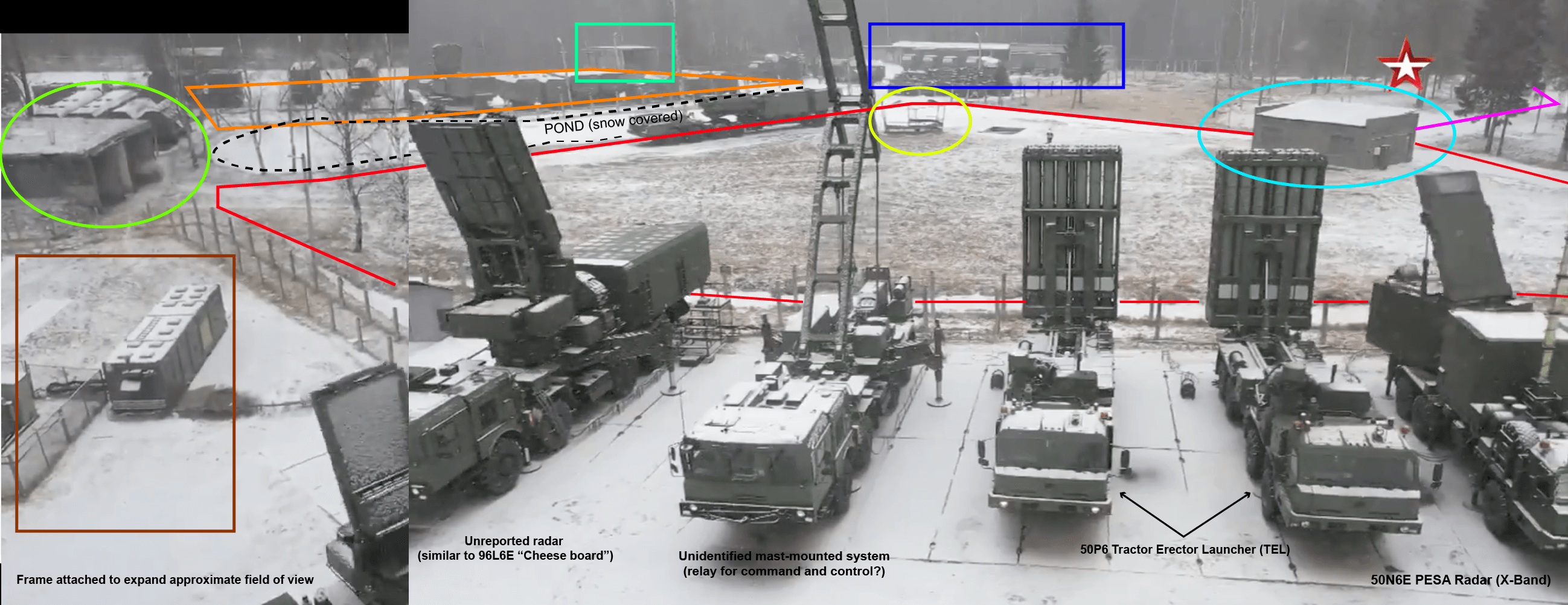
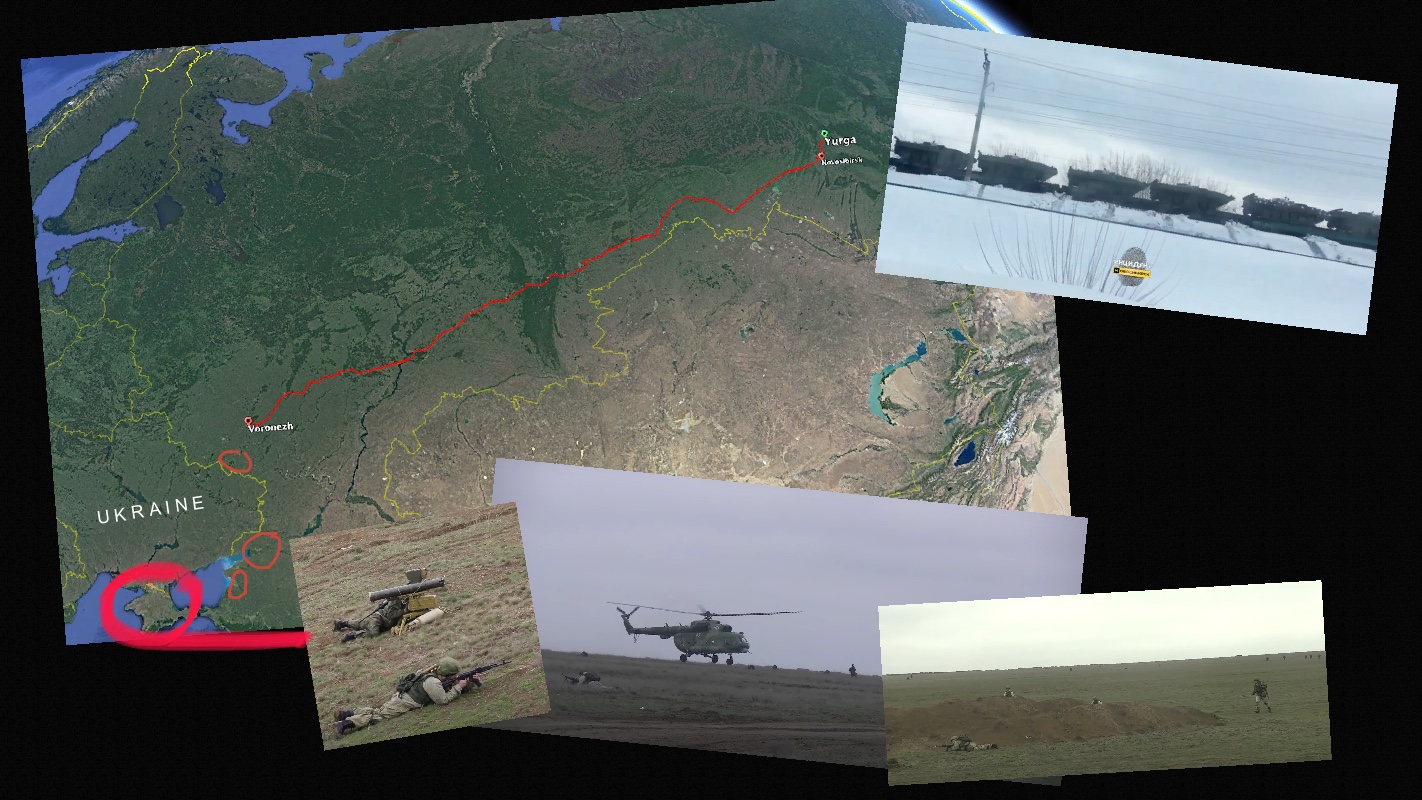
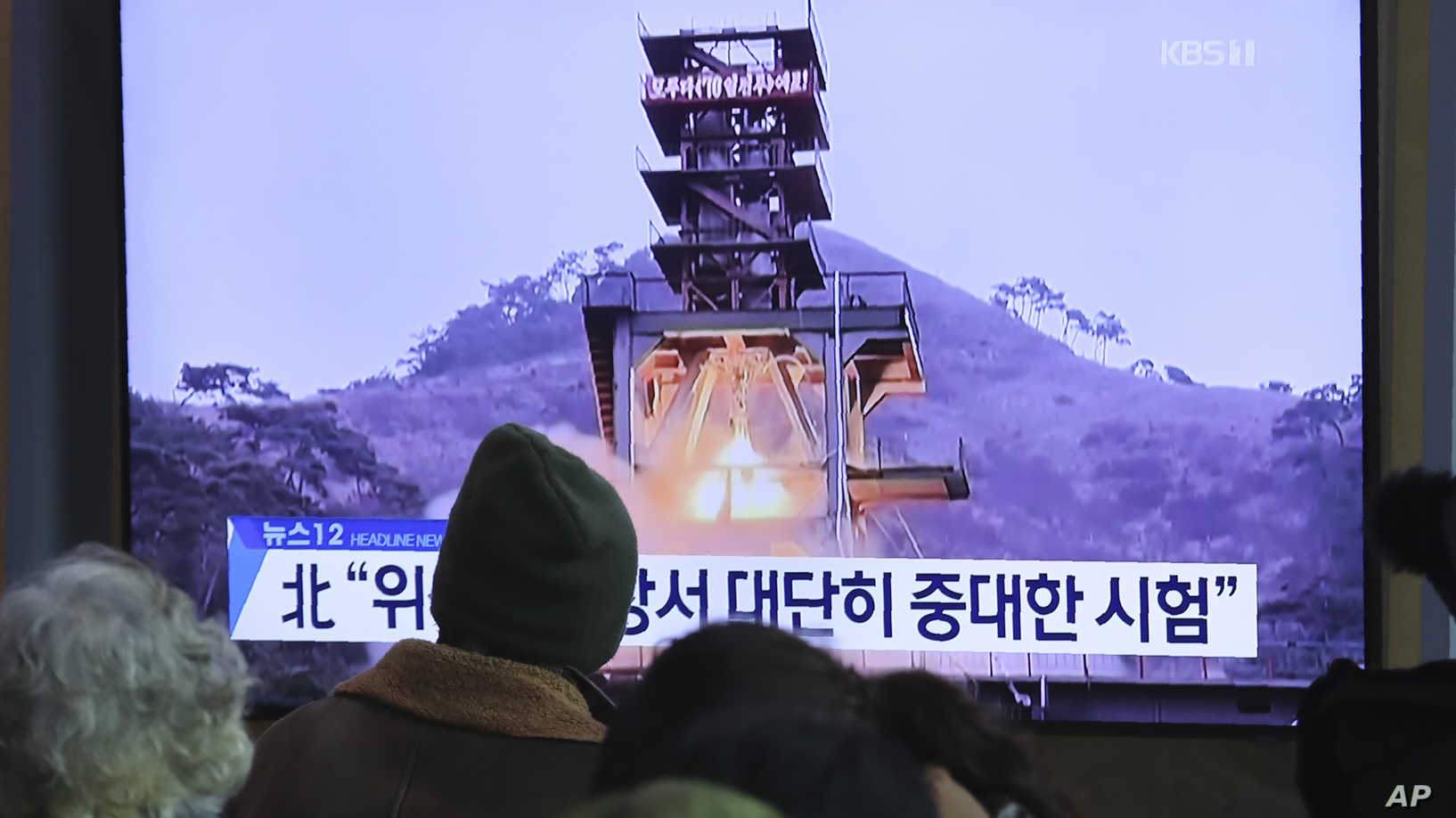
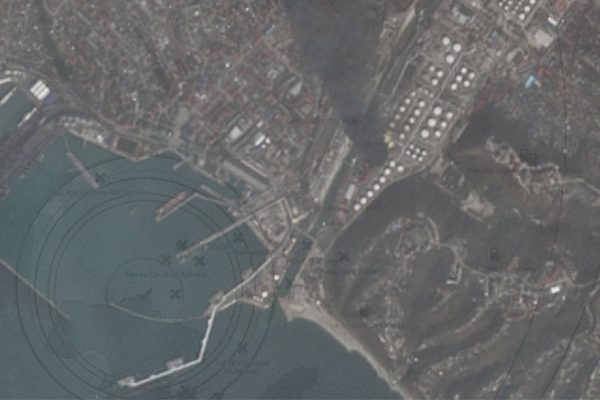
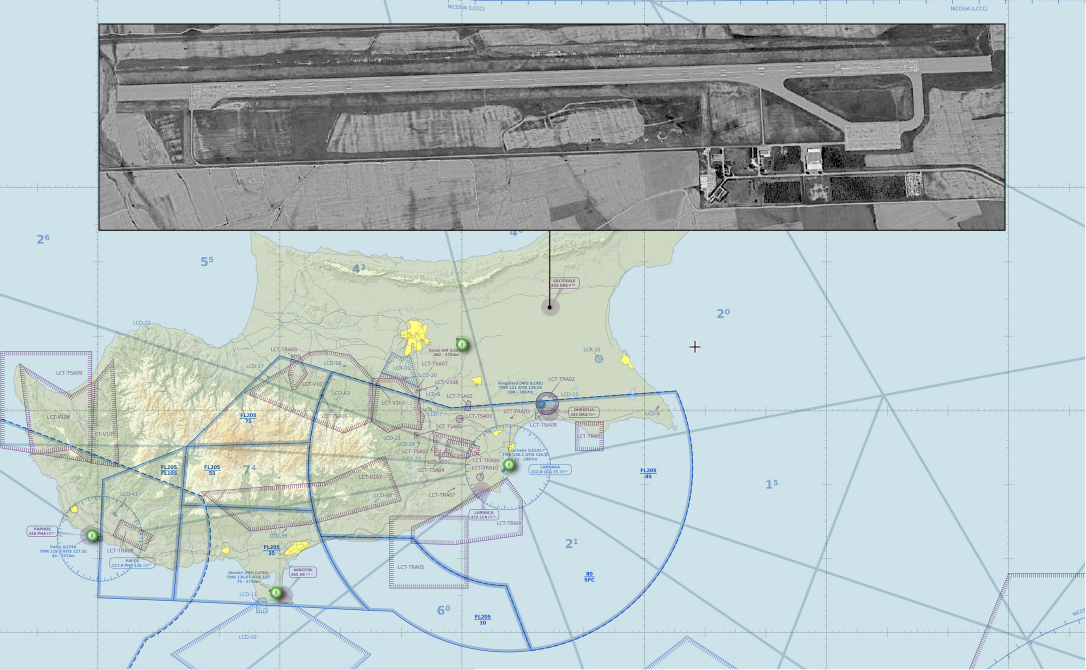
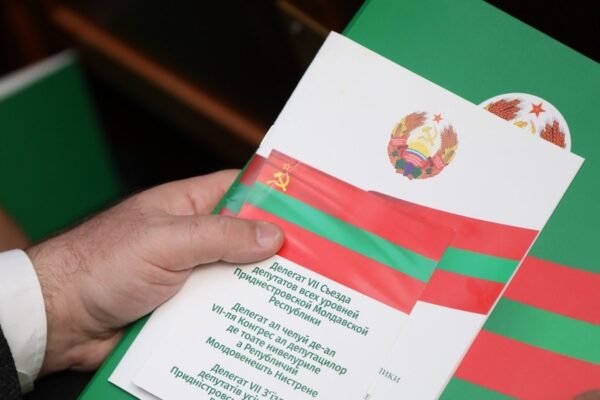
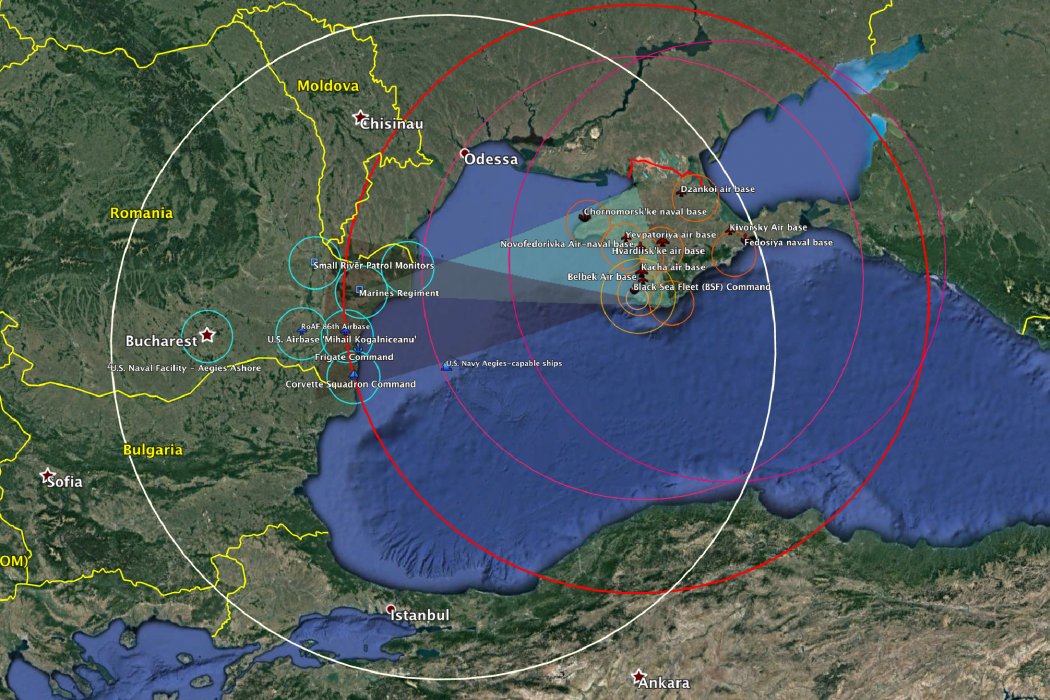
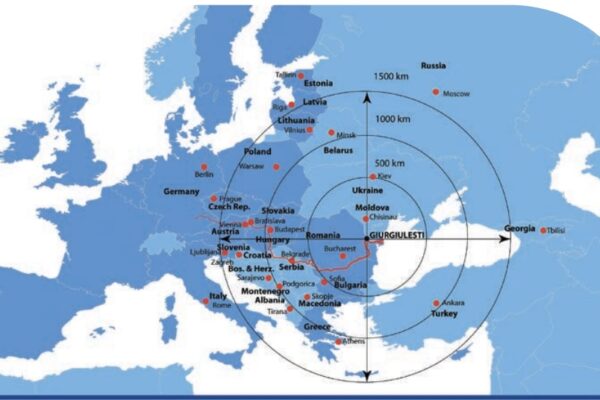
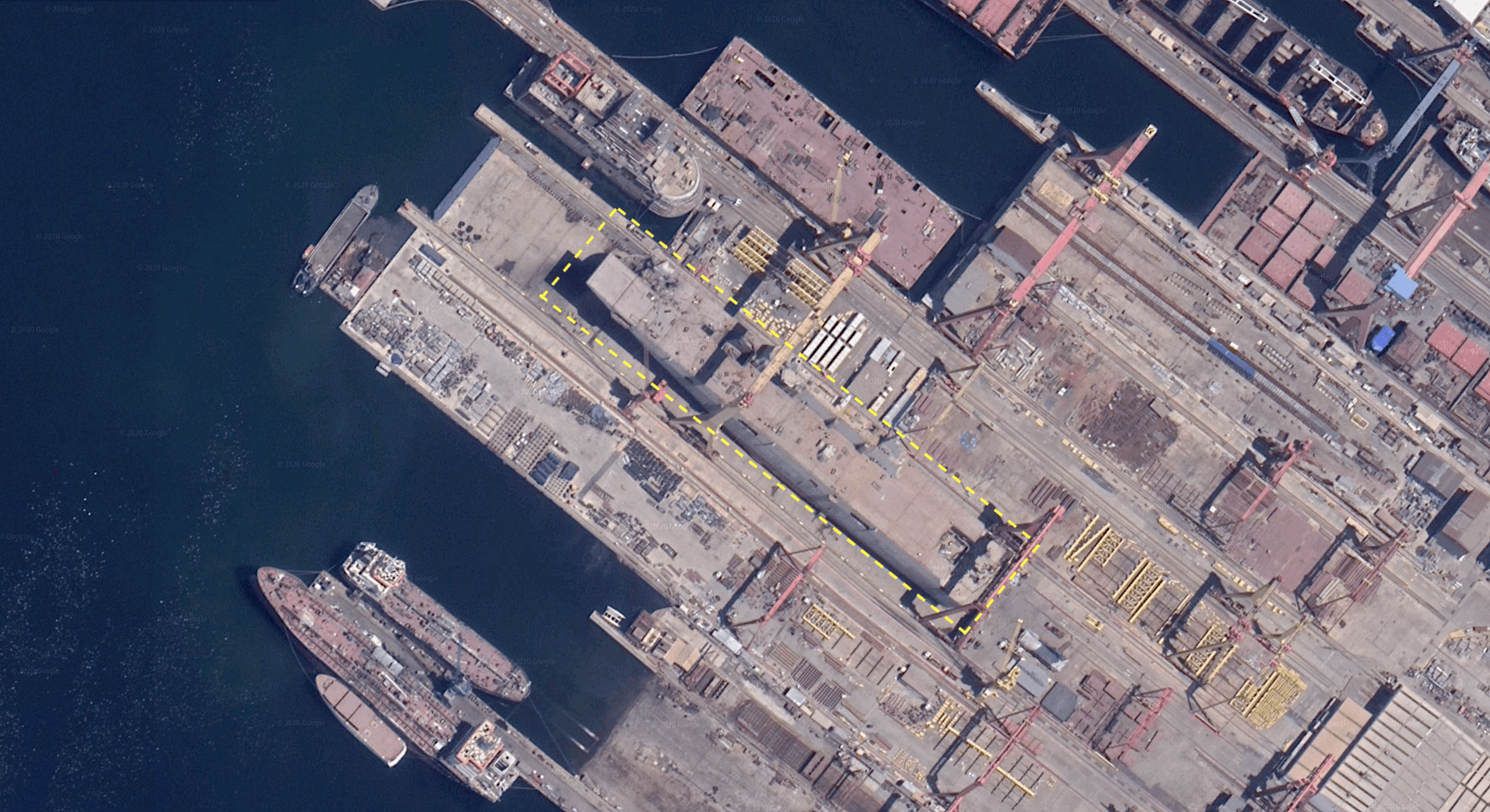


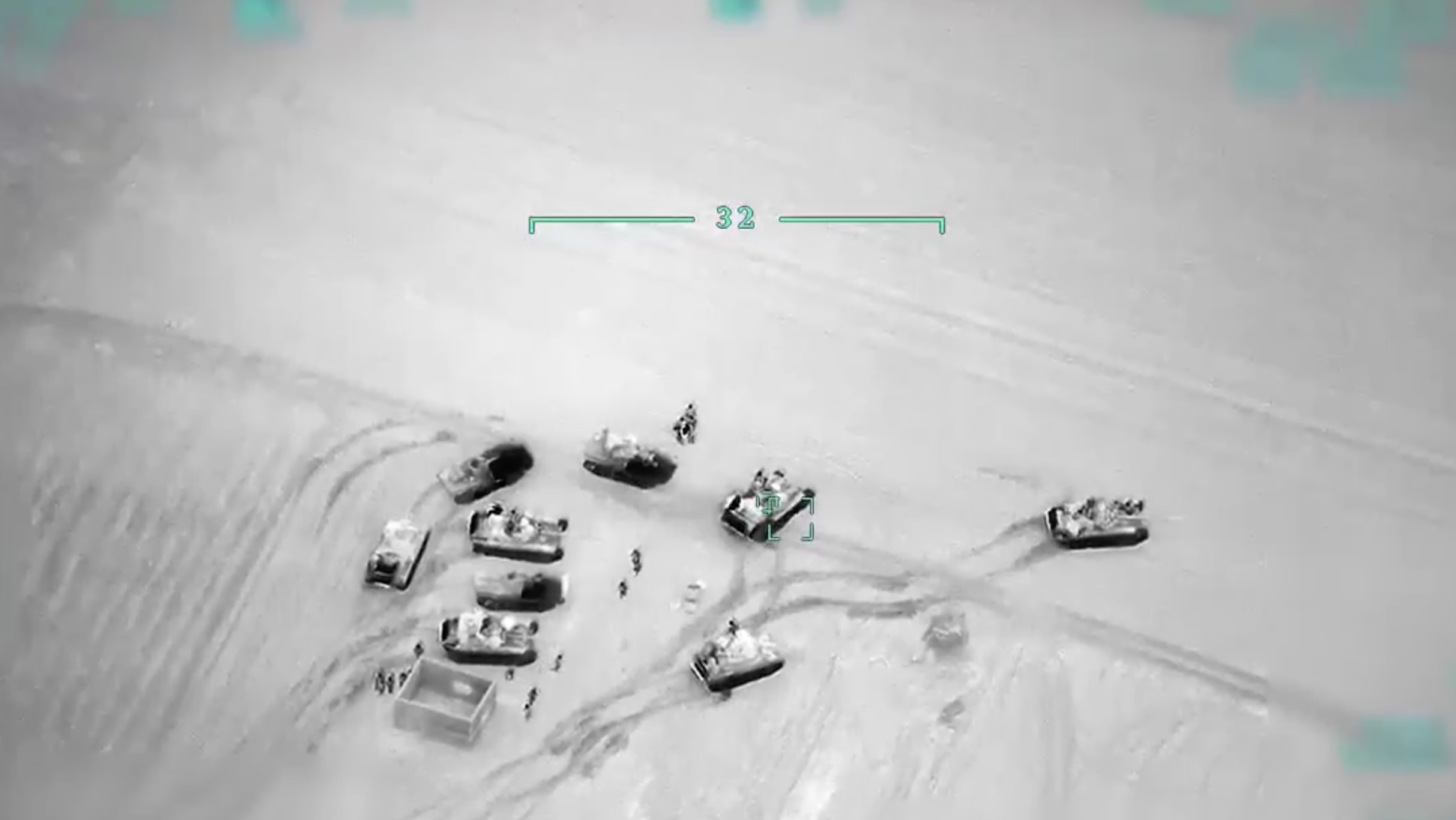

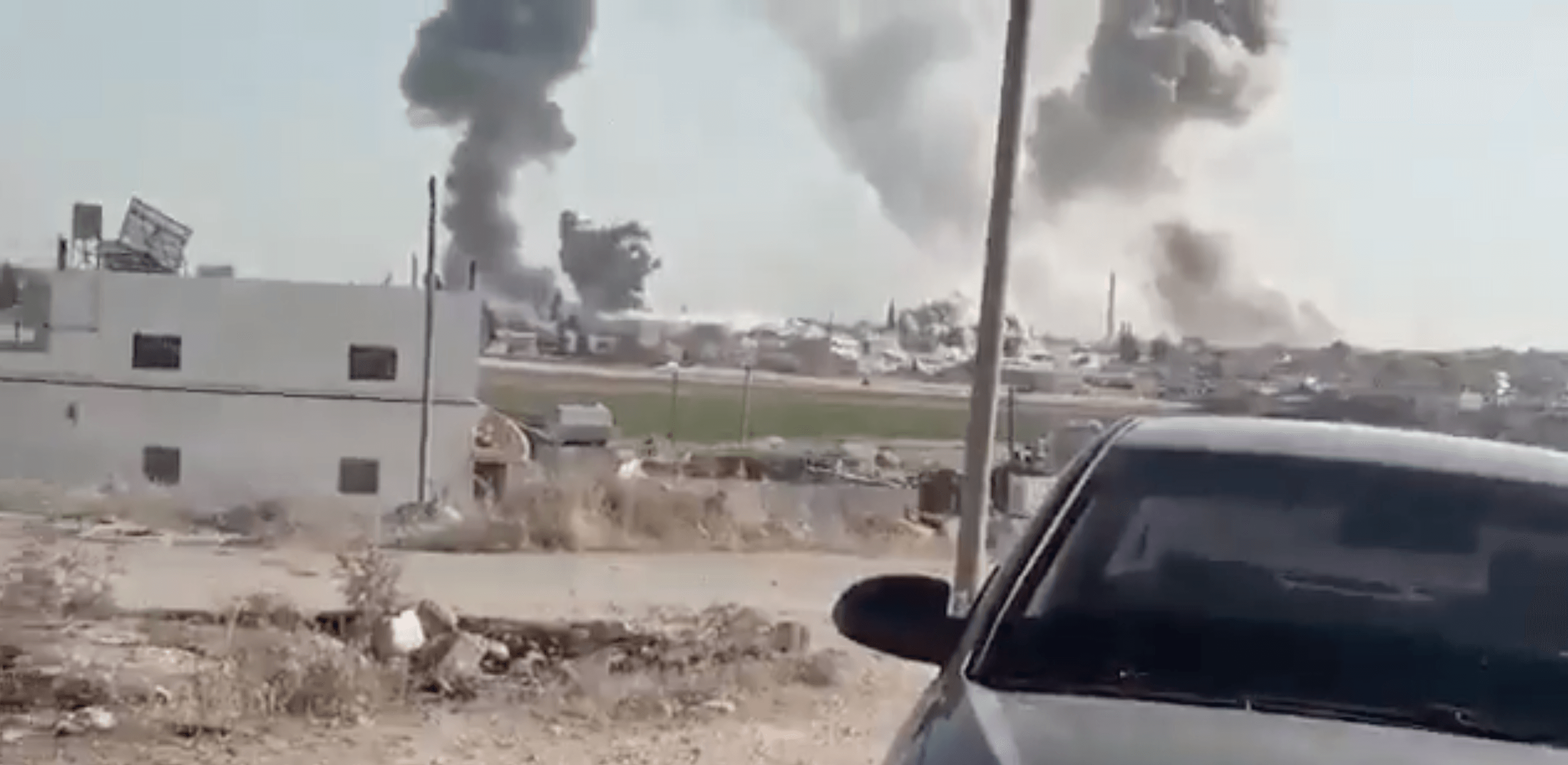

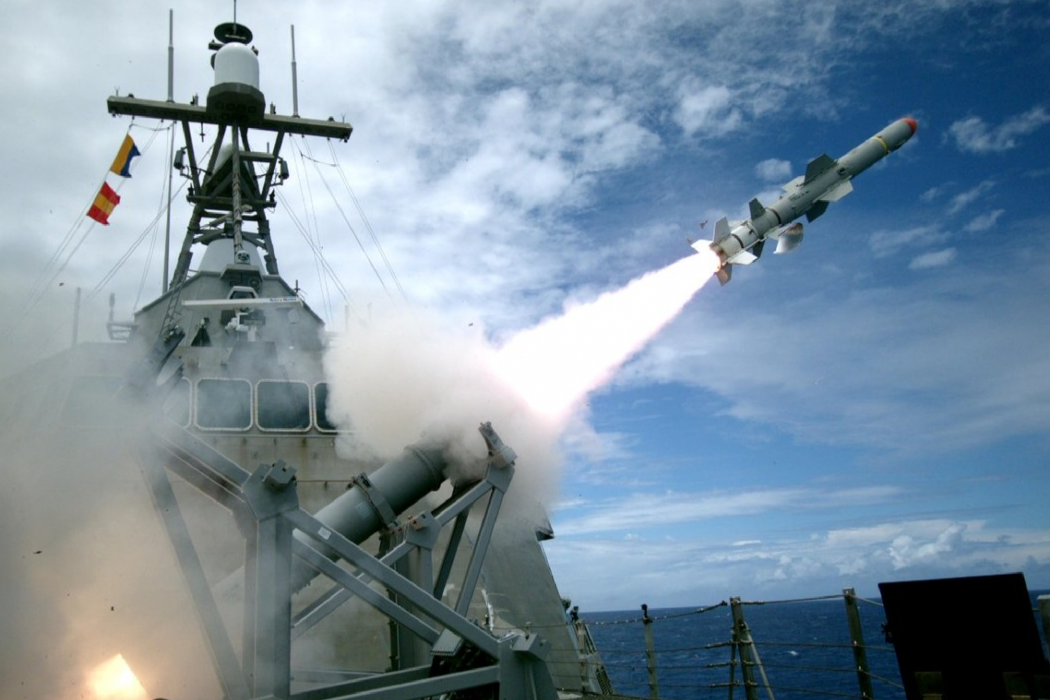
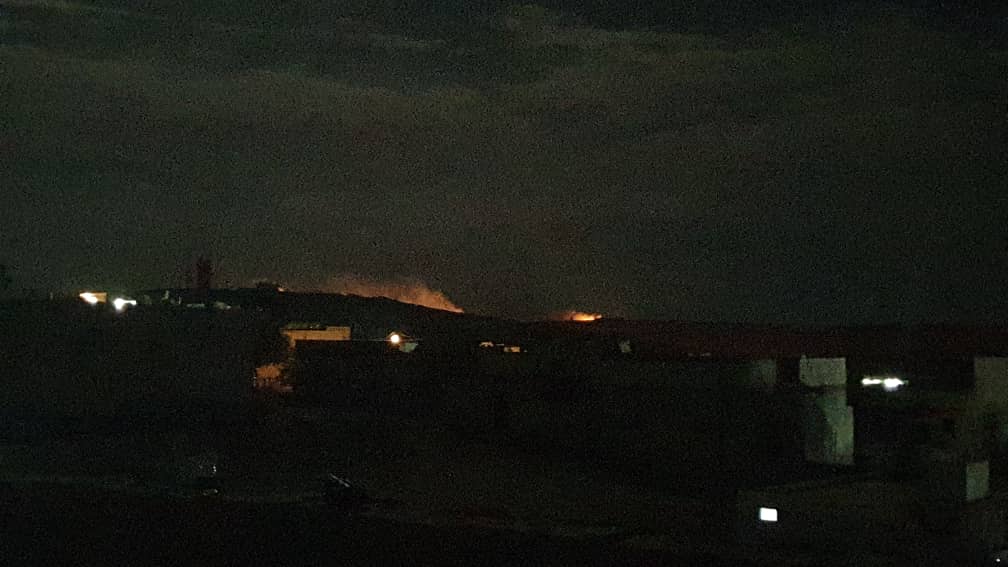
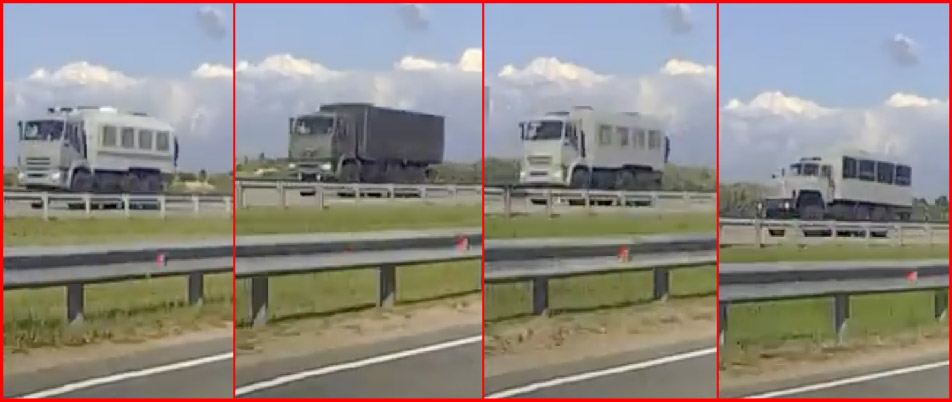
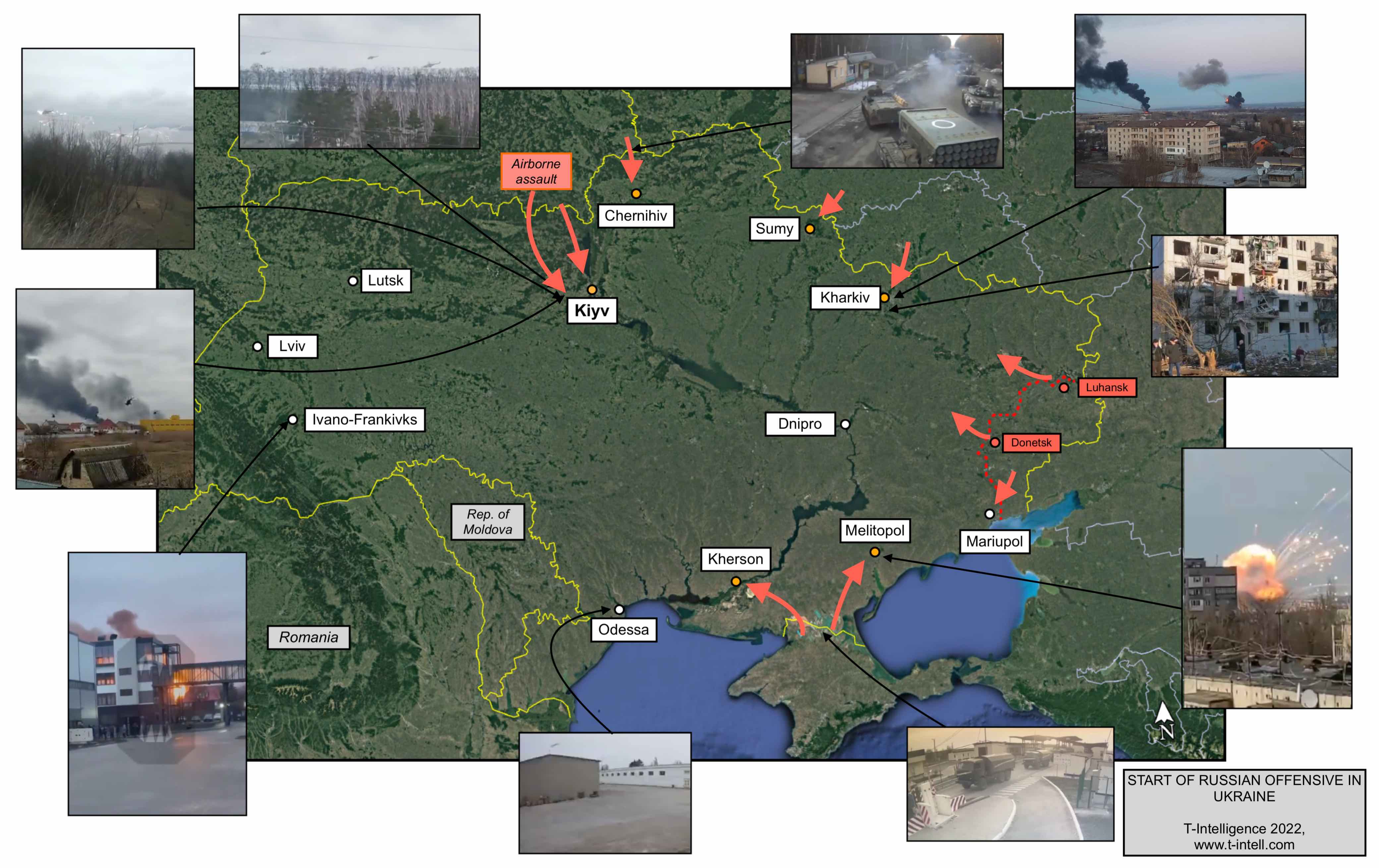
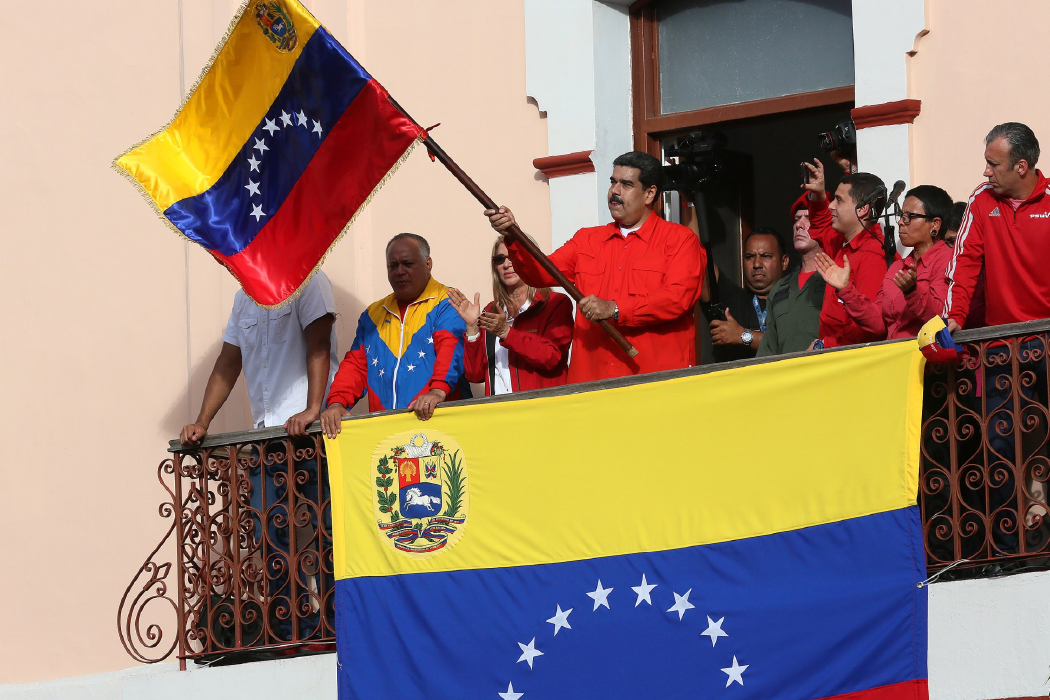
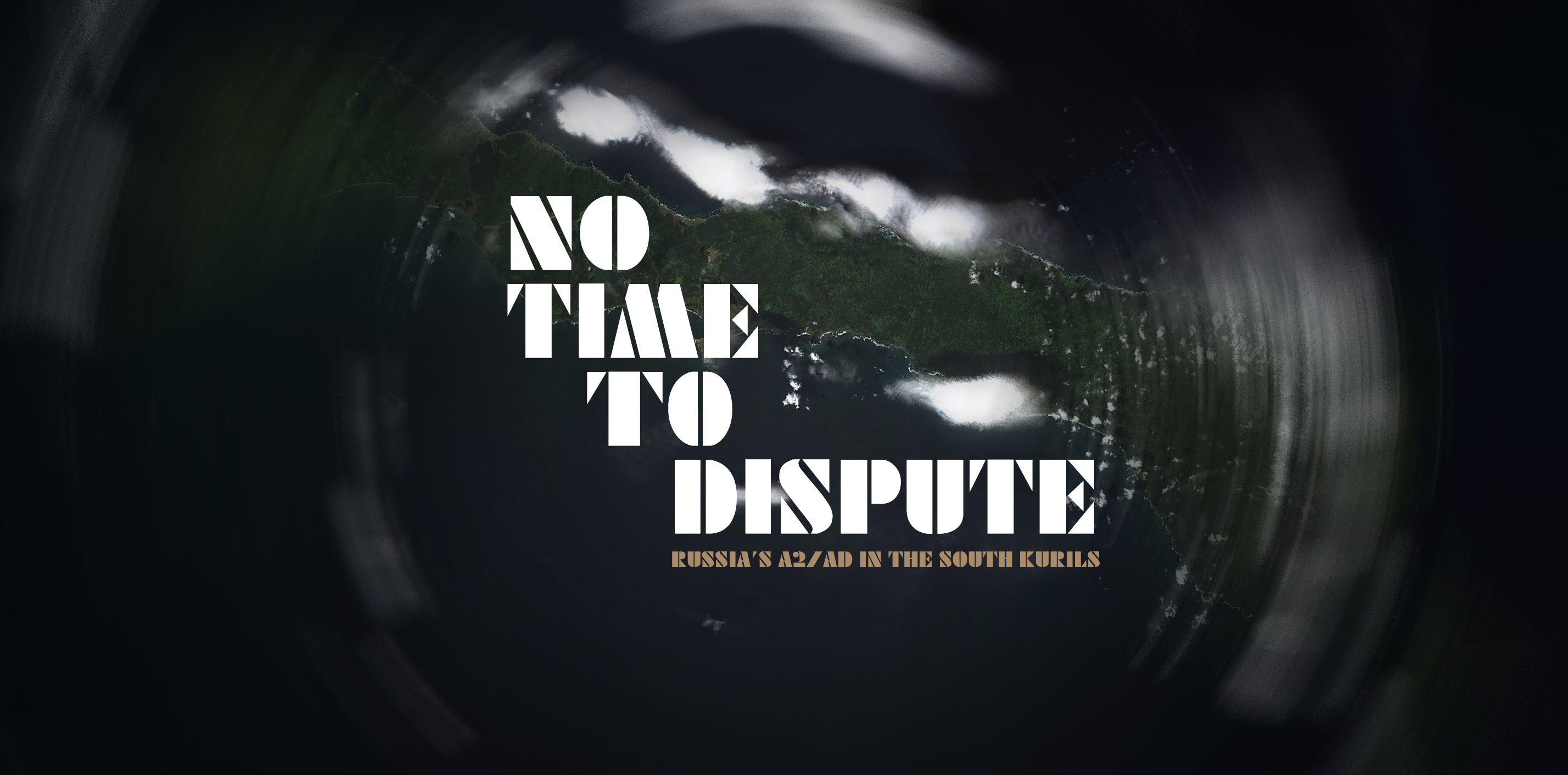
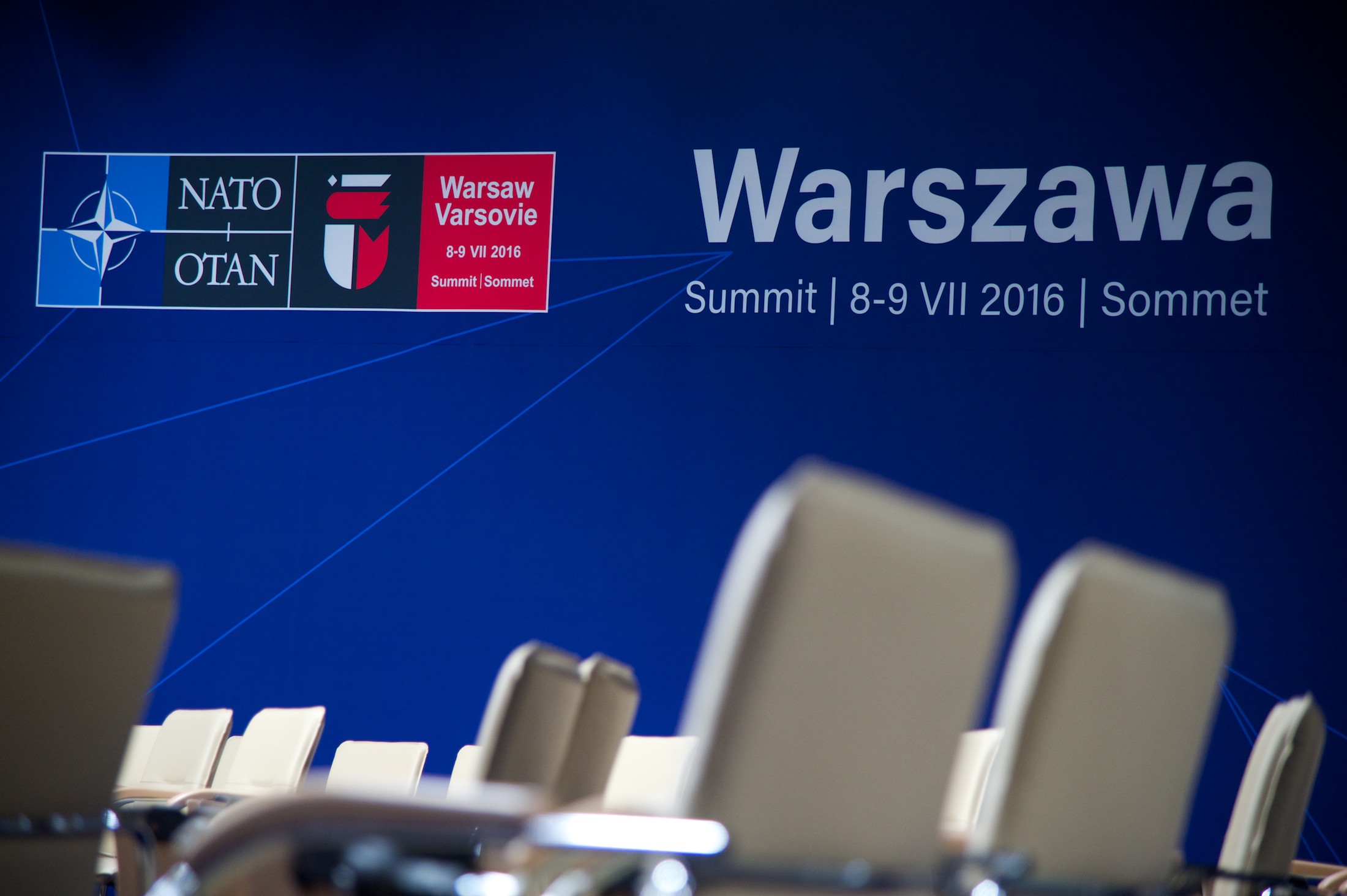

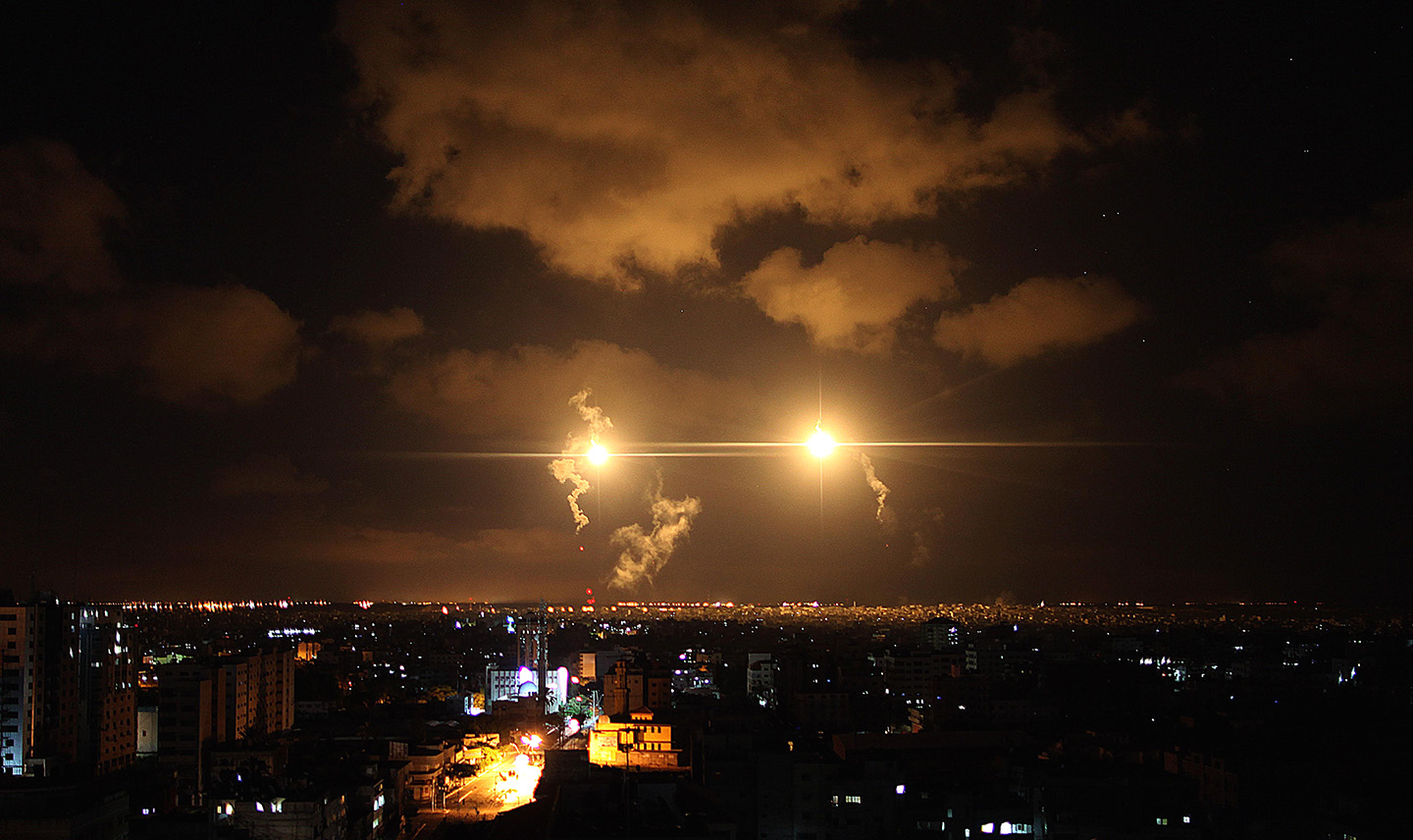
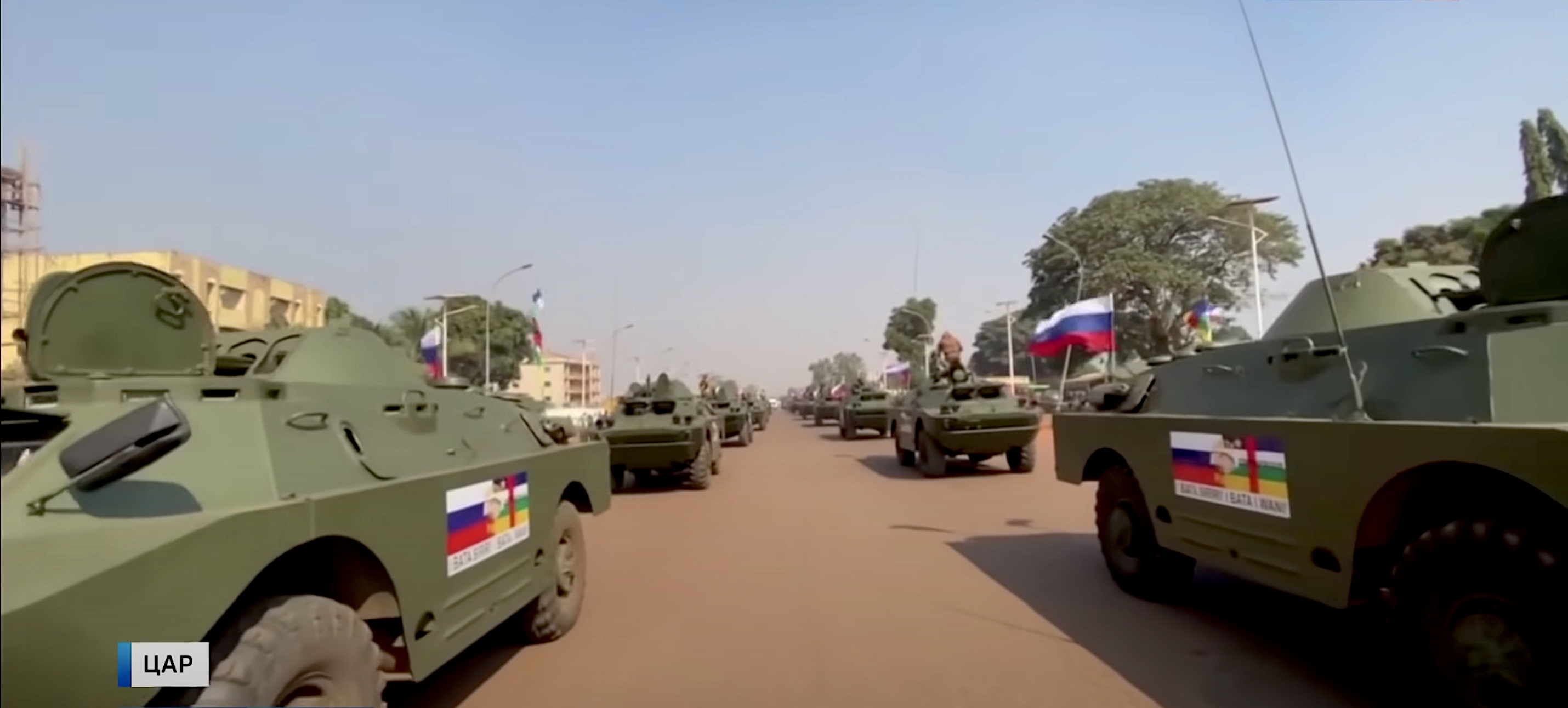
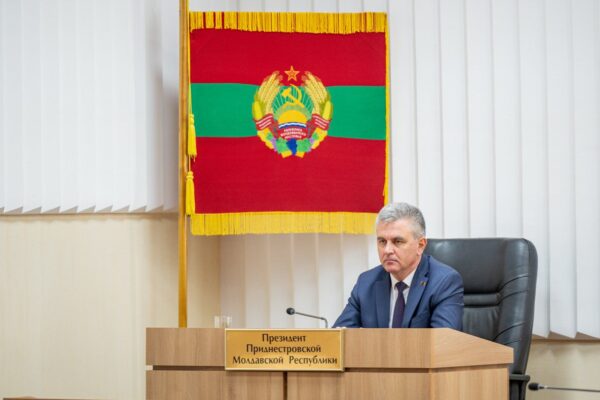
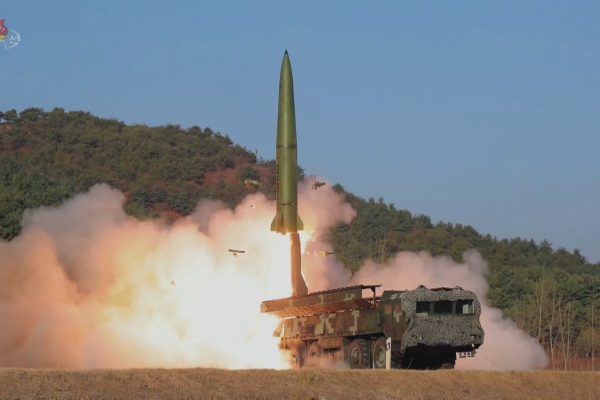


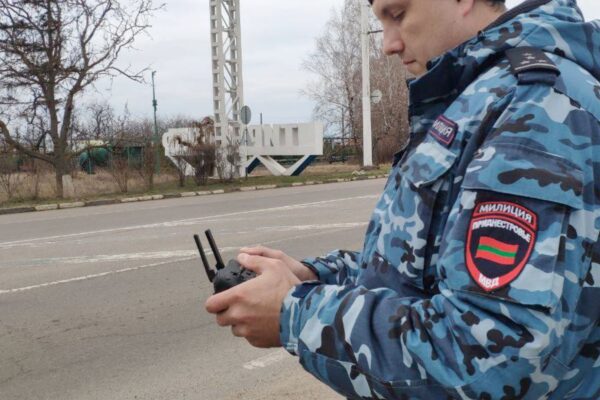

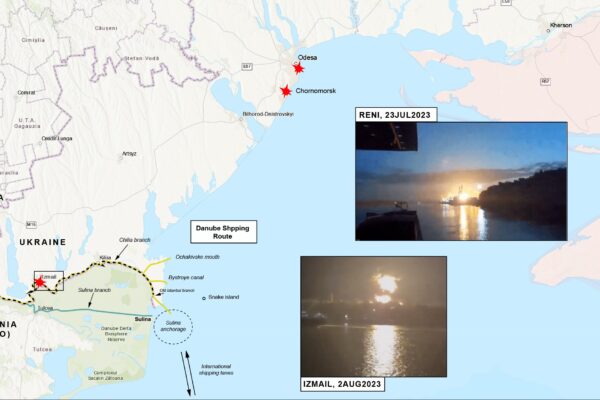
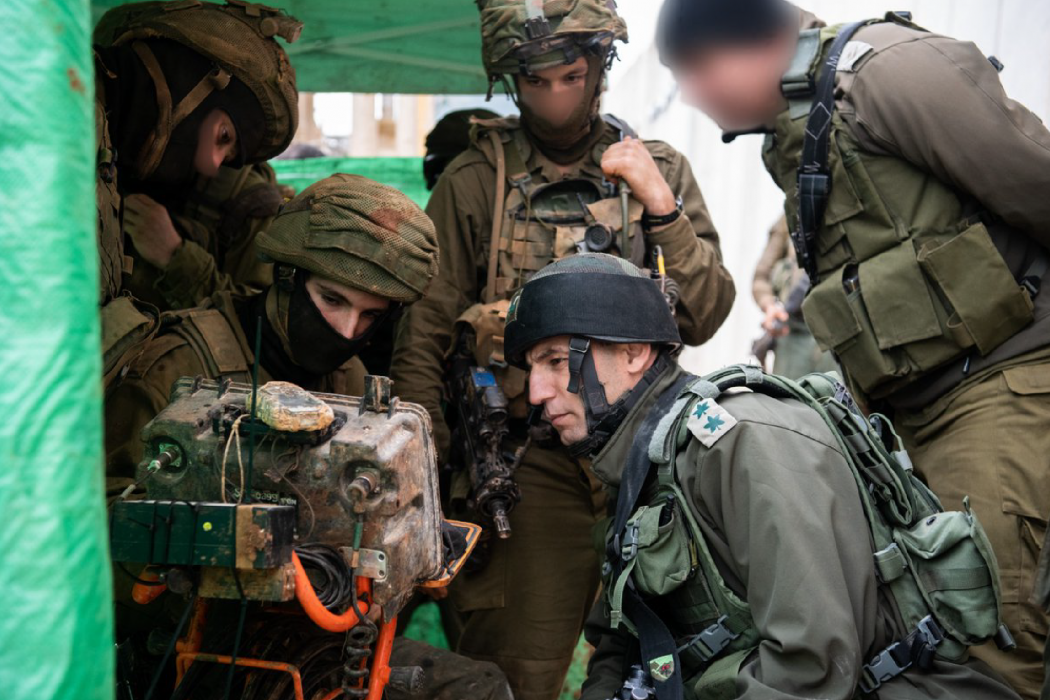
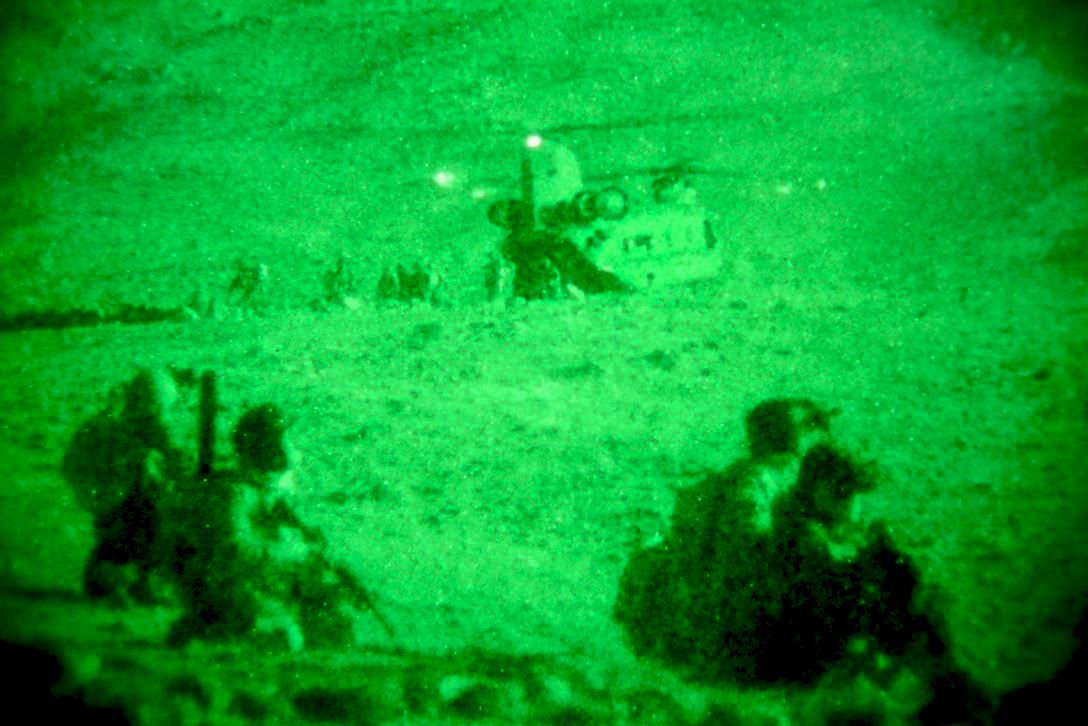

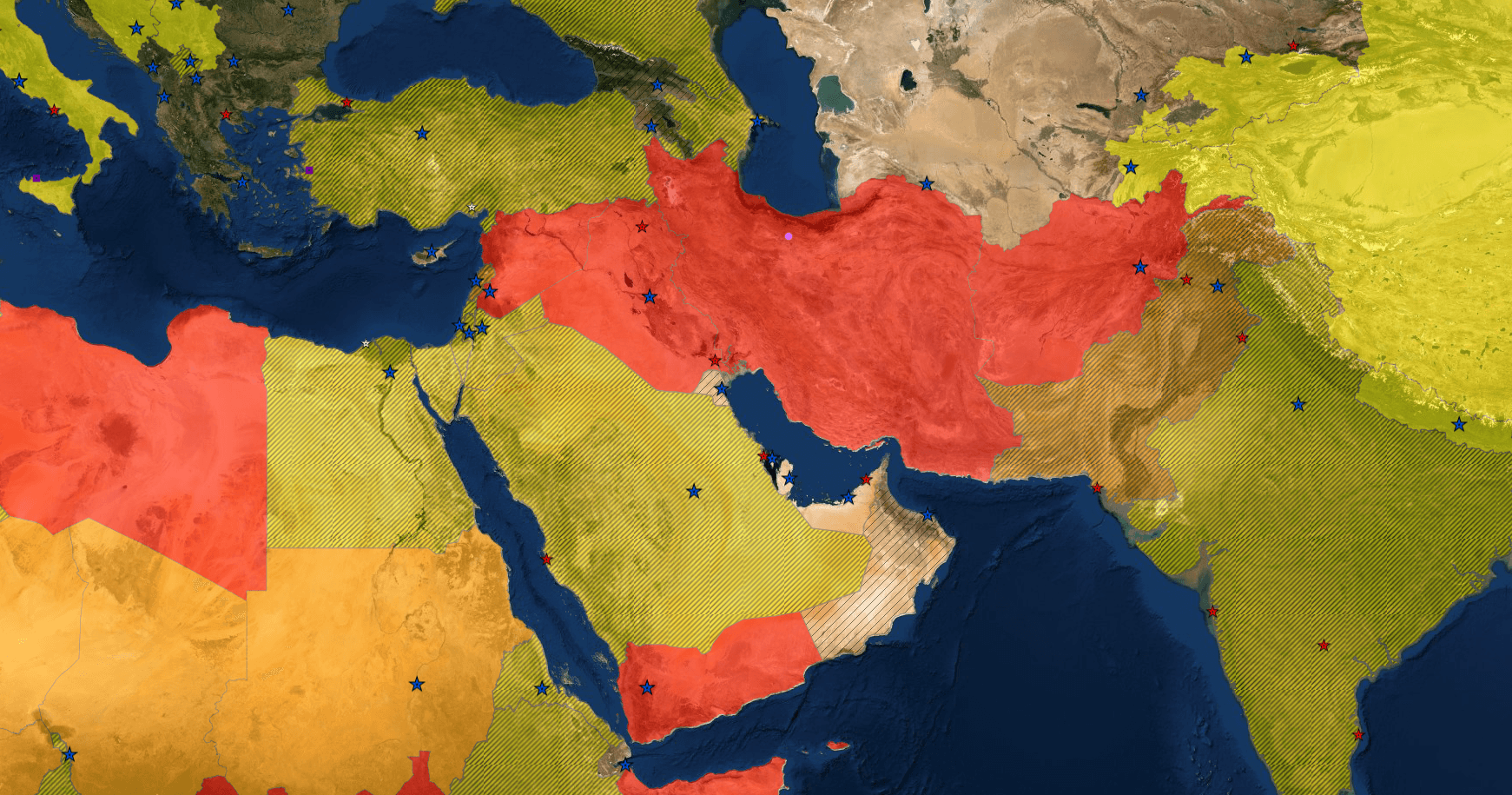
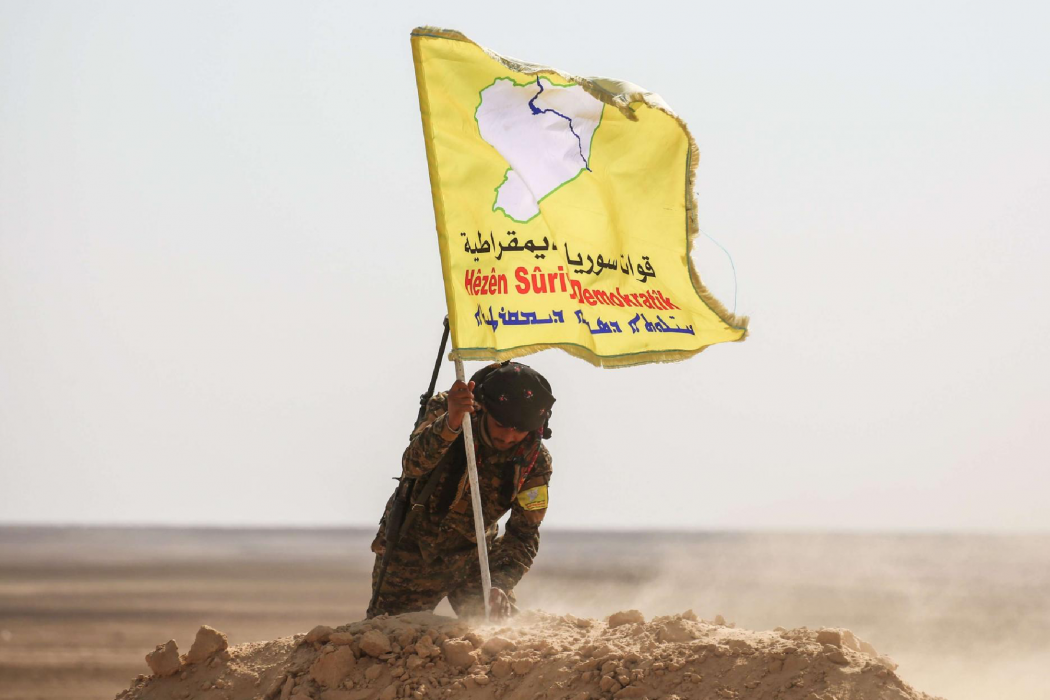
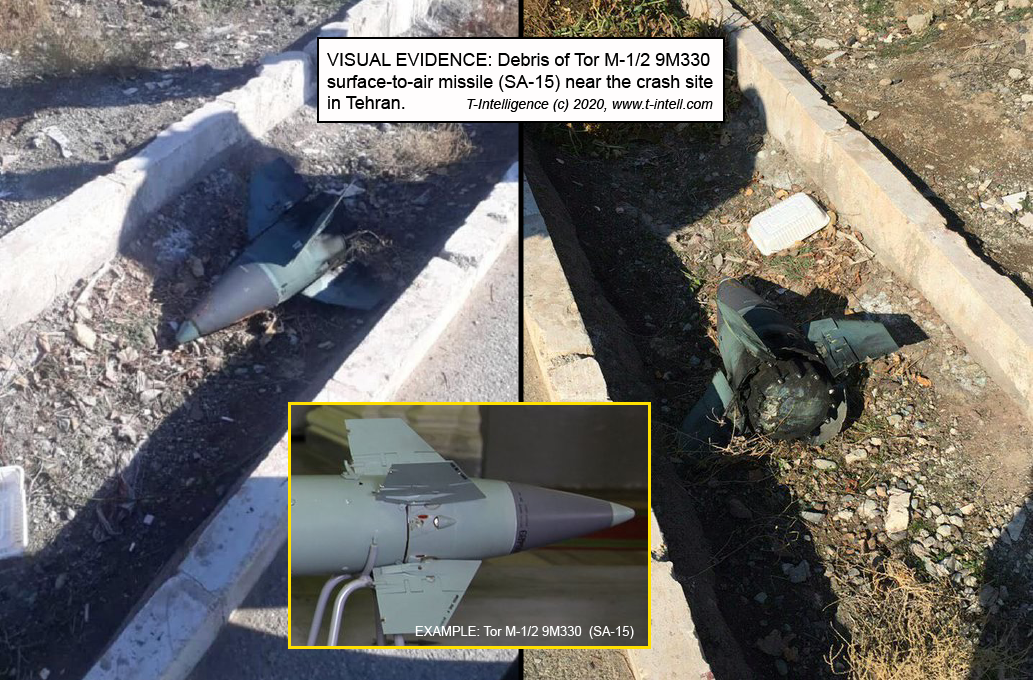
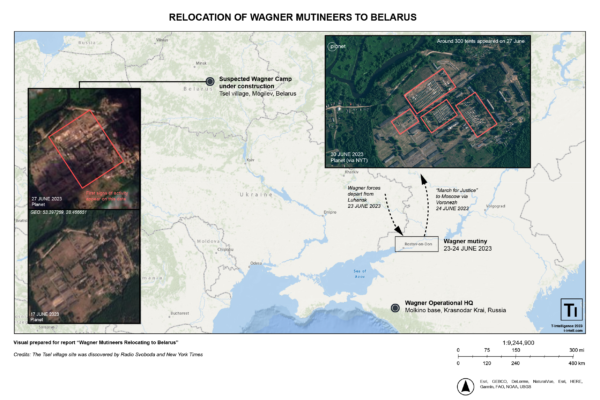
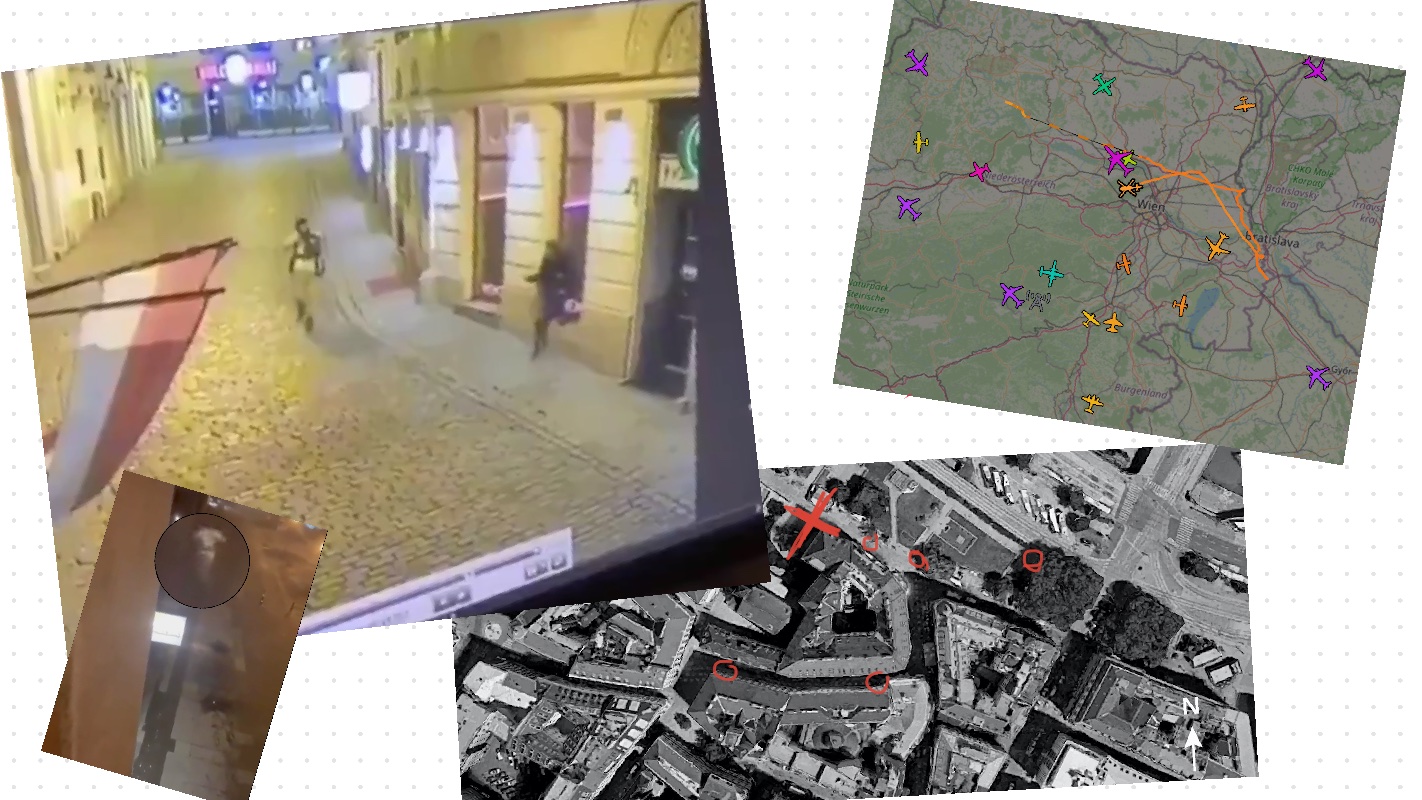
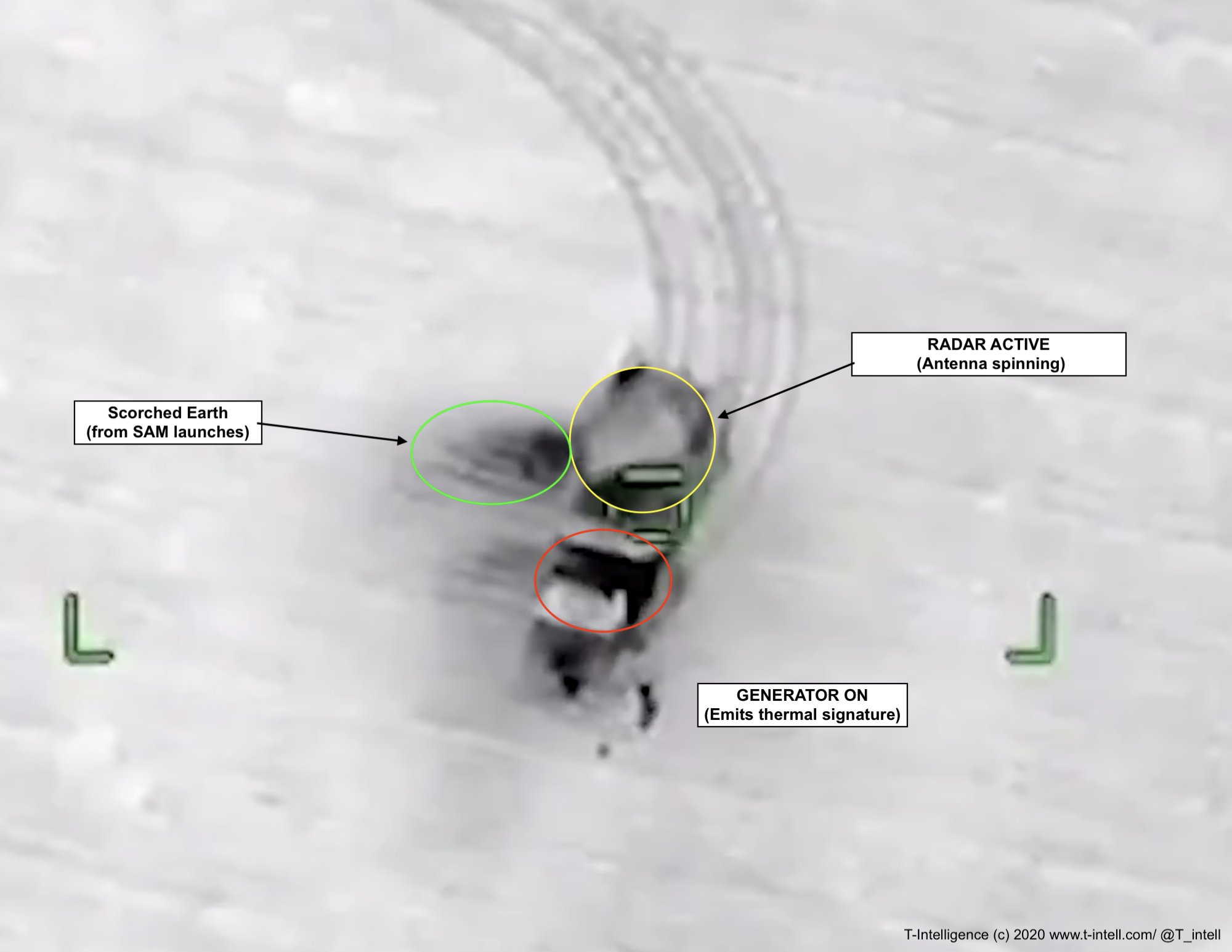

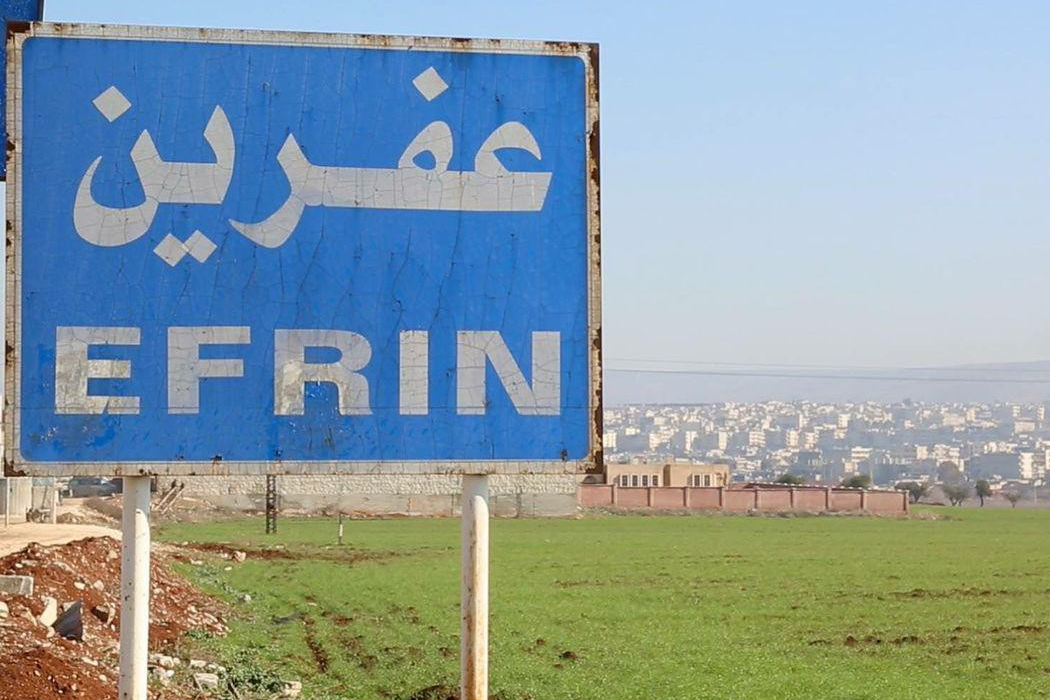


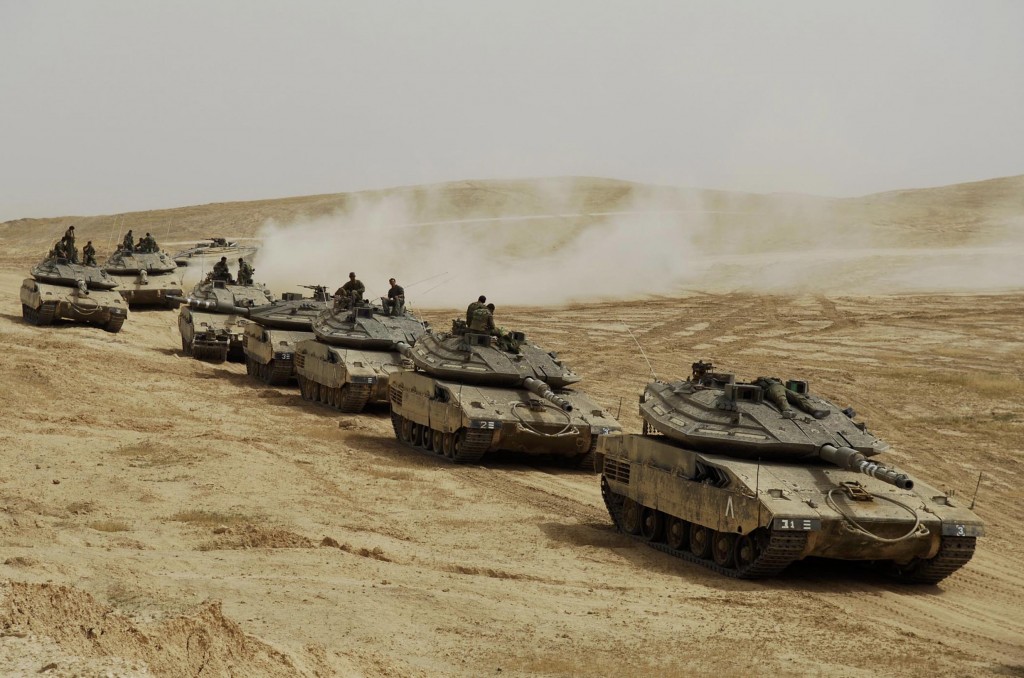
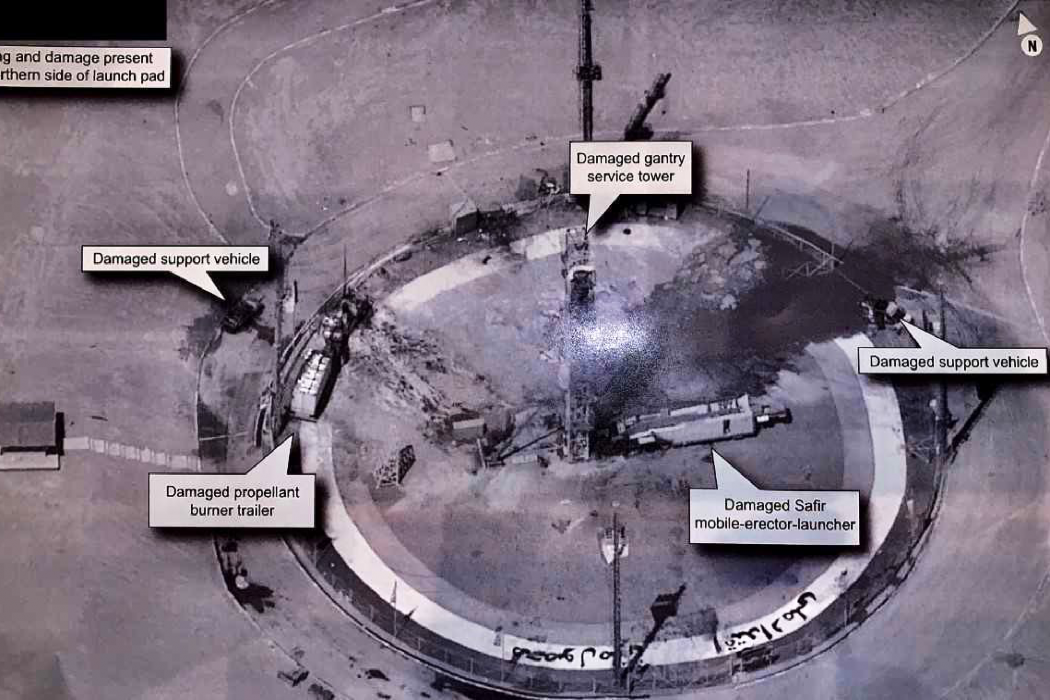
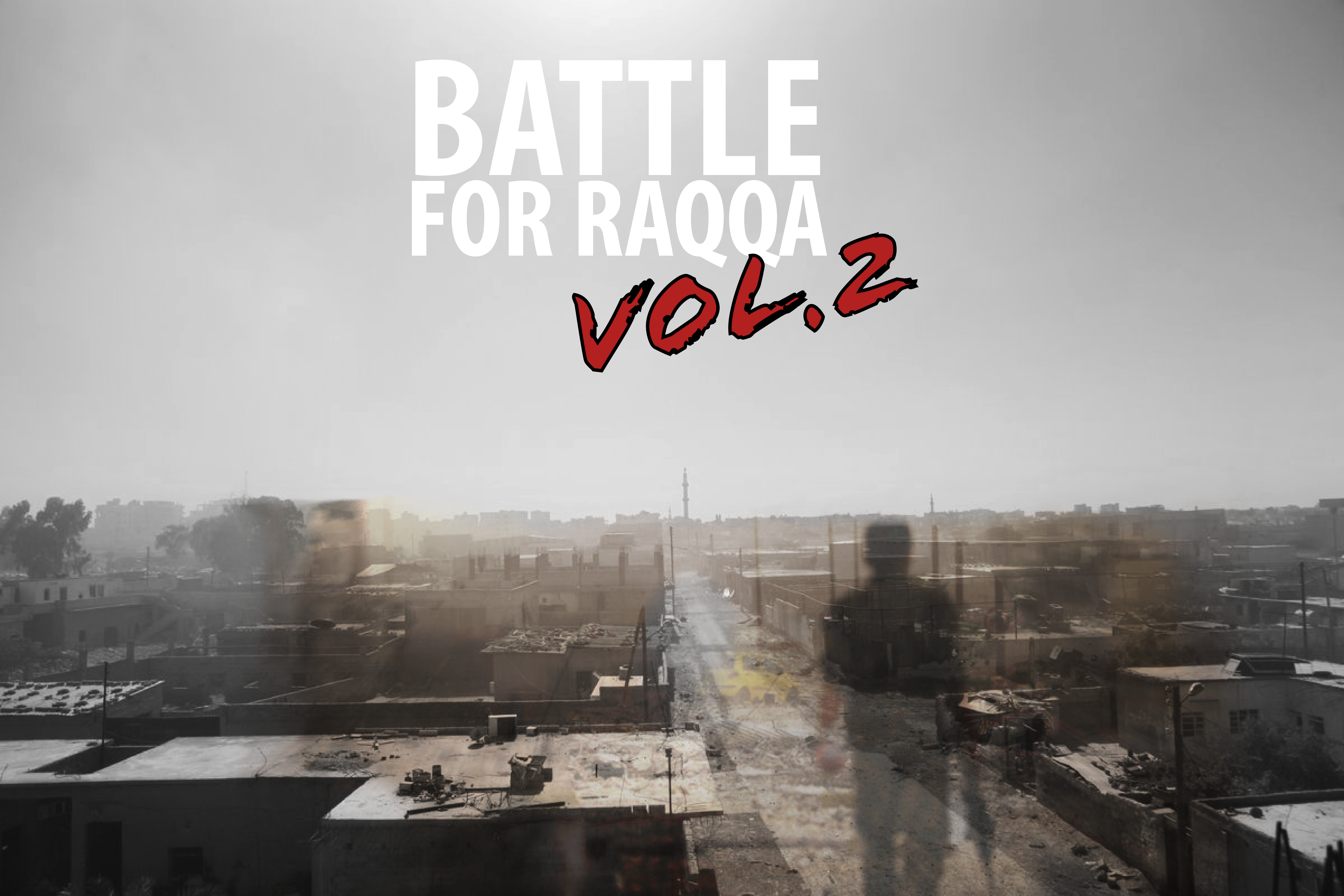
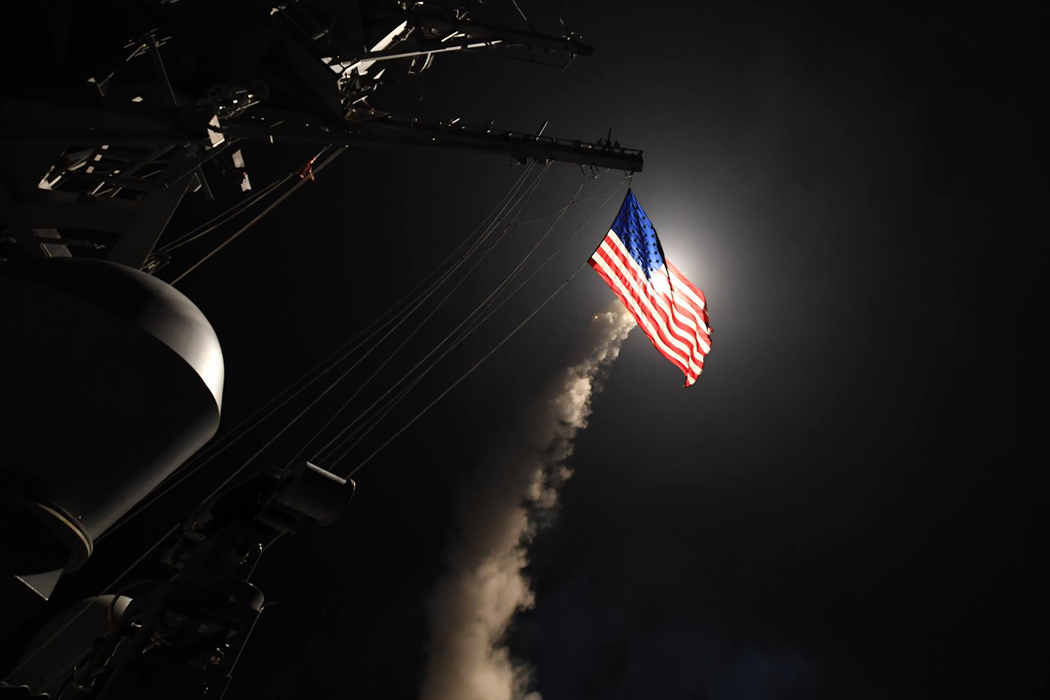
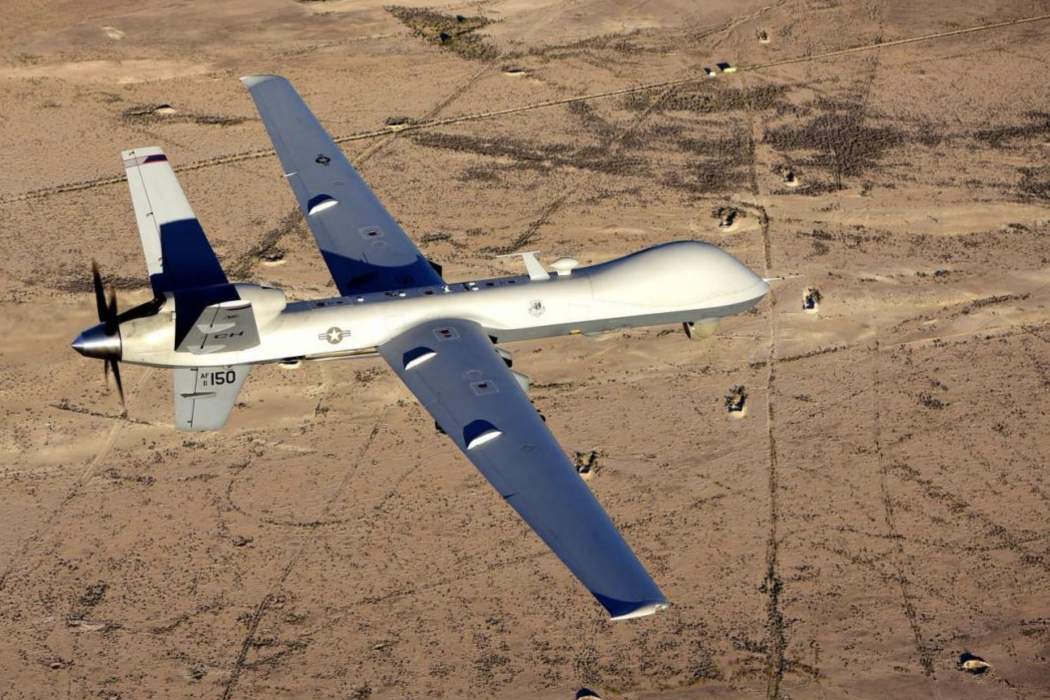
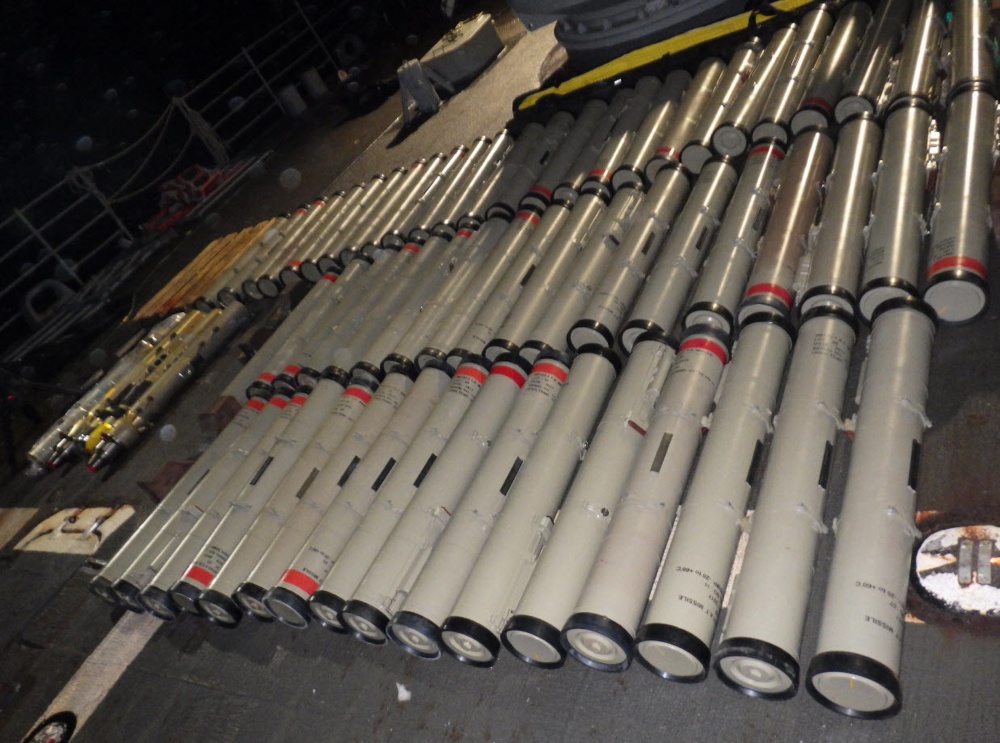
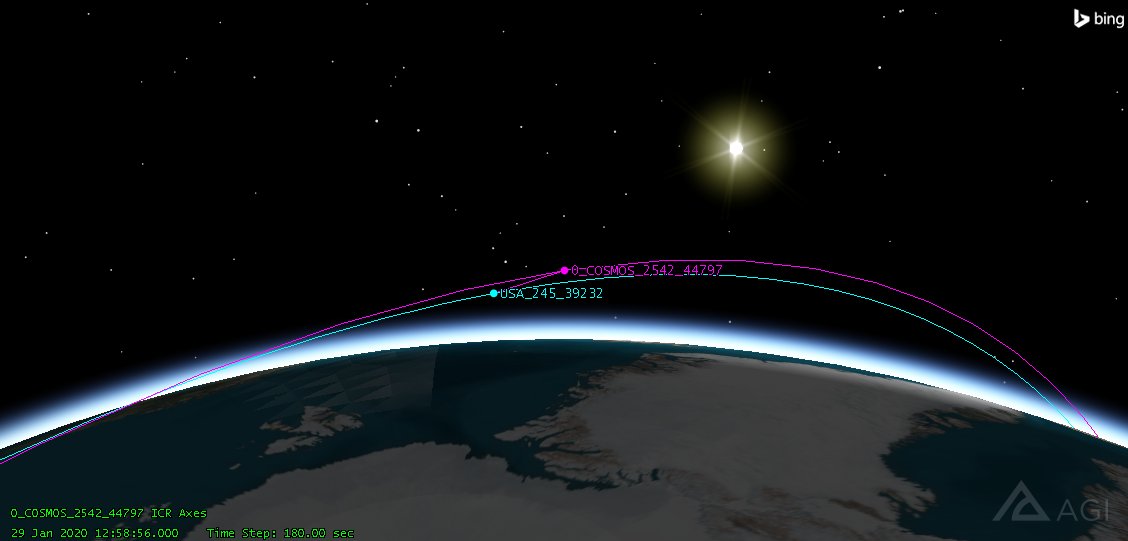
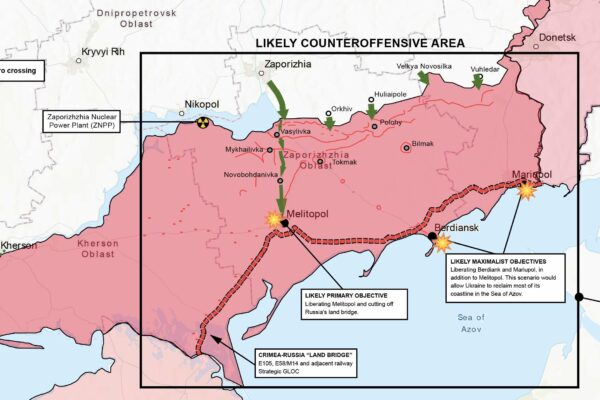
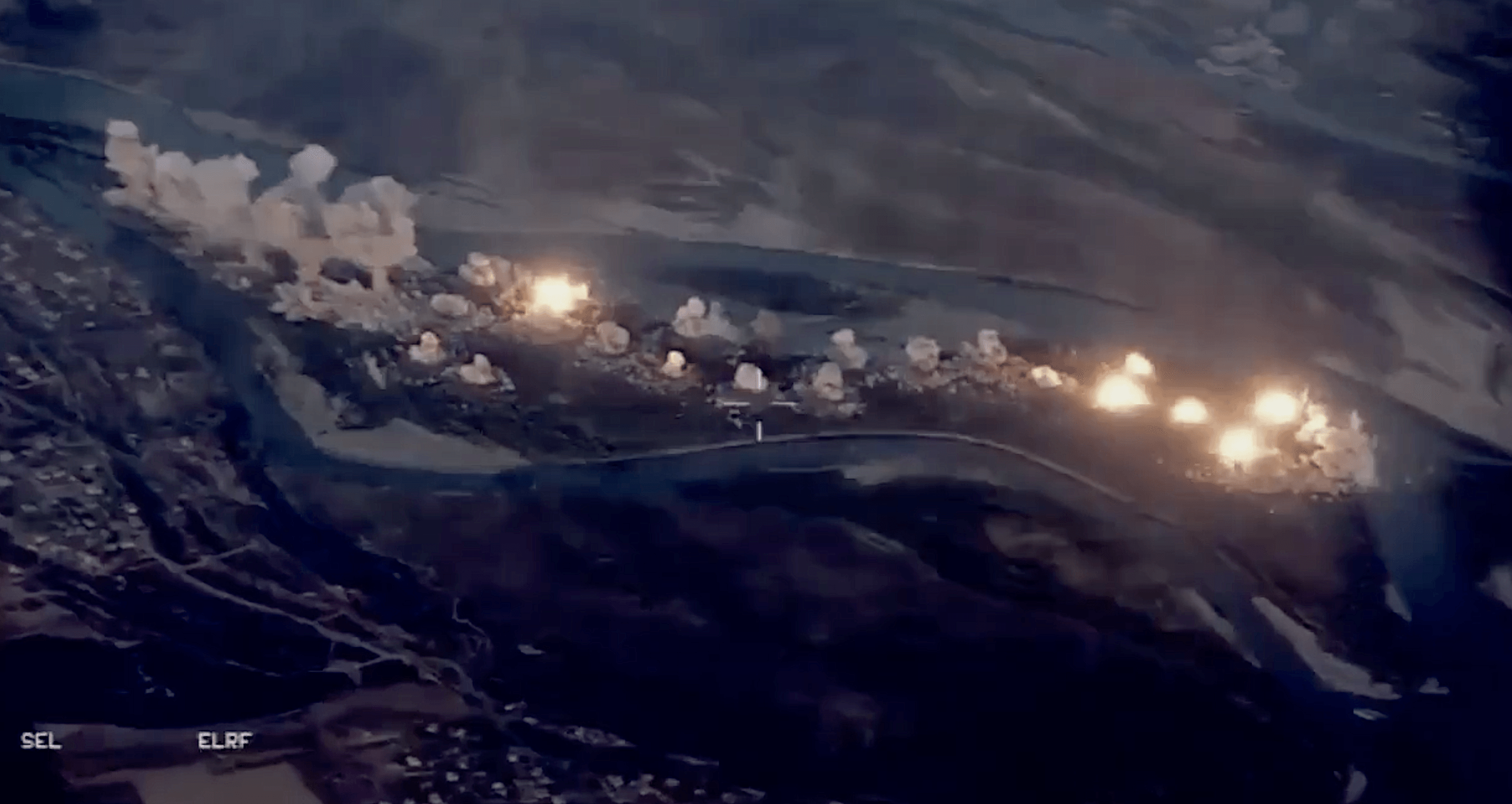

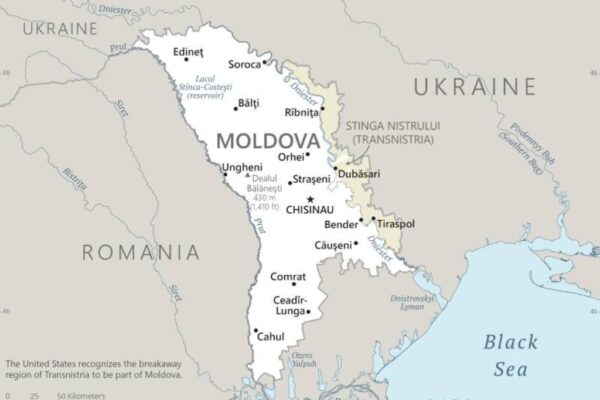
![Evacuation “Shattered Glass”: The US/ Coalition Bases in Syria [Part 1]](https://t-intell.com/wp-content/uploads/2020/02/KLZJan.62018copy_optimized.png)
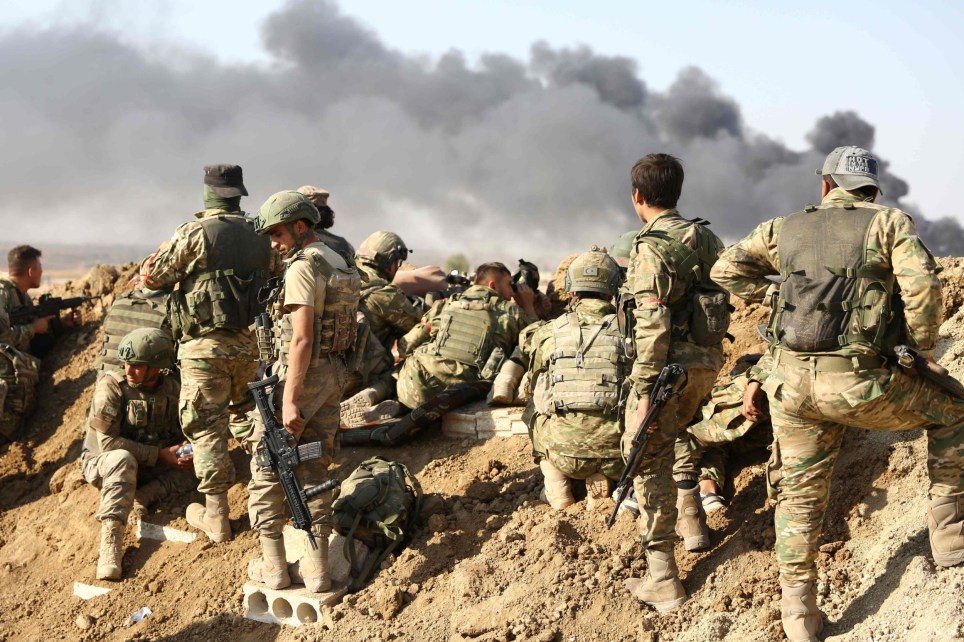

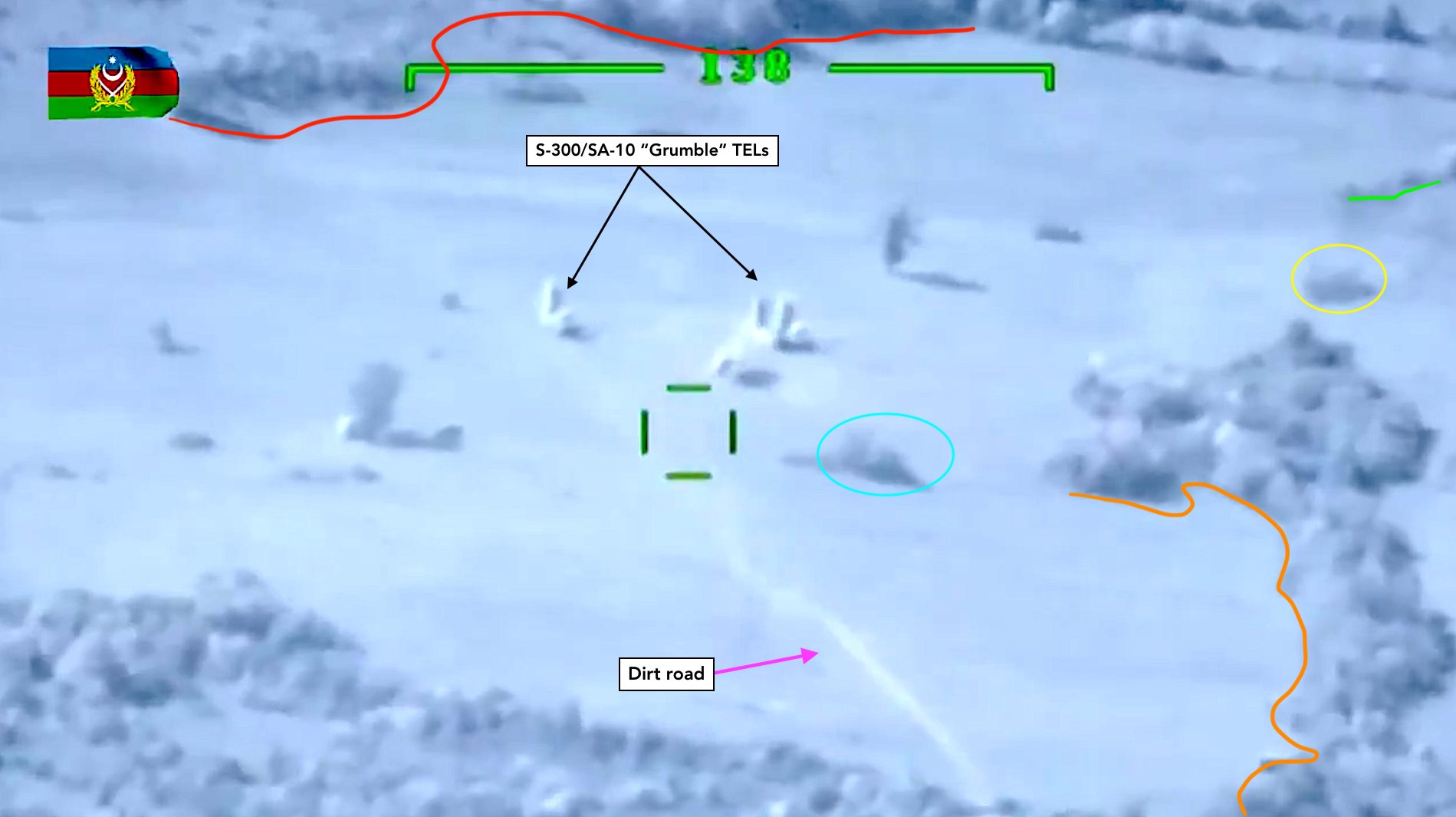
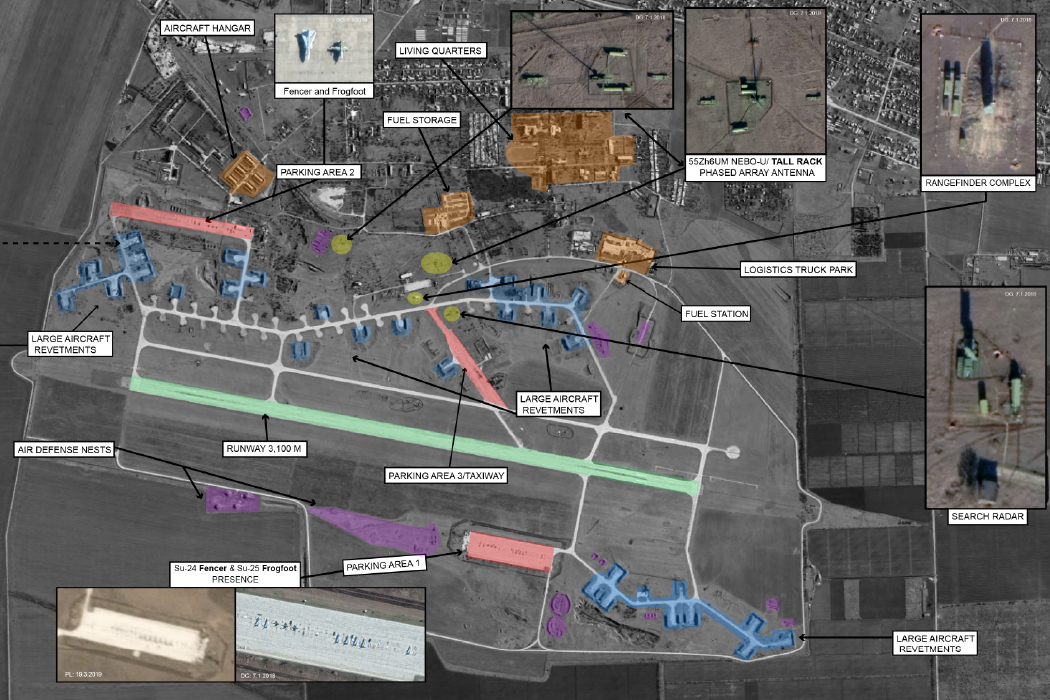
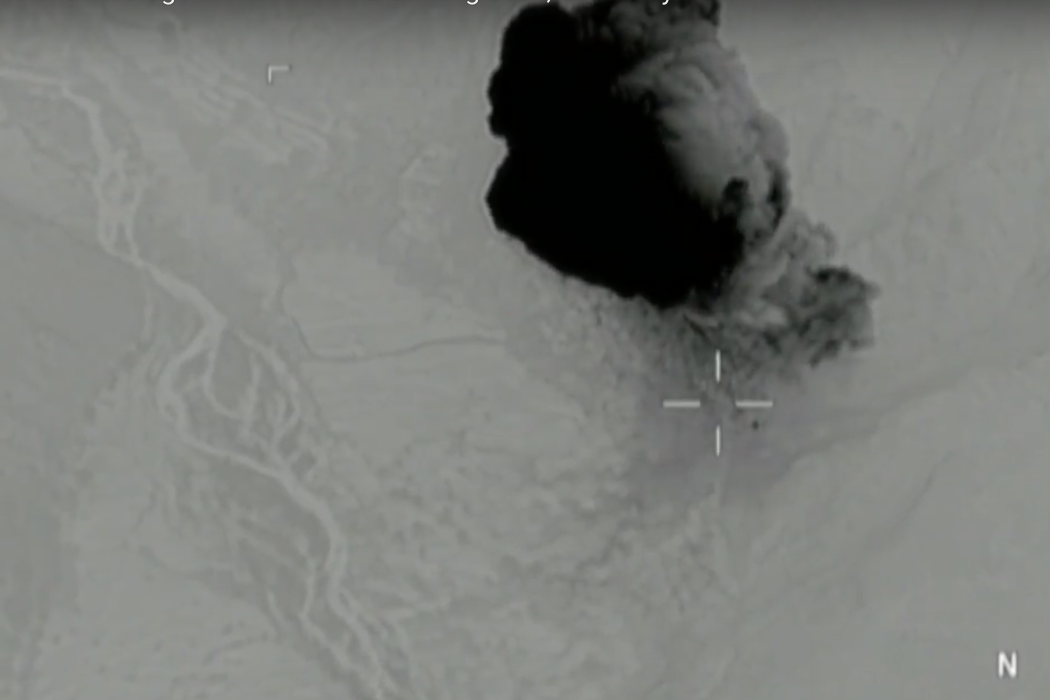

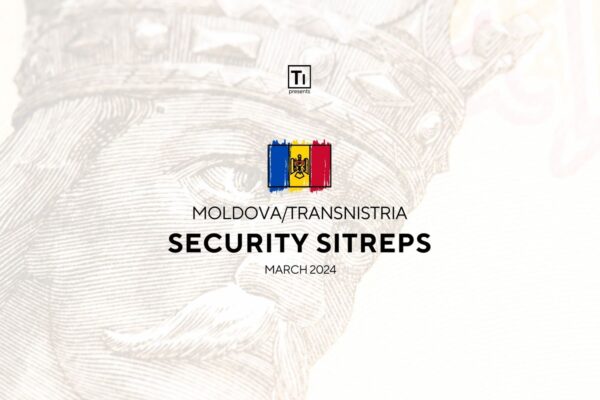

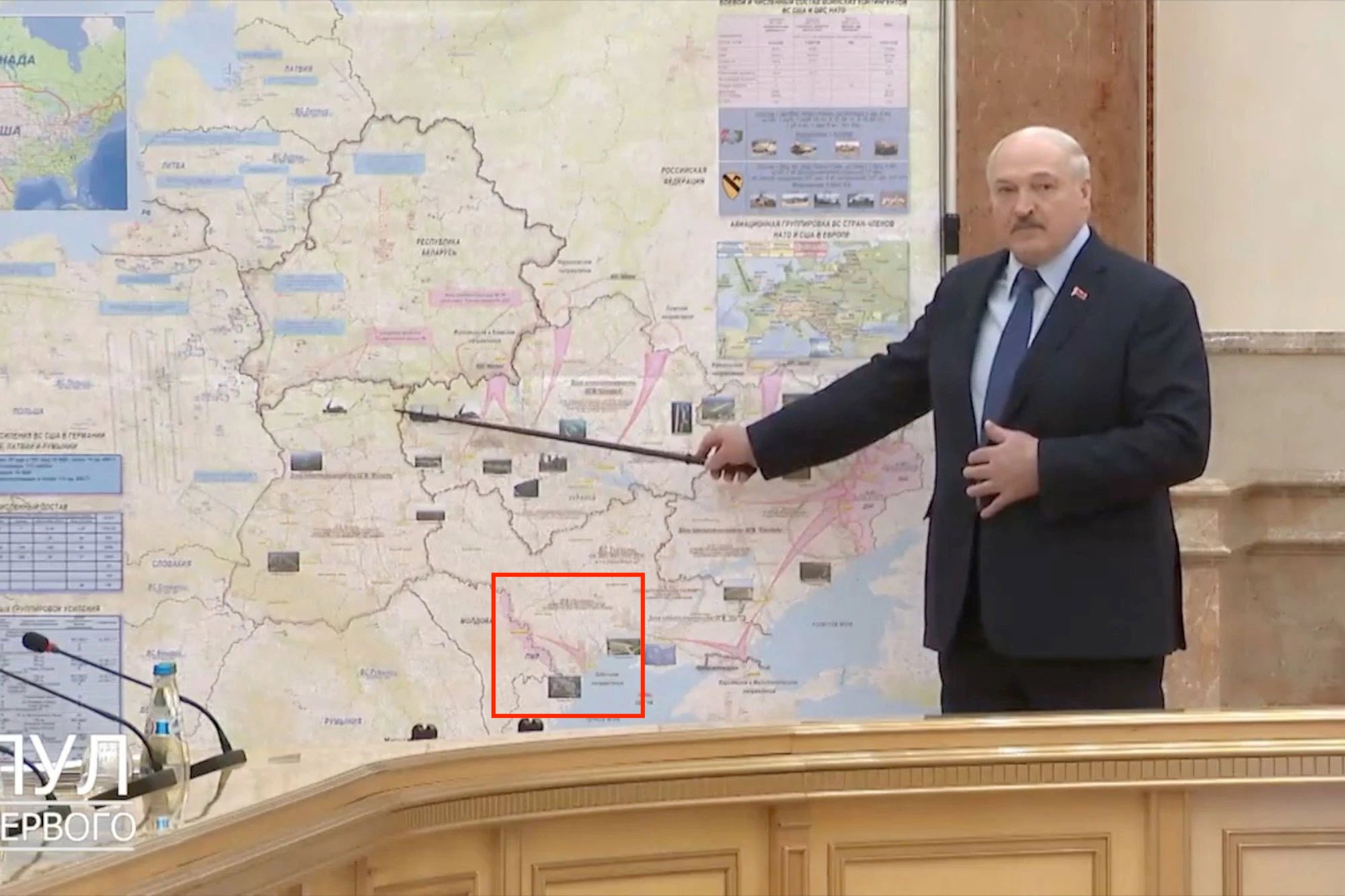

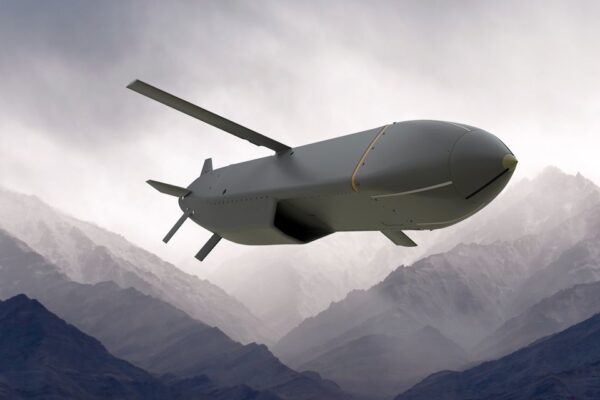
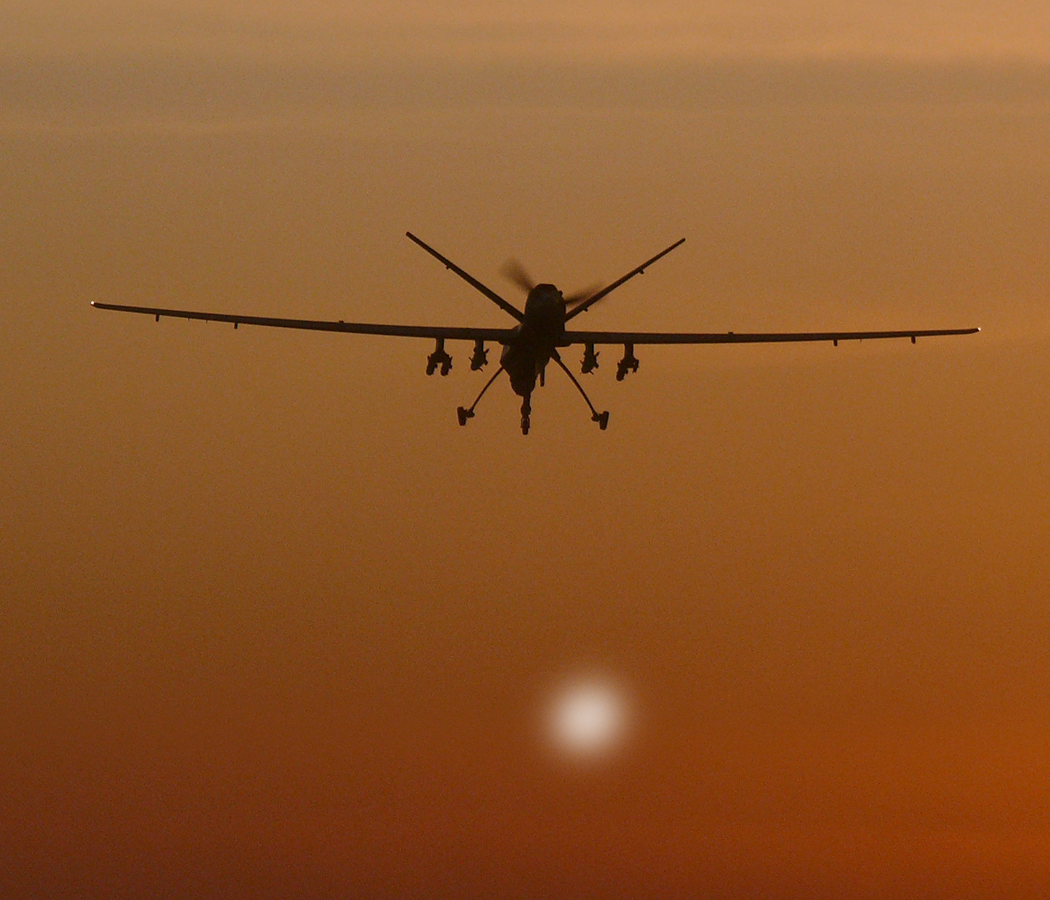
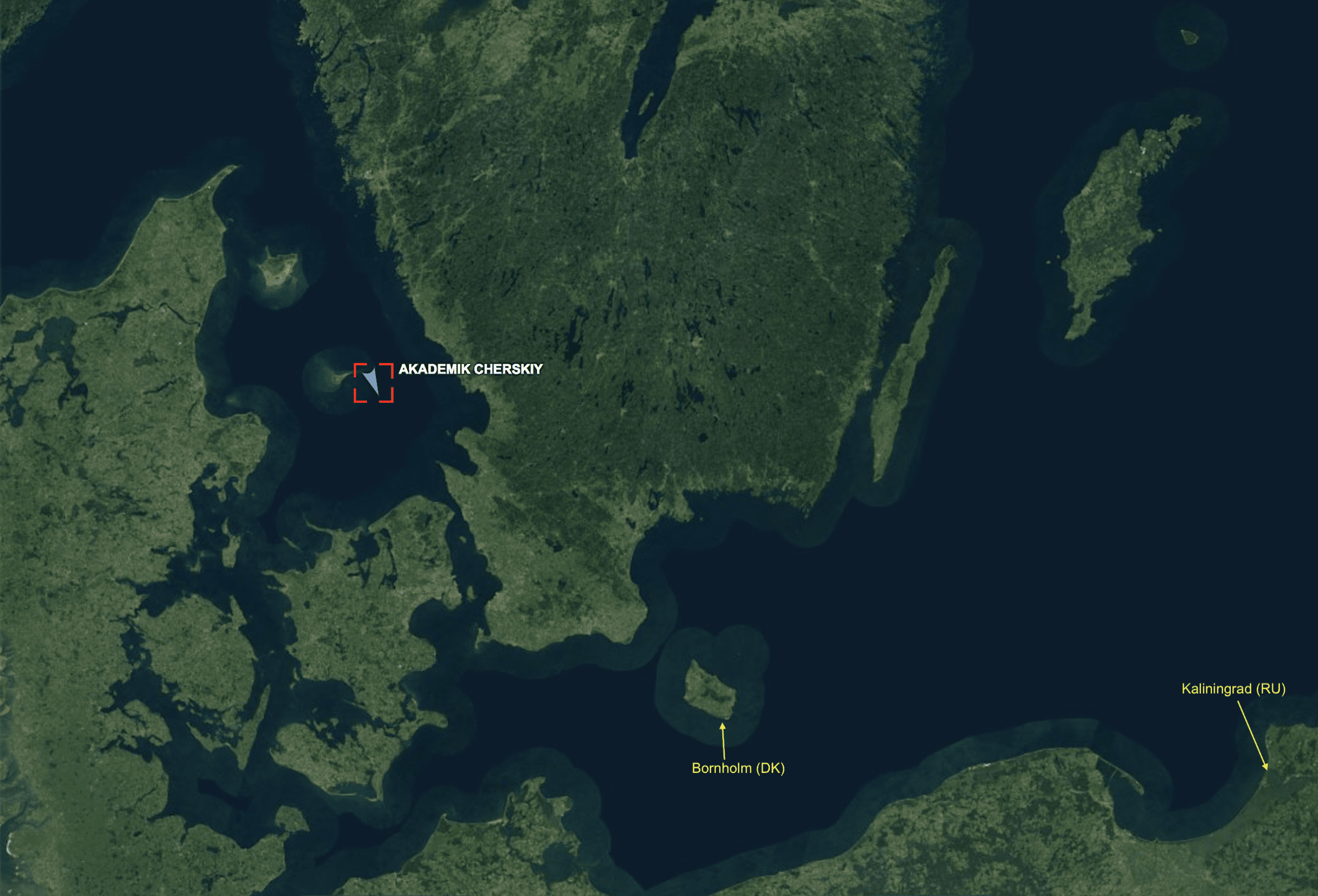
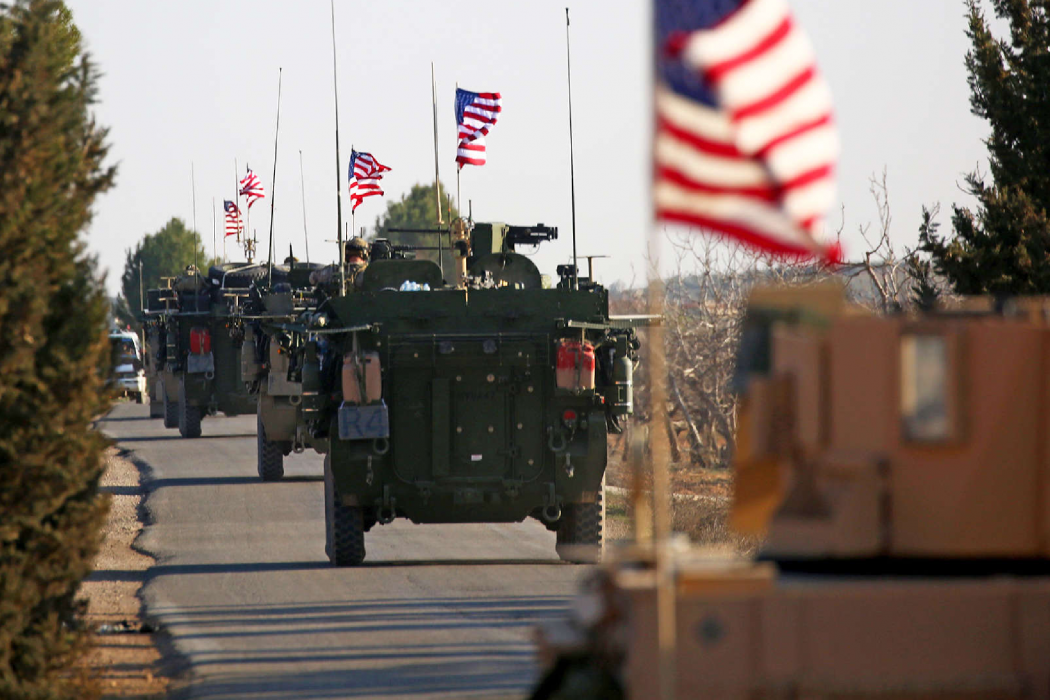
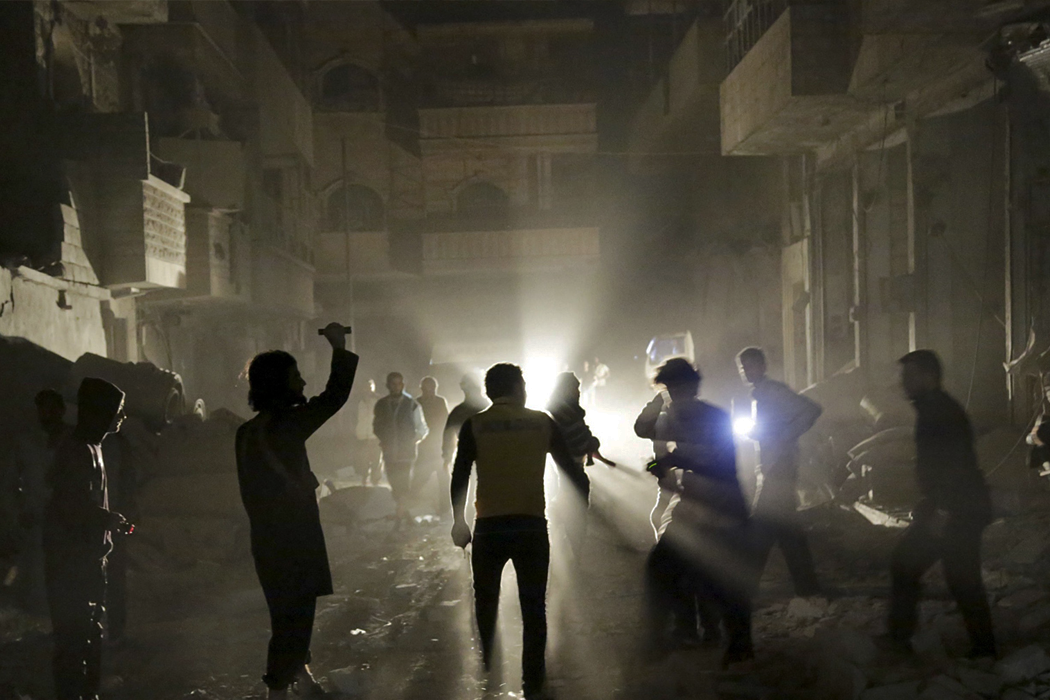
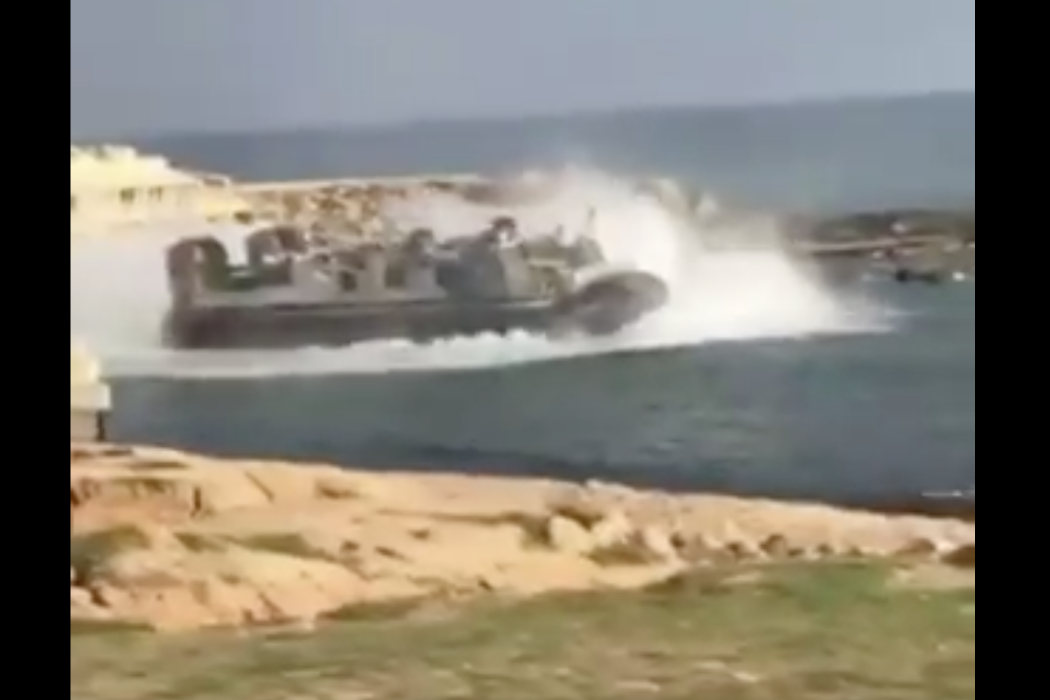
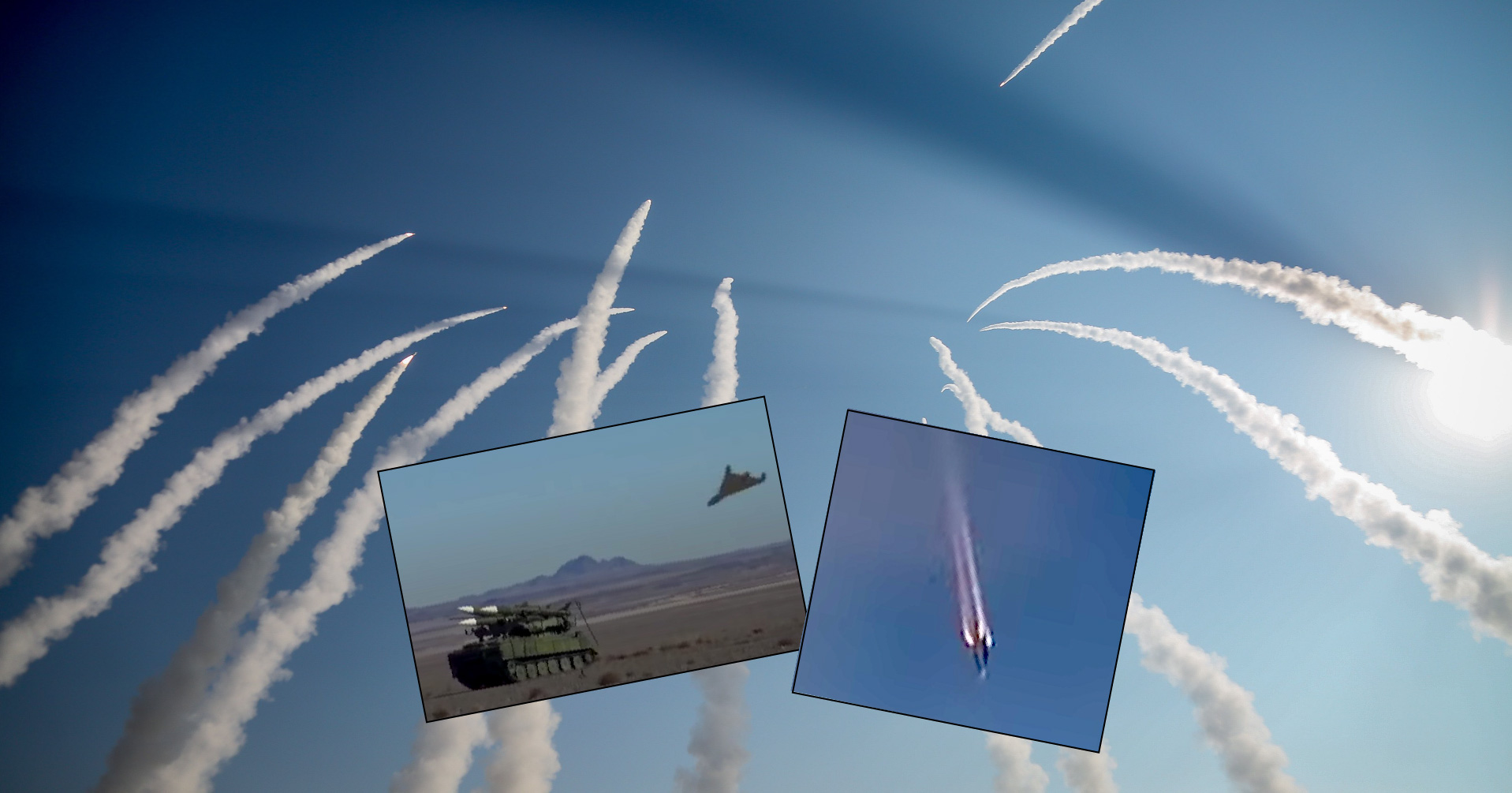
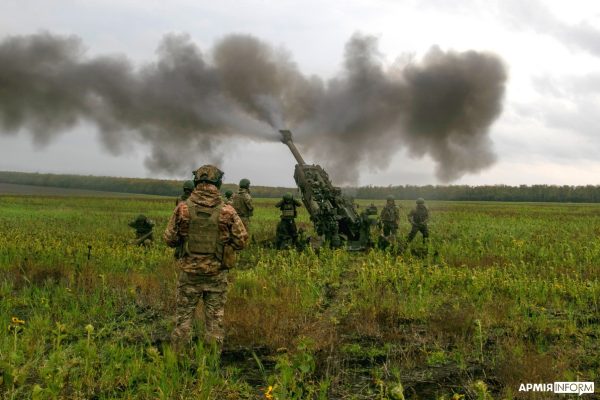

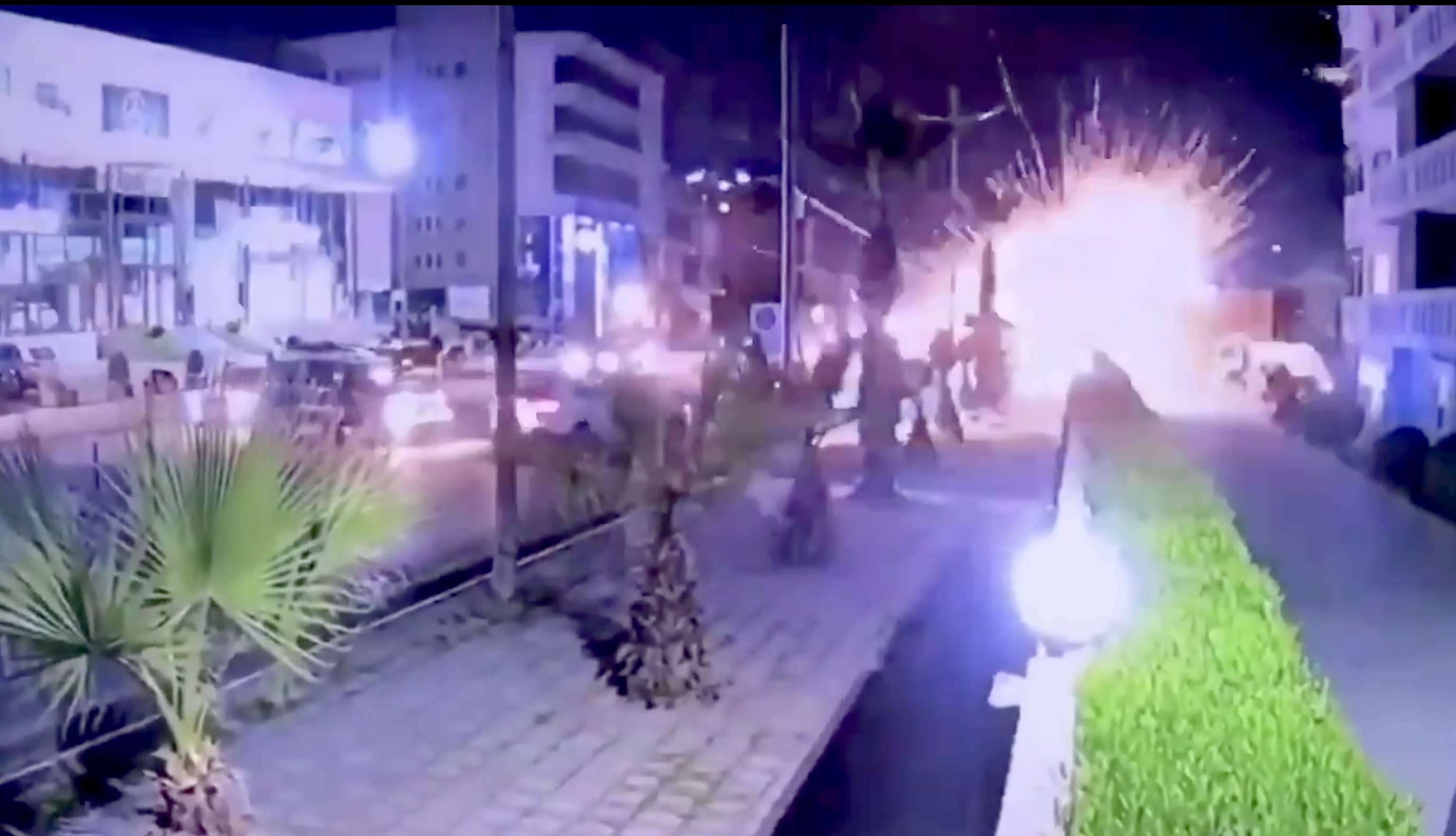
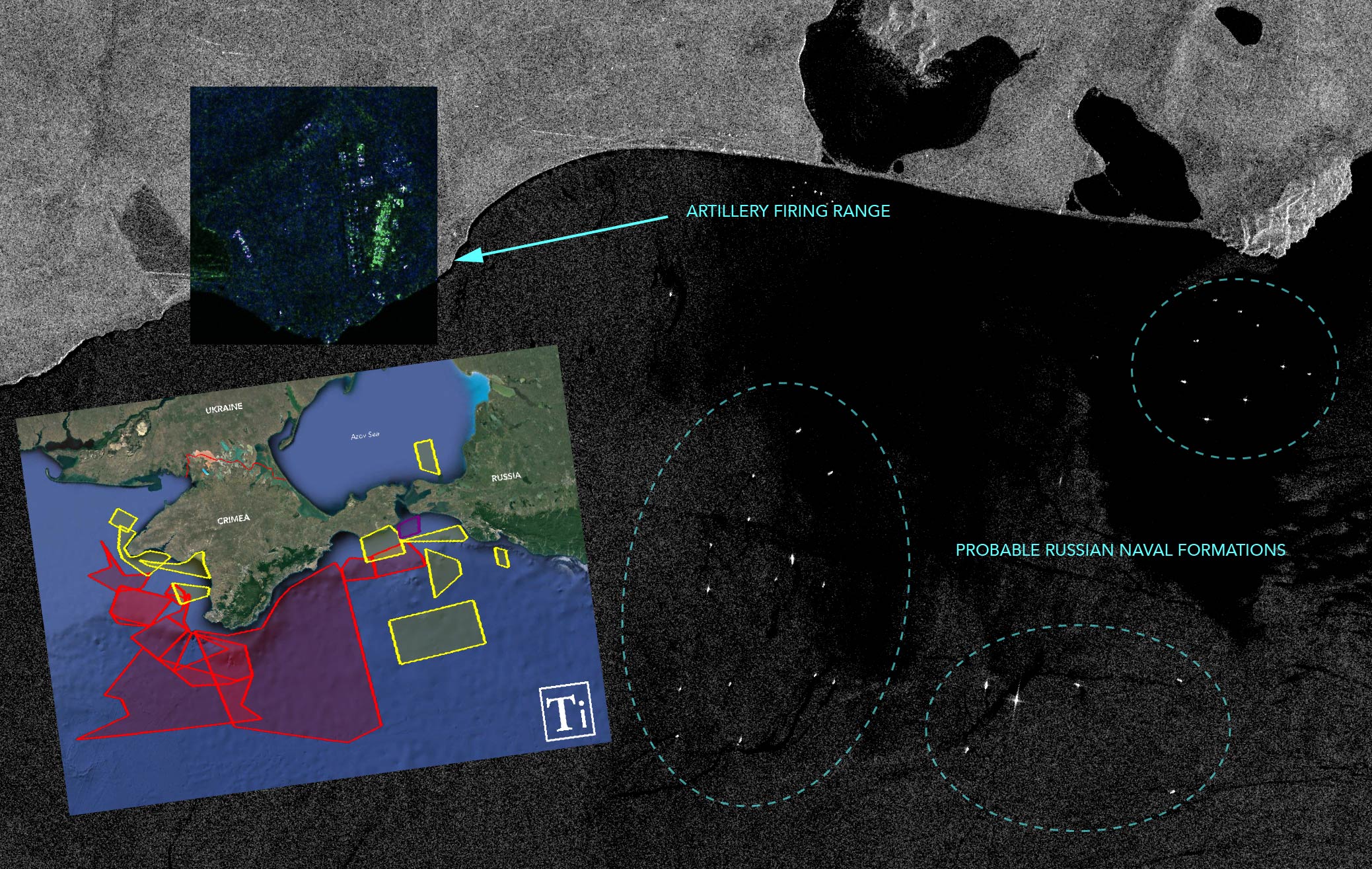
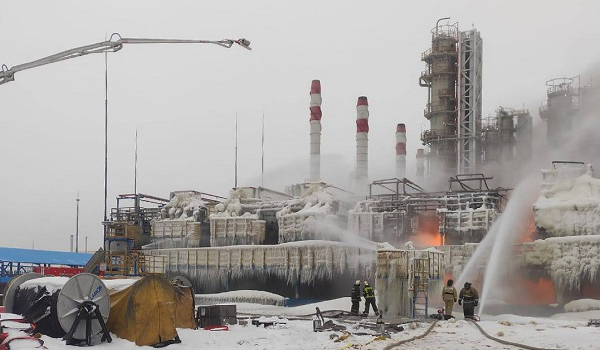
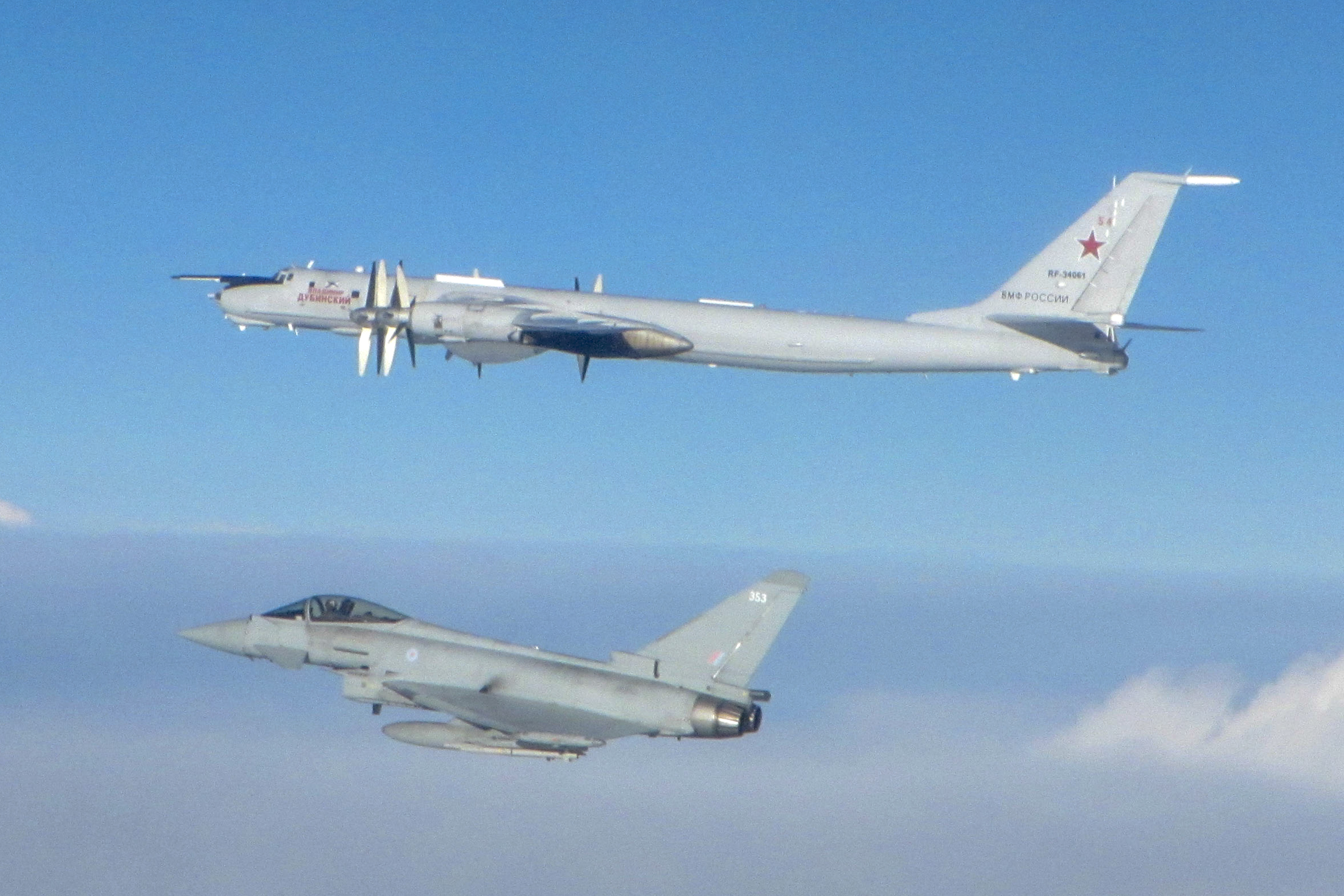
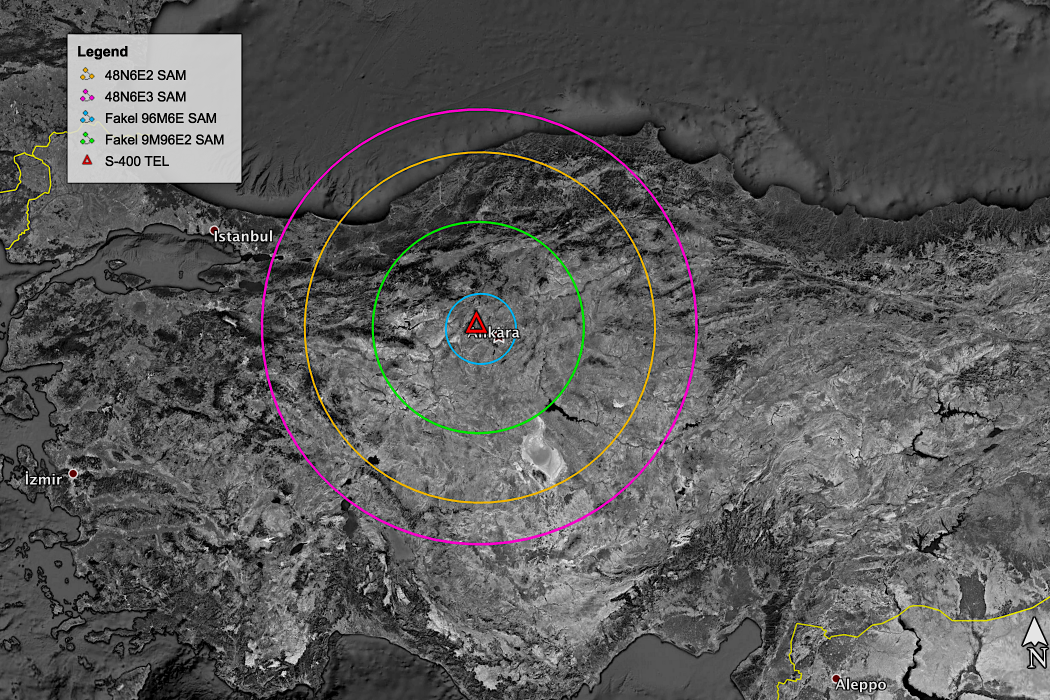
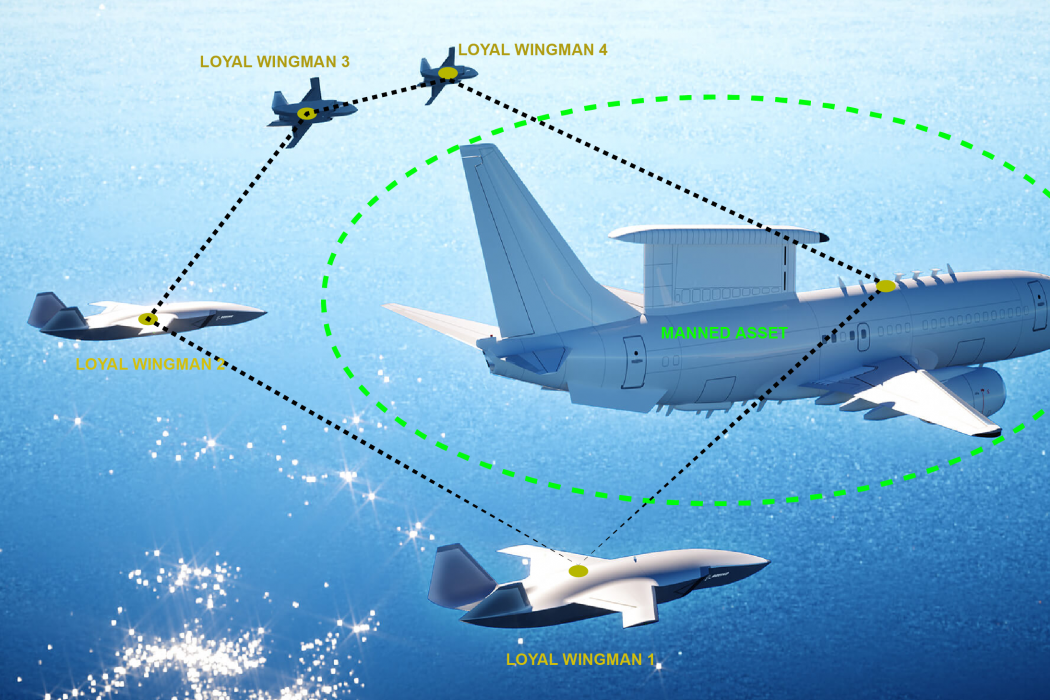
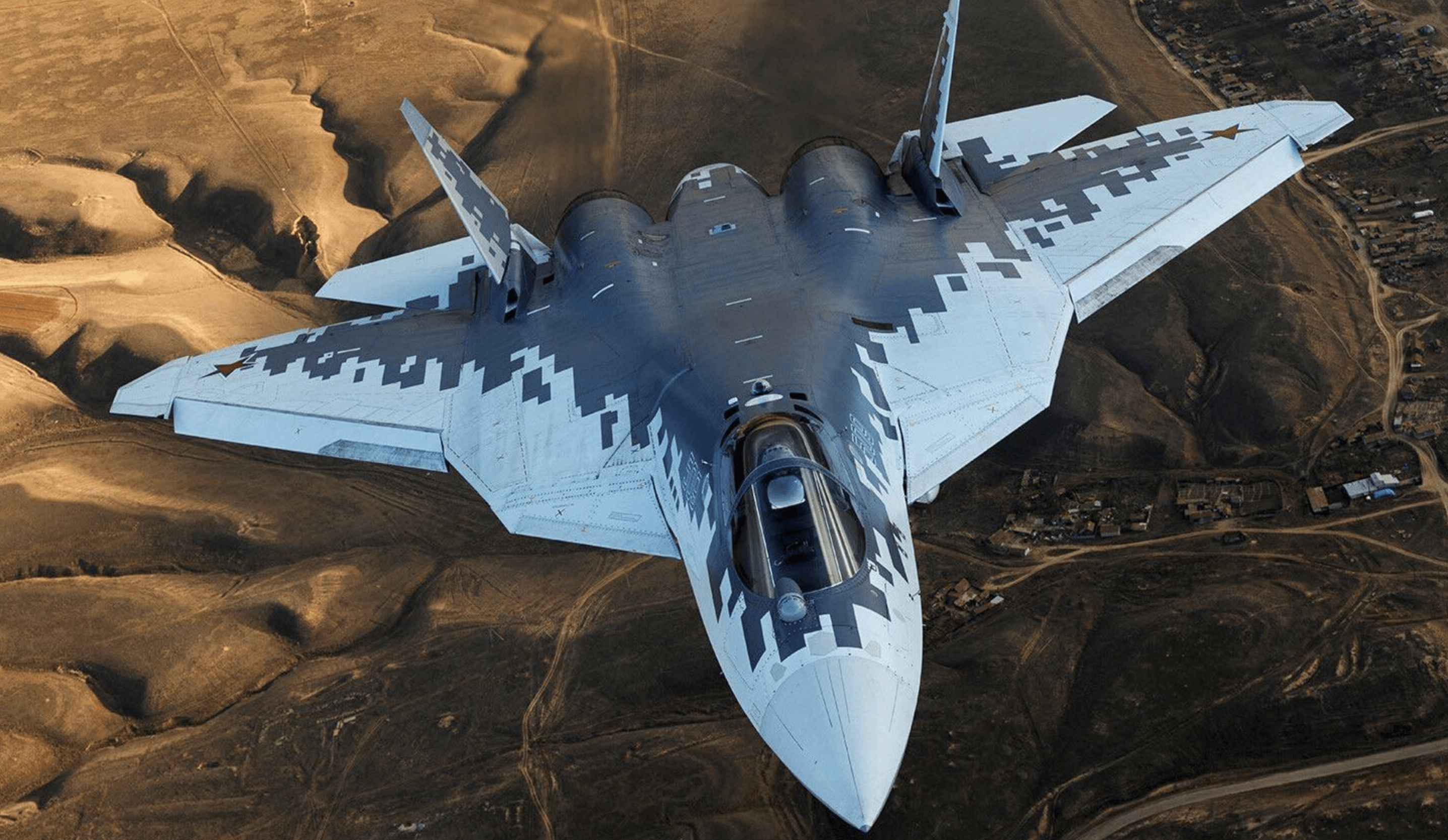
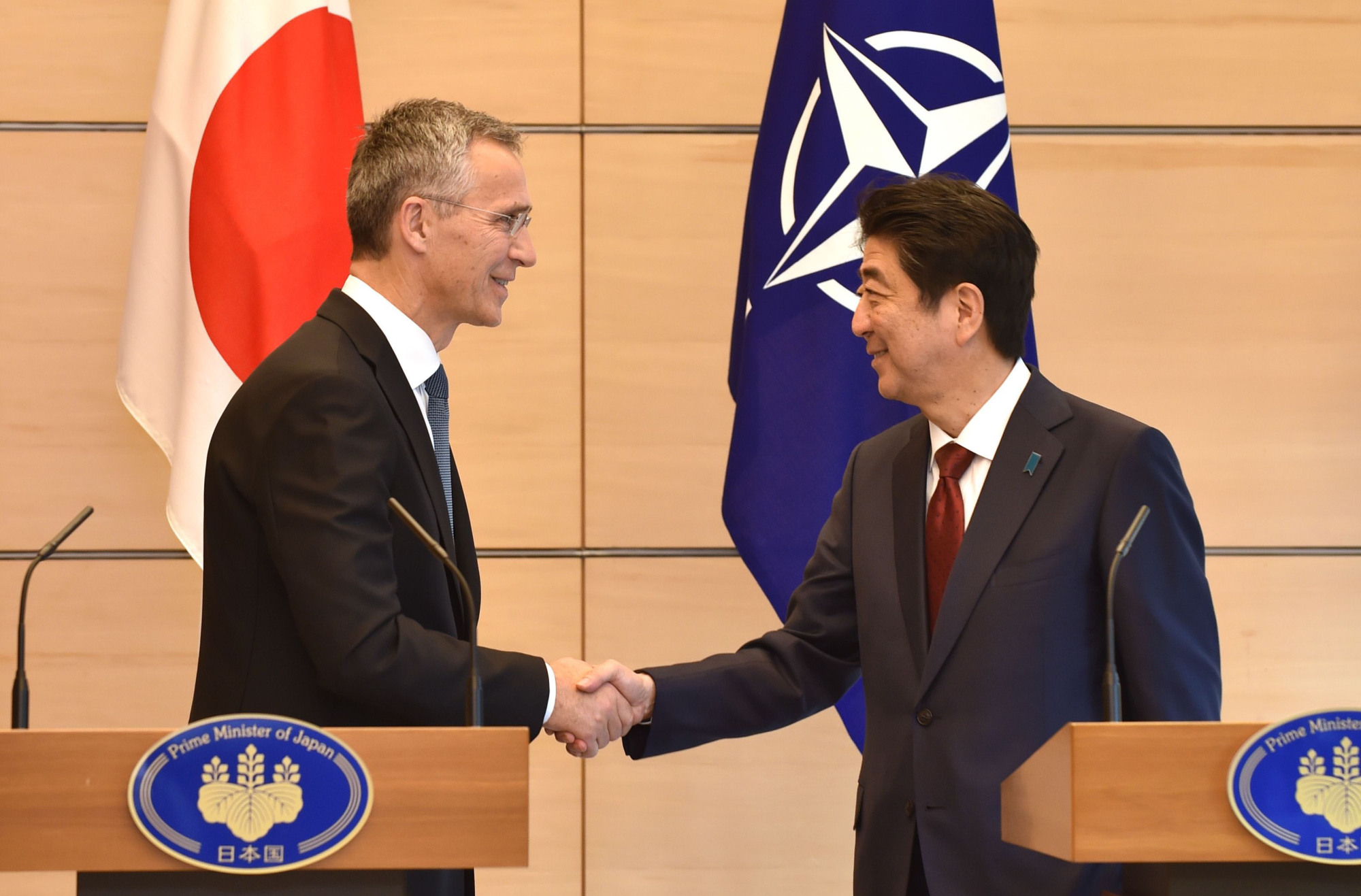
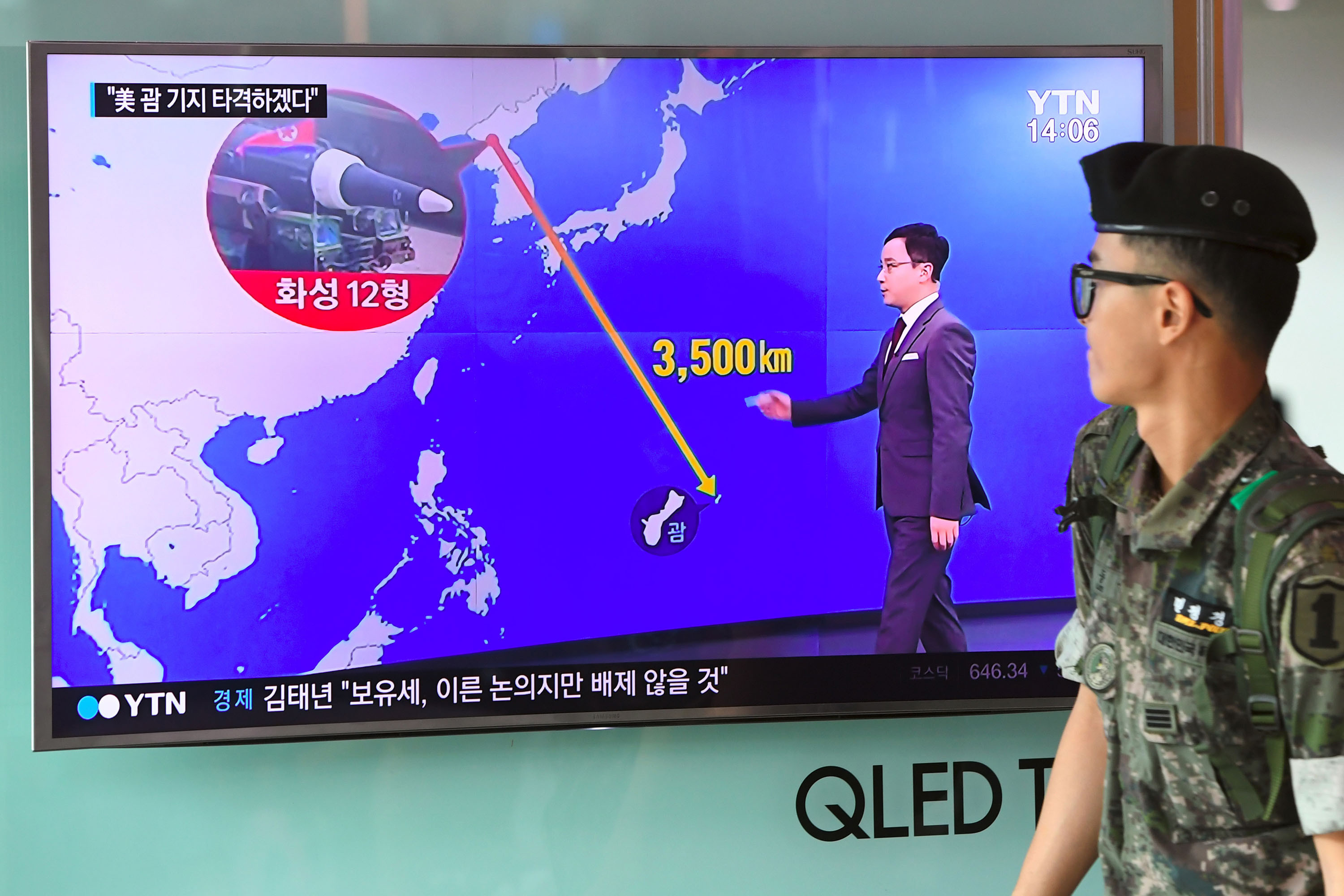
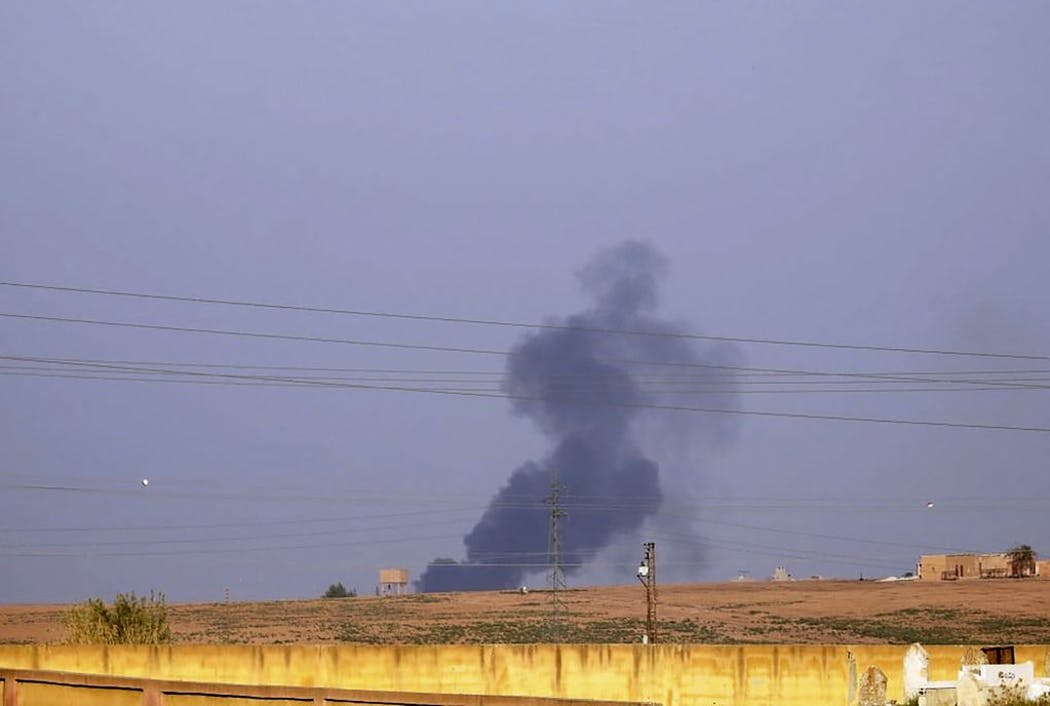

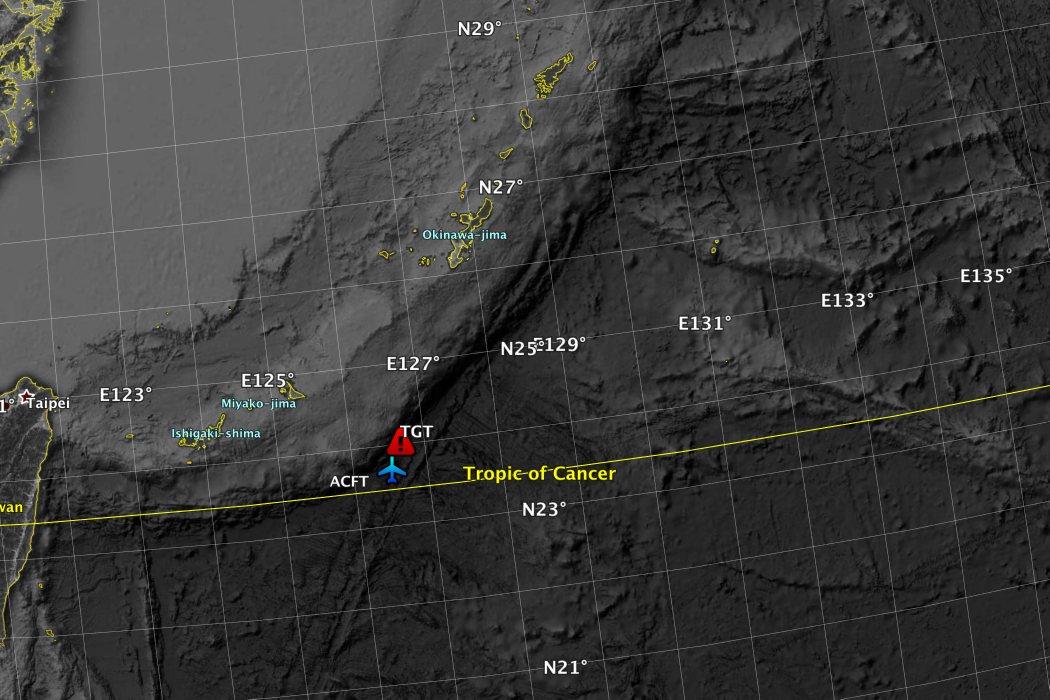
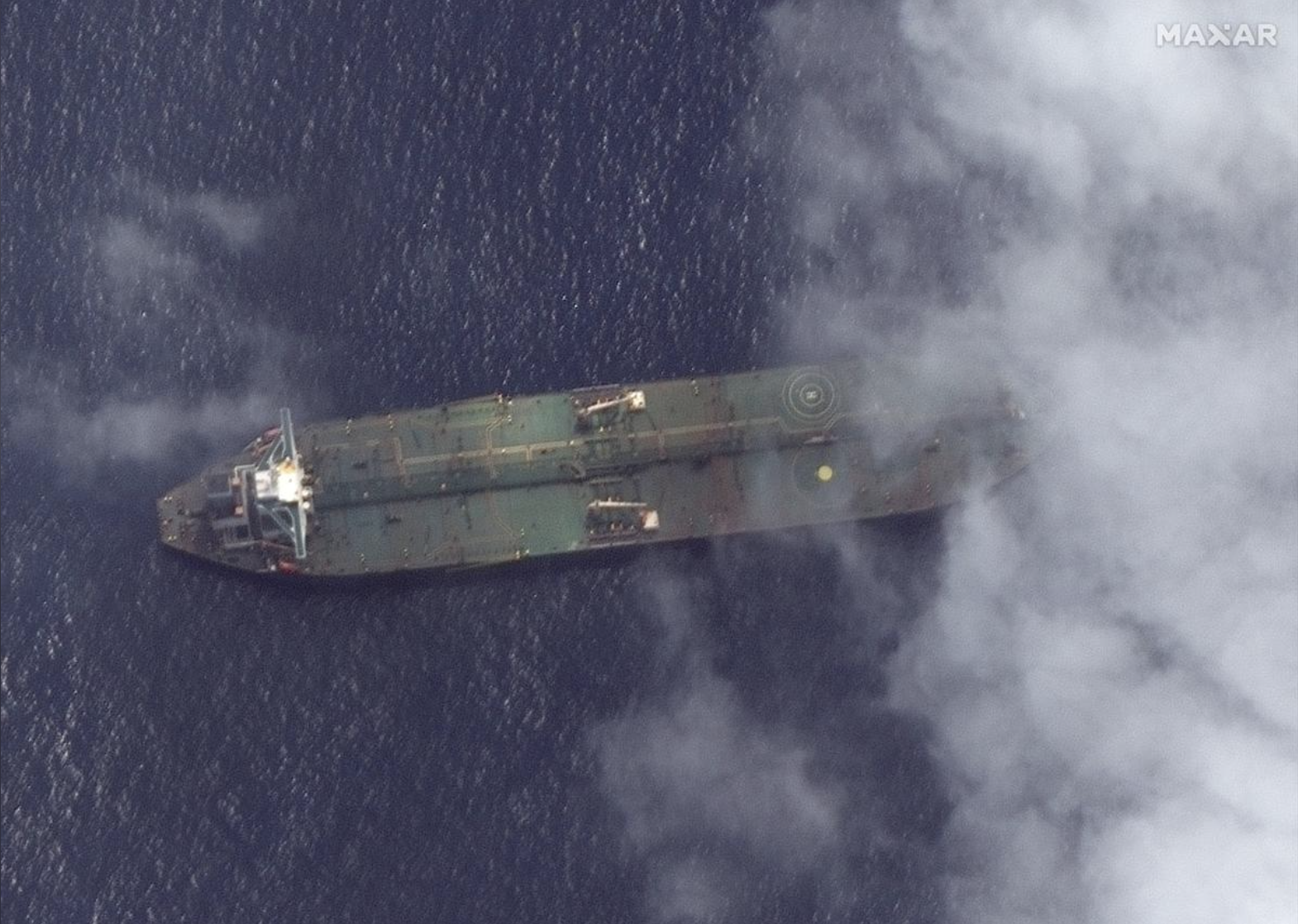
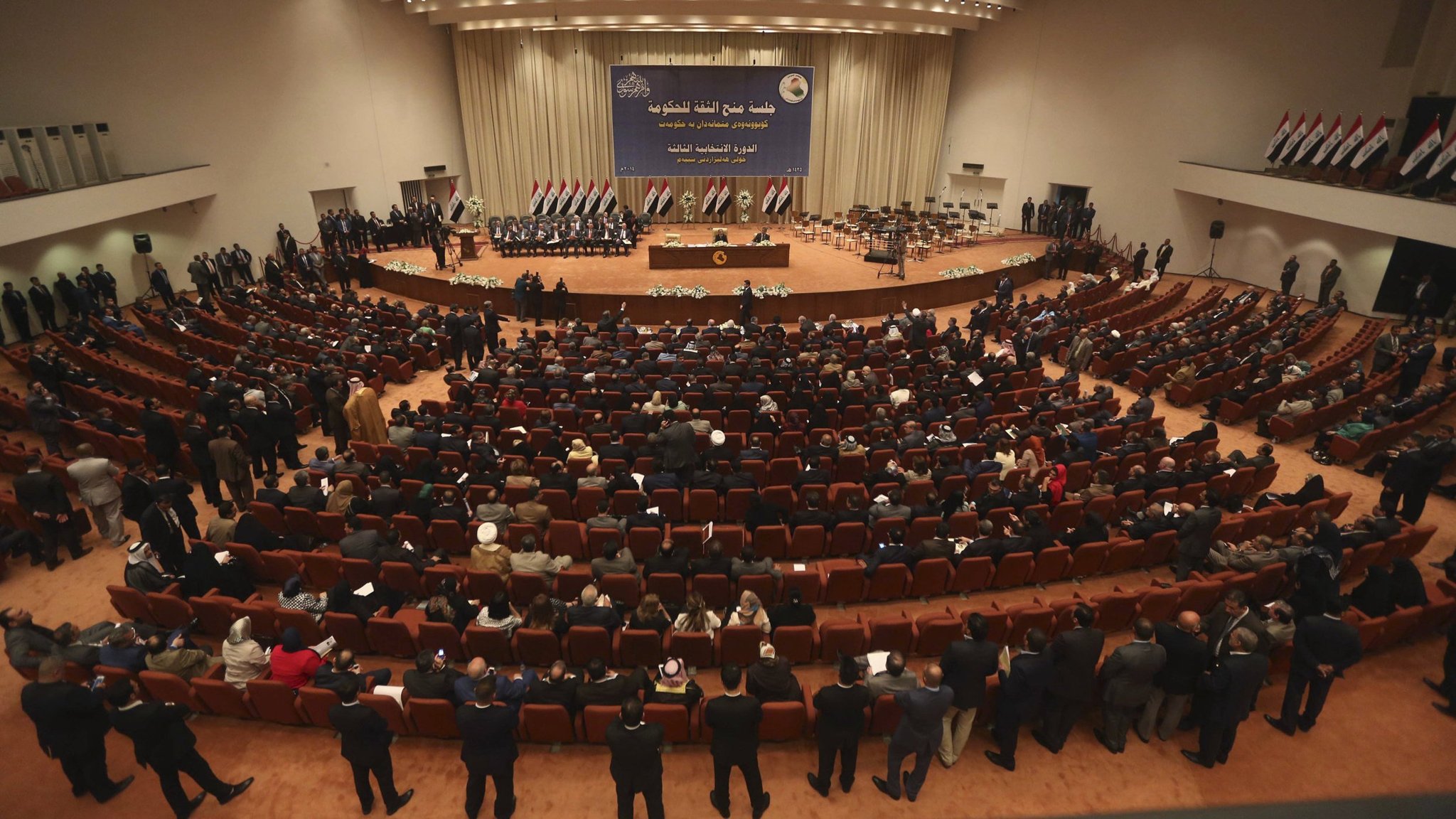
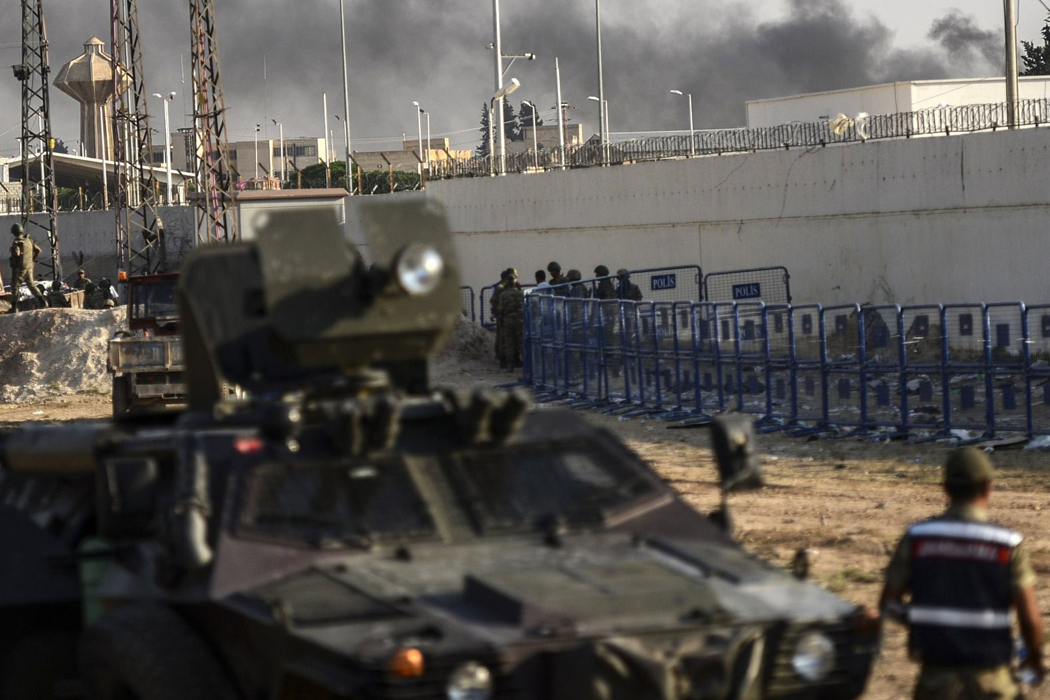
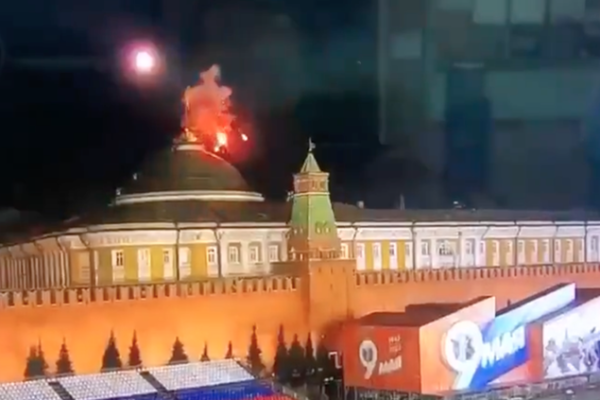

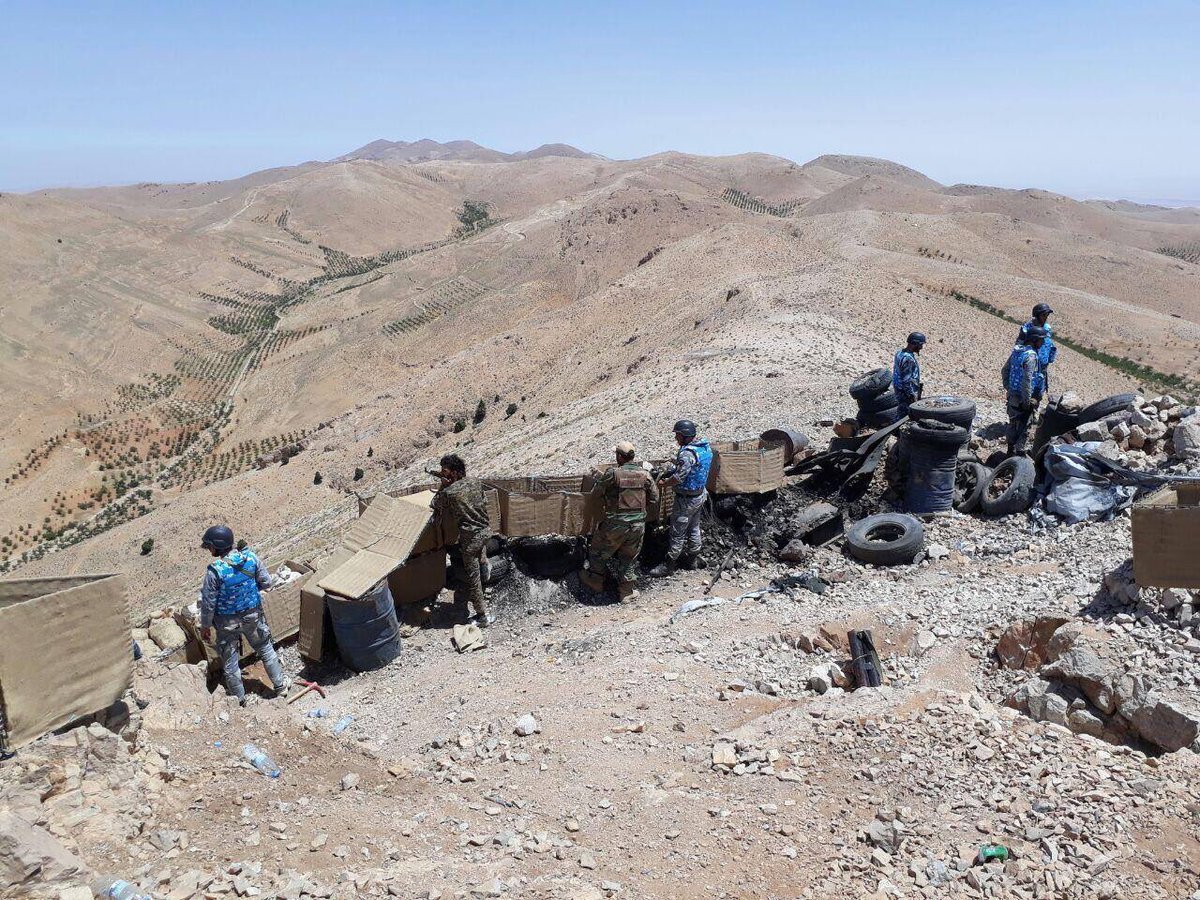
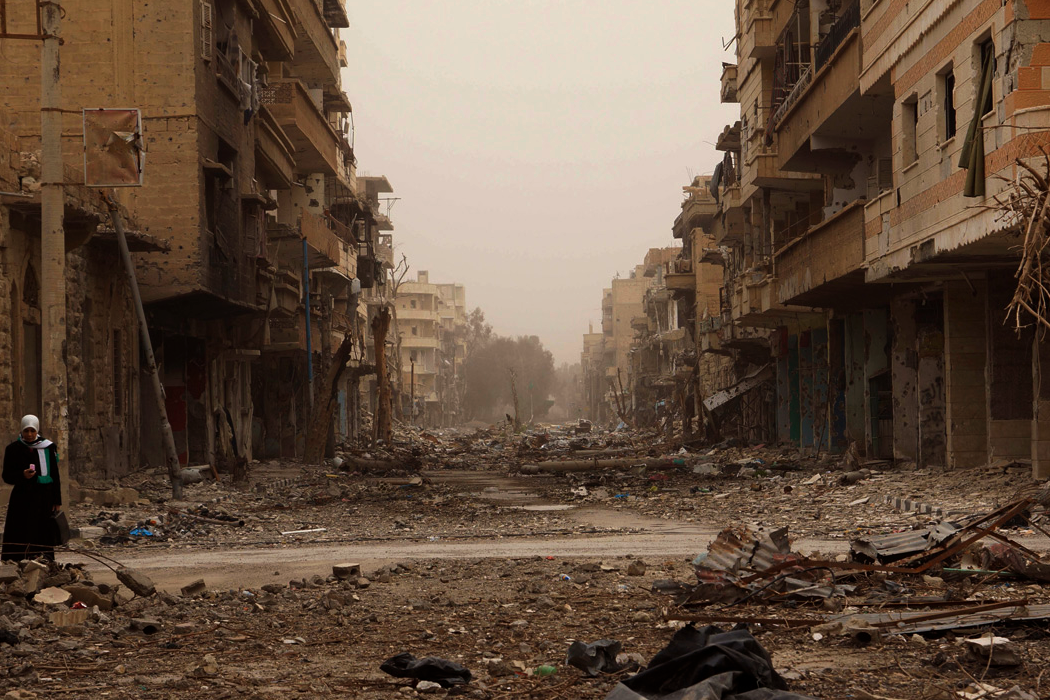

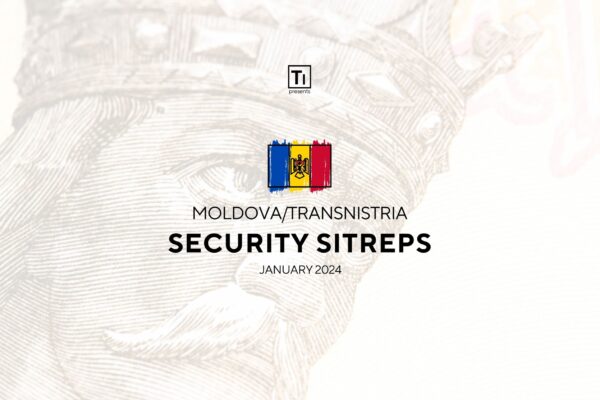

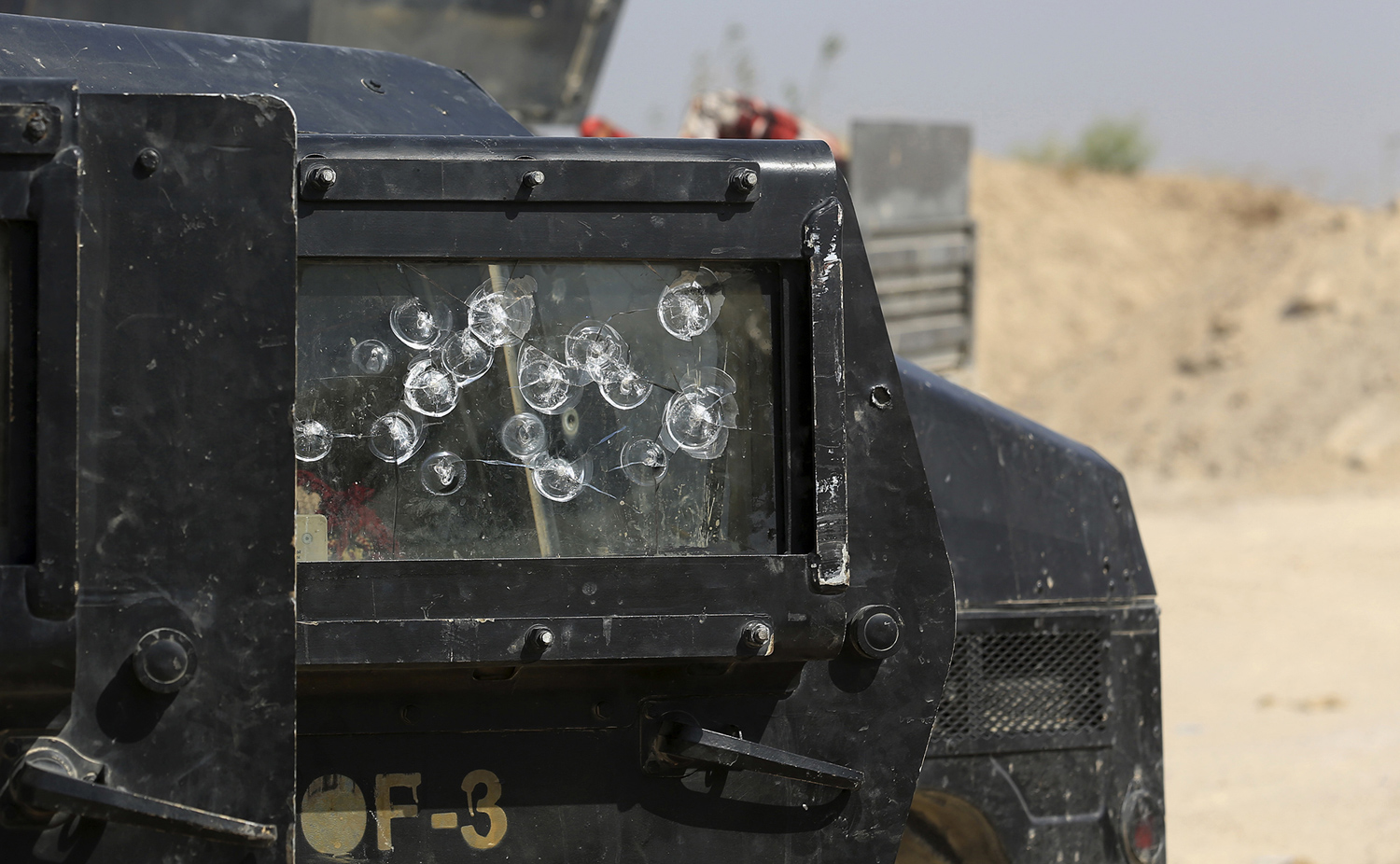
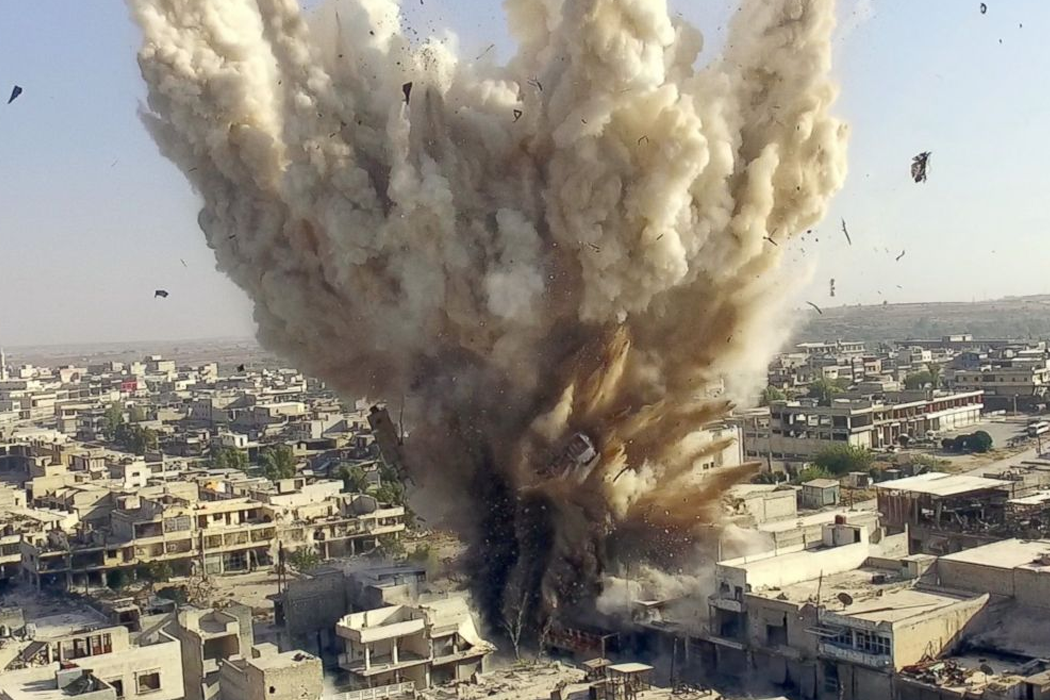
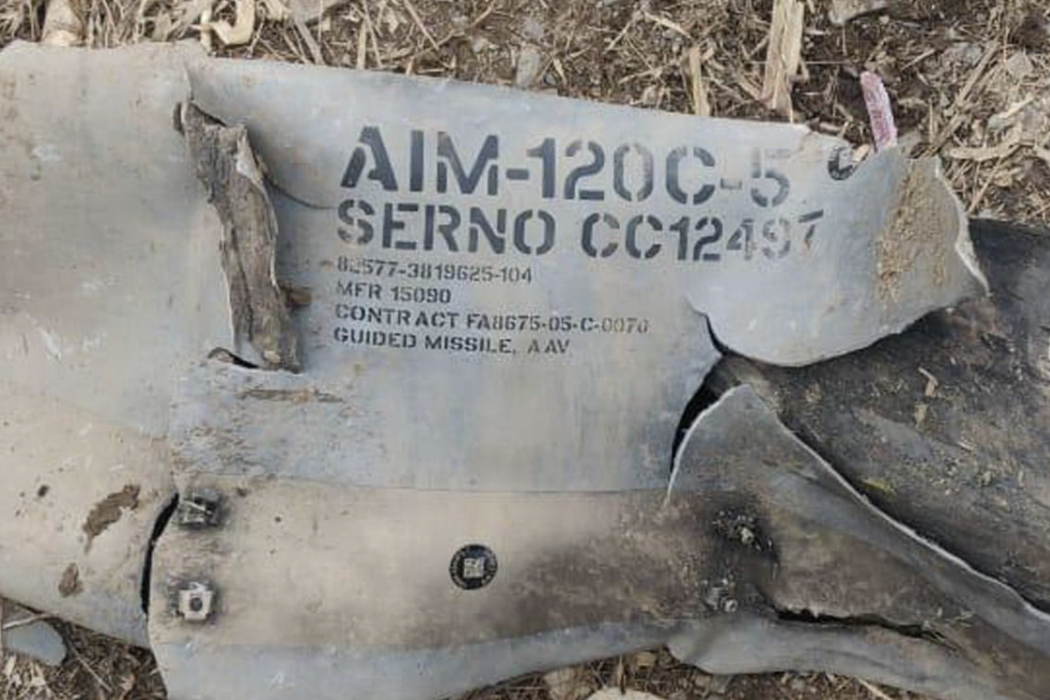
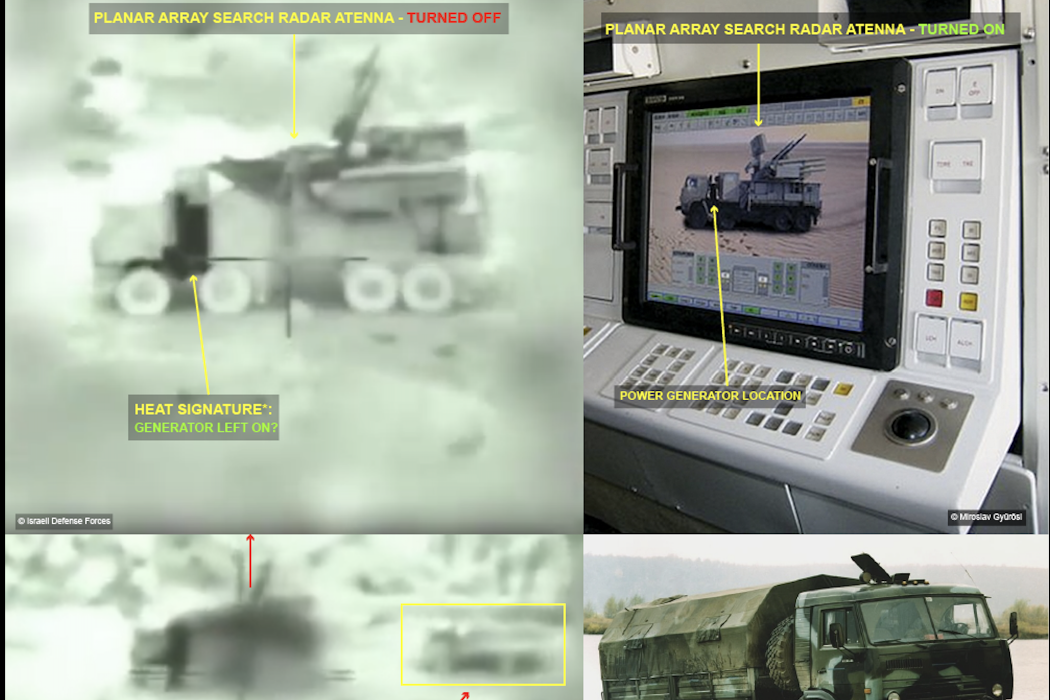
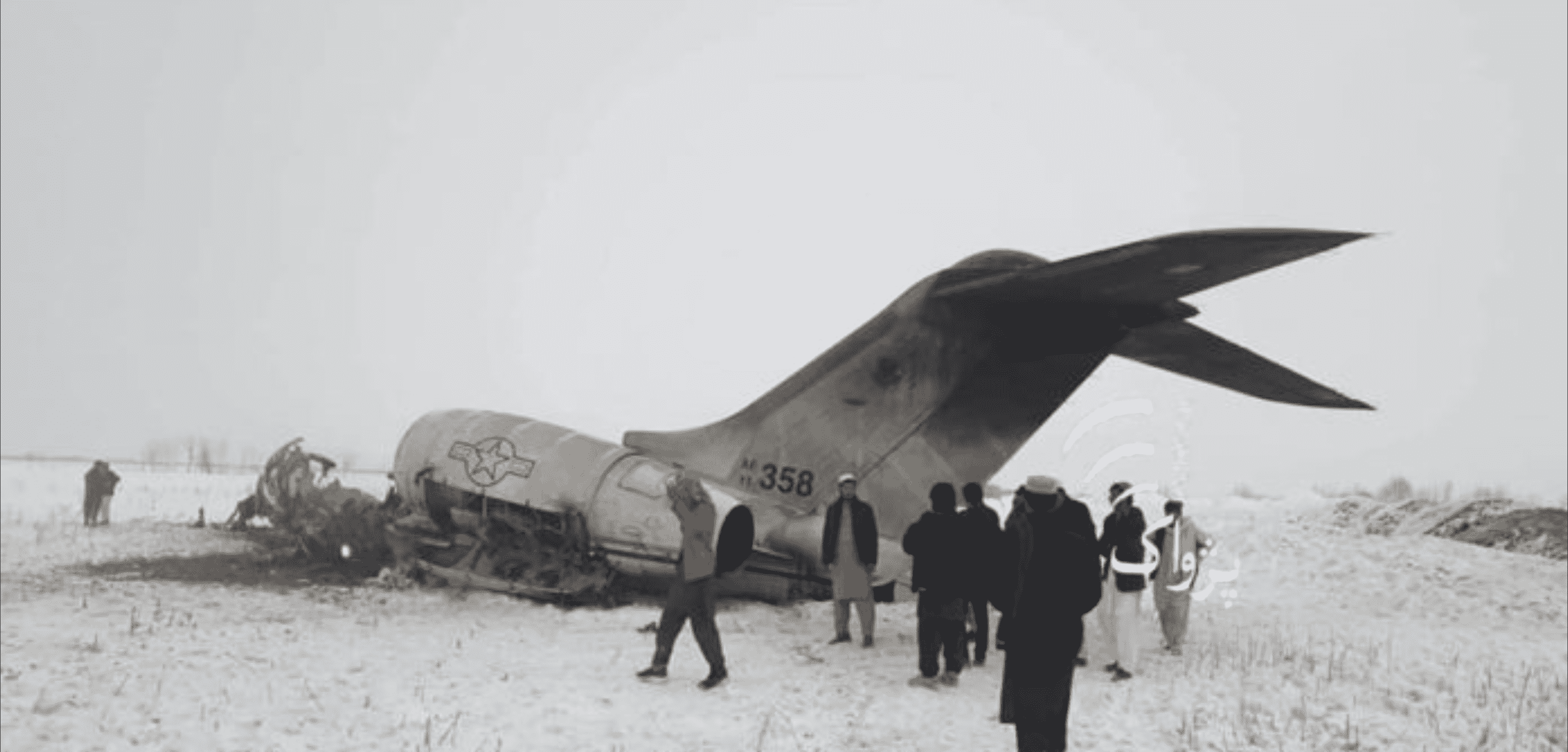
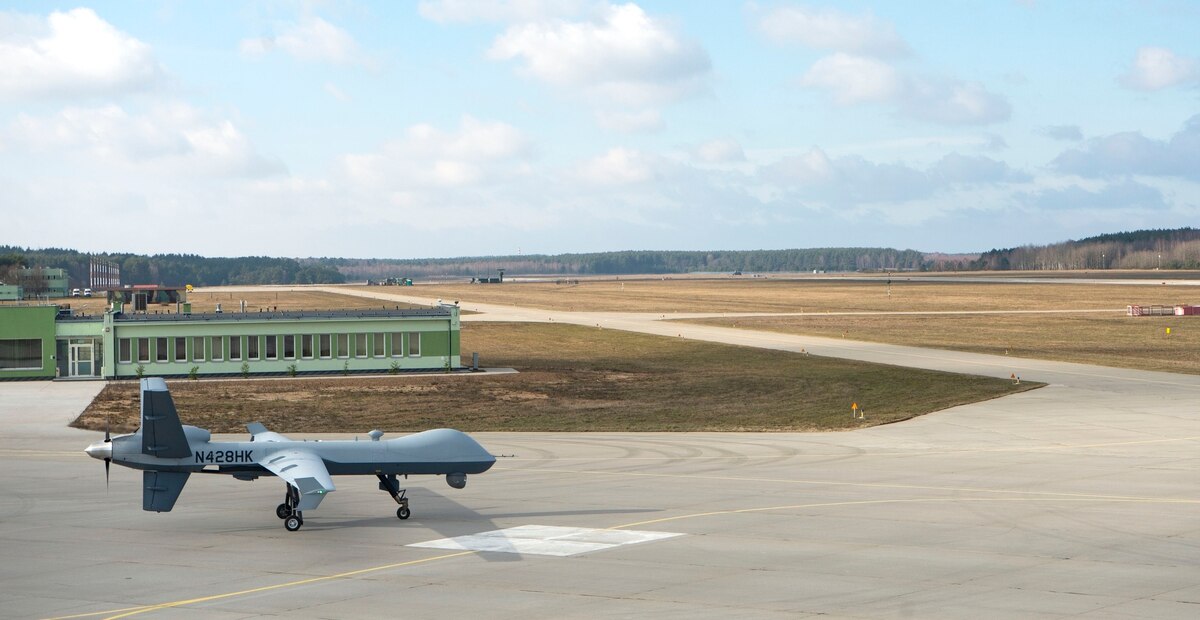
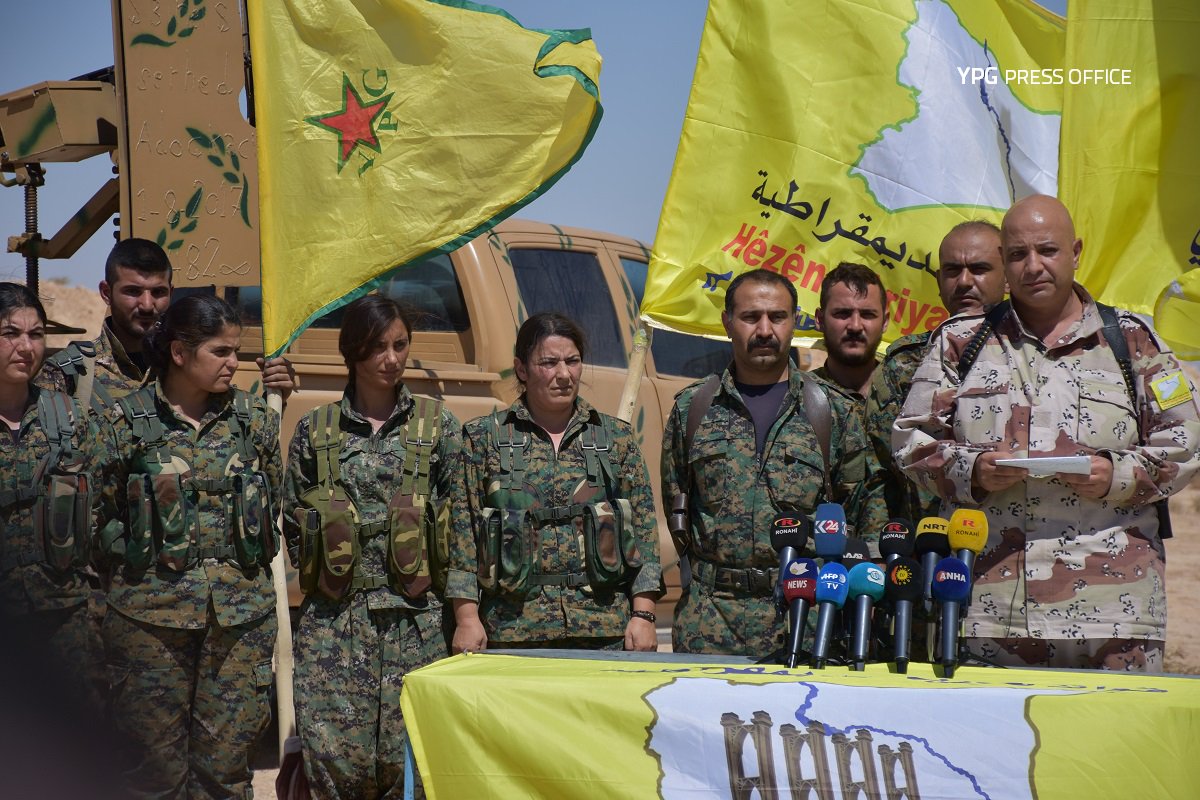

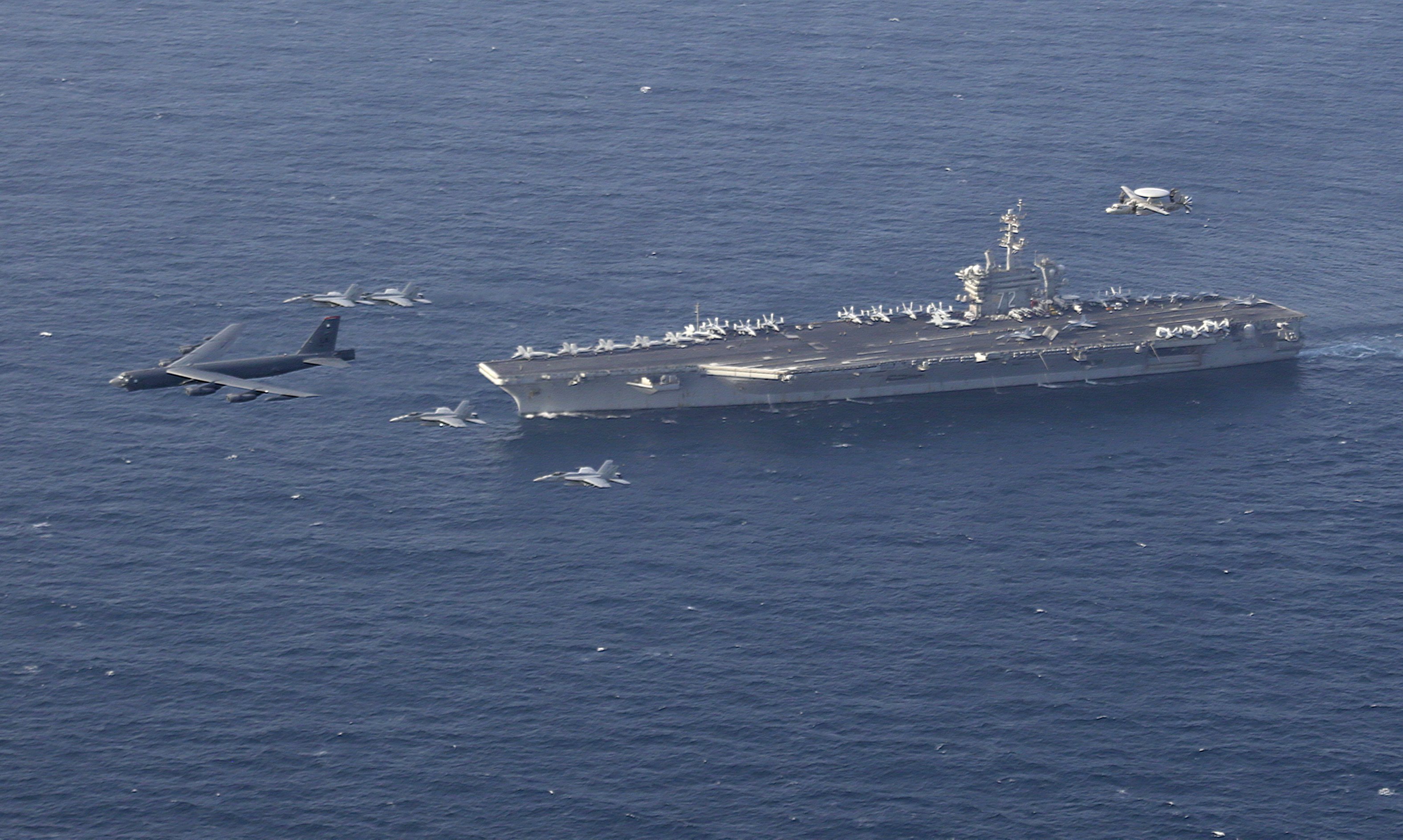
![This is How Iran Bombed Saudi Arabia [PRELIMINARY ASSESSMENT]](https://t-intell.com/wp-content/uploads/2019/09/map4cover-01-compressor.png)
![Pride of Belarus: Baranovichi 61st Fighter Air Base [GEOINT]](https://t-intell.com/wp-content/uploads/2021/08/cover_article.jpg)
